[Computer-assisted
Translation // Excerpt]
As I sat down to write this report, I remembered
an old industry joke: there is no art in playing when the instrument
is in tune. I added something of my own: there is an
art in playing when nothing is in tune.
A concert took place in Zabrze on Saturday, 22
November, a concert that had a good chance to be one of the
most significant artistic events in Poland. It was not that
until the end.
José Cura, returning to Poland after a long absence,
arrived onstage in the Domu Muzyki i Tańca in Zabrze showing
great artistic form. The concert began with the prologue
from Leoncavallo’s Pagliacci. Cura entered
the hall through the auditorium, greeting the audience, shaking
hands, bowing, all while singing this difficult number.
By the end he had managed to make it to the stage, where he
greeted all with great affection, enthusiastically shouting
in Polish, "Dobry wieczór Polska, dobry
wieczór orkiestra, dobry wieczór maestro” ("Good
evening, Poland, good evening, orchestra, good evening, maestro")
– here he bowed in the direction of the second
conductor who led the orchestra during the arias sung by
José Cura. The Cracow Event Orchestra is an ensemble made
up of young musicians. José Cura described them as TOP
MODELS. Of course the audience bought it immediately,
retuning his affection with thunderous applause.
The young soprano Agnieszka Kozlowska from the
Warsaw Chamber Opera and tenor Boguslaw Morka were Cura’s guests.
A bravura performance of “E lucevan le stelle” from Tosca
triggered another storm of applause but it is worth noting here
the involvement of José Cura in conducting. Watching him
lead
the group
I had the impression that the tenor flowed with
them in the beauty of the music. In fact, Cura gave more
of himself as a conductor than as a singer, though every time
he stood in front of a microphone he confirmed his great vocal
state. During the second half of the concert he sang several
arias and songs while simultaneously conducting the orchestra.
At some point, the audience developed the impression
that Cura was treating the concert quite informally. Every
now and then I noted a change in the order of the numbers but
Maestro joked with the audience and the atmosphere remained
relaxed; however, it raised concerns that the concert was not
quite polished. This was confirmed at the end of the first
half, when Cura wanted to conduct the next aria and called Boguslawa
Morke to the stage only to find that the orchestra did not have
the music on their stands. Cura fixed a smile on his face
and said, “We have a small logistical problem.” When someone
from the orchestra told him there was a planned break at that
point Cura jokingly took his baton in hand and pointed toward
the door. In this way he invited the audience to intermission.
The second half of the program included Neapolitan
and Spanish songs. What happened after the intermission,
however, confirmed the conjectures in the auditorium.
Cura returned to the stage appearing somewhat uneasy and immediately
began conducting the next number.
When Agnieszka Kozlowska arrived
to start the subsequent aria, José Cura stepped from the podium
to ask her to translate his words. In English, he said
that the audience might think that the artists on stage did
not know what they doing, because they were constantly changing
the order of the arias and rearranging the sheet music. He wanted
the critics to understand that the organizers were responsible
because they had not provided the
partitures
on time so that it had been impossible to properly prepare for
the concert. Naturally, this sincere confession won over the
audience, who offered thunderous applause to the artists who
were doing their best to save the concert.
The atmosphere cleared, one could tell immediately
in the way the orchestra was conducted. Cura began to
joke again and to flirt with the concert mistress as well as
the first violinist, causing the audience to laugh.
The concert ended, although it could have been
better and with the high ticket prices (145-299 PLN) the audience
expected much more than they received. In spite of everything
it was a high-end concert thanks to José Cura’s great sense
of humor and his strong will which, along with the orchestra
and the soloists, saved the concert.
The program was rich and diverse: first
were well-known fragments of operas like the “Libiamo” from
Giuseppe Verdi’s La traviata, the Aria of Cavaradossi
from Giacomo Puccini’s Tosca and "Je veux vivre"
from Charles Gounod's Romeo et Juliette; after
that came famous operetta songs such as “Meine Lippen sie küssen
so heiss" from Franz Lehar's Giuditta and Neapolitan
and Latin favorites including, among others, “O sole mio”, “Besame
mucho”, “Amigos para siempre” and “La spagnola”.
The orchestra also played the overture to Verdi’s
opera La forze del destino and “Tangazo” by Astor
Piazzola. According to Cura, this was the Polish premiere
of the symphonic version of Piazzola’s work. The concert
ended with a long standing ovation that made clear the audience
did not want the artists to leave the stage and providing evidence
that they had saved this beautiful event, in spite of the organizational
problems.
The main concern was the nonchalance and lack
of competence of the organizers. It is, however, necessary
to mention that the promoter was MONOLIT, a company that has
extensive experience in coordinating such events.
We saw a half-empty auditorium and yet with good
advertising a name like José Cura—one of the best singers in
the world and easily compared to Domingo or Carreras—should
easily have filled the Domu Muzyki i Tańca in Zabrze.
Equally as embarrassing was the fact that Cura’s microphone
had to be replaced just before the encore. Was it really
a problem to replace old batteries with new ones before the
concerts? Many oversights such as this threw a shadow
over an otherwise delightful concert.
One this is certain: José Cura confirmed
that he is a great artist and succeeded in creating such a relaxed
atmosphere for both orchestra and audience through his personality
that he proved you can be a big star despite difficult circumstances.
But it must be remember that a classical music concert has to
be perfectly planned and implemented. That’s why the organizers
need to be reprimanded for their negligence of simple but important
issues.
Another important fact was that from the beginning
the concert seemed not fully thought through by the organizers.
Originally, it was intended to take place in June at the Forest
Opera in Sopot; however,--as we can read on the Monolit site—it
had to be cancelled due to the fault of the promoter.
It was only through the understanding of José Cura that they
managed to find another time and venue in November.
On Sunday [following the performance] José Cura
added an entry to his official Facebook profile in which he
described the events in Zabrze: “A
very traumatic experience that has ended in a good way thanks
to my nice colleagues, Boguslaw and Agneska, and to the beautiful
and super professional musicians of the orchestra that was put
together for the occasion.... I was supposed to sing [several
other arias including] Nessun dorma also, and I could not sing
them...”due to oversights from the organizers.
As stated in his Facebook post, he had to improvise
the whole concert and was not able to provide the audience with
printed programs—from the beginning that appeared to be strange.
Today we know why it was so.
If an artist of the class of José Cura is treated
like this, it should not be a surprise if some will avoid our
country, not wanting to expose themselves to the risks of embarrassment
or the necessity of interrupting the gig at the last minute—or
during it.
I will be sad to think how this evening by one
of the greatest tenors in the world will be remembered.
It is a great shame for the promoters. Still, to Maestro
José Cura: thank you for this musical feast.
With mixed feeling… Rev. Adrian Nowak

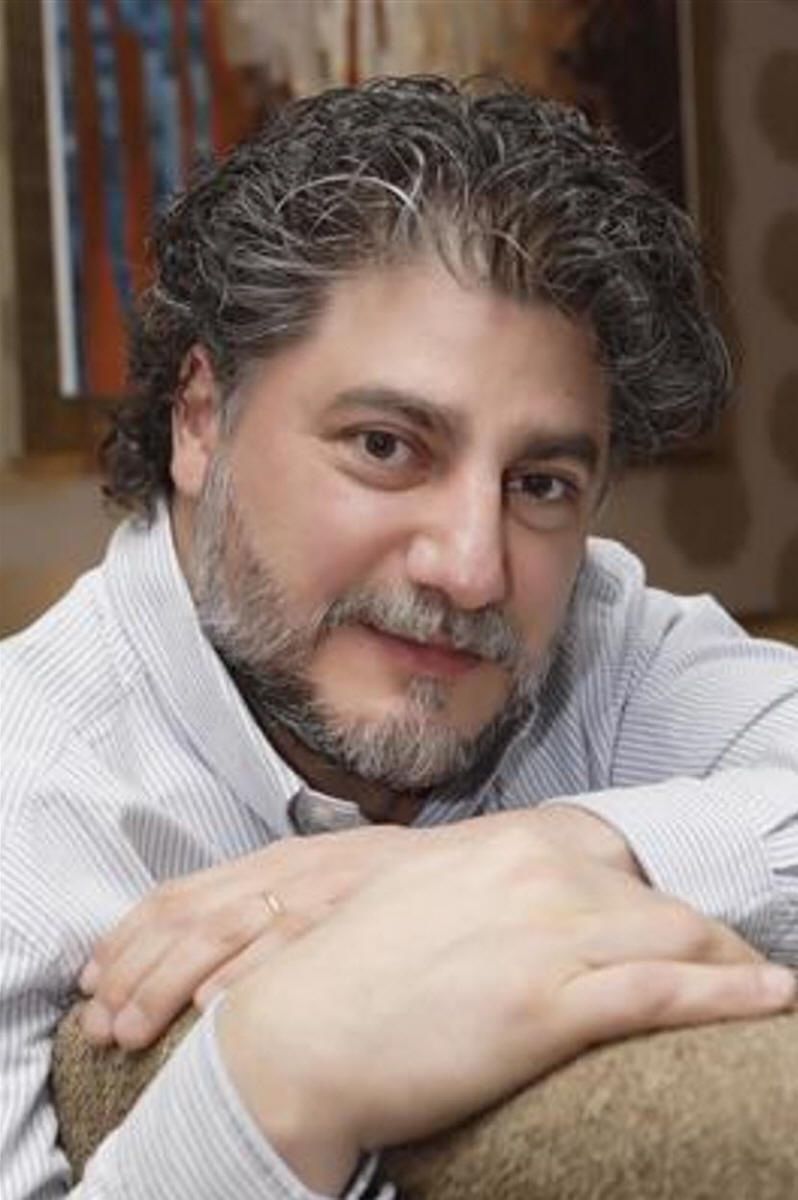
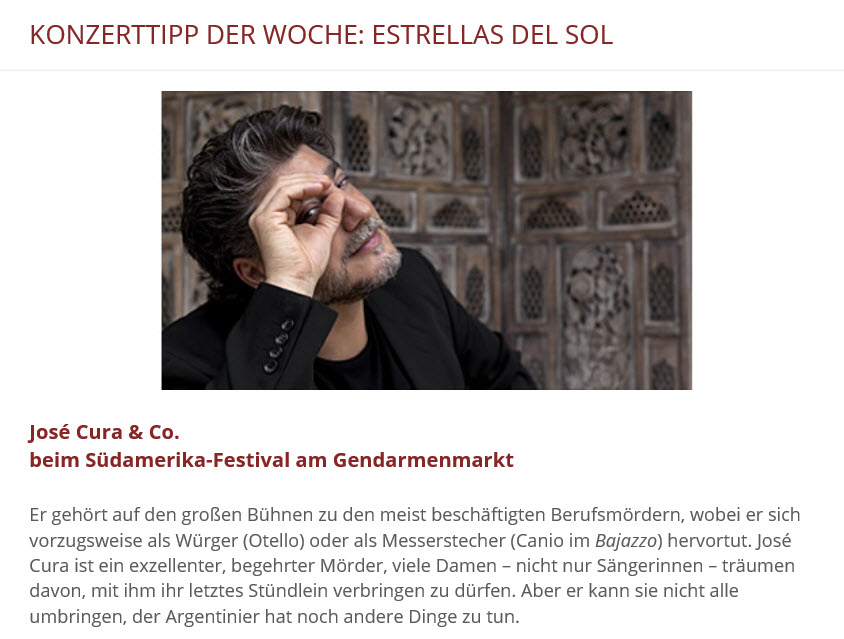
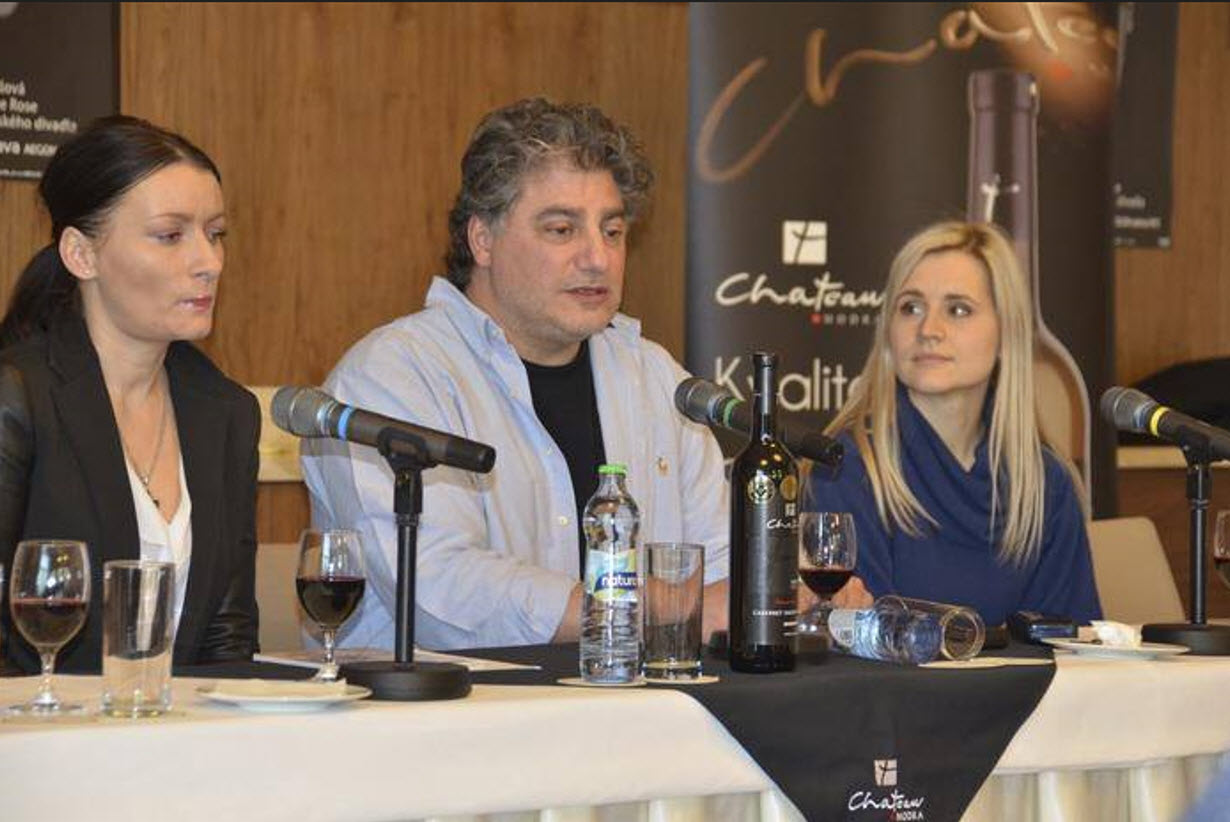
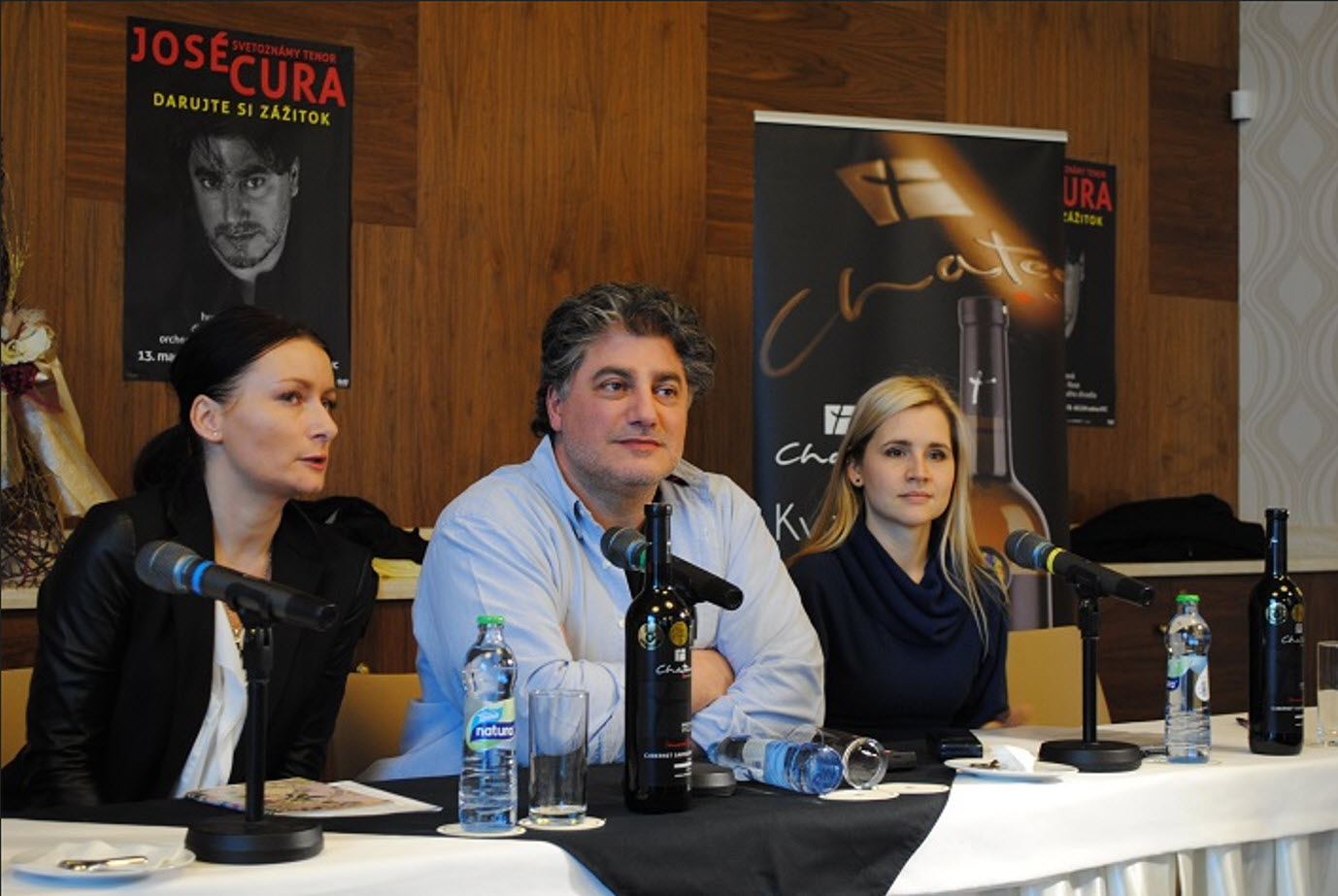

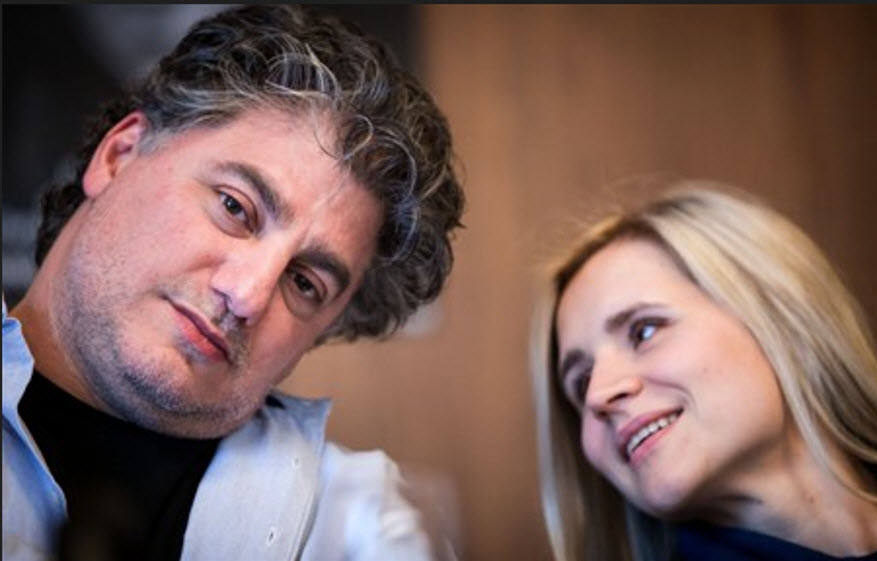
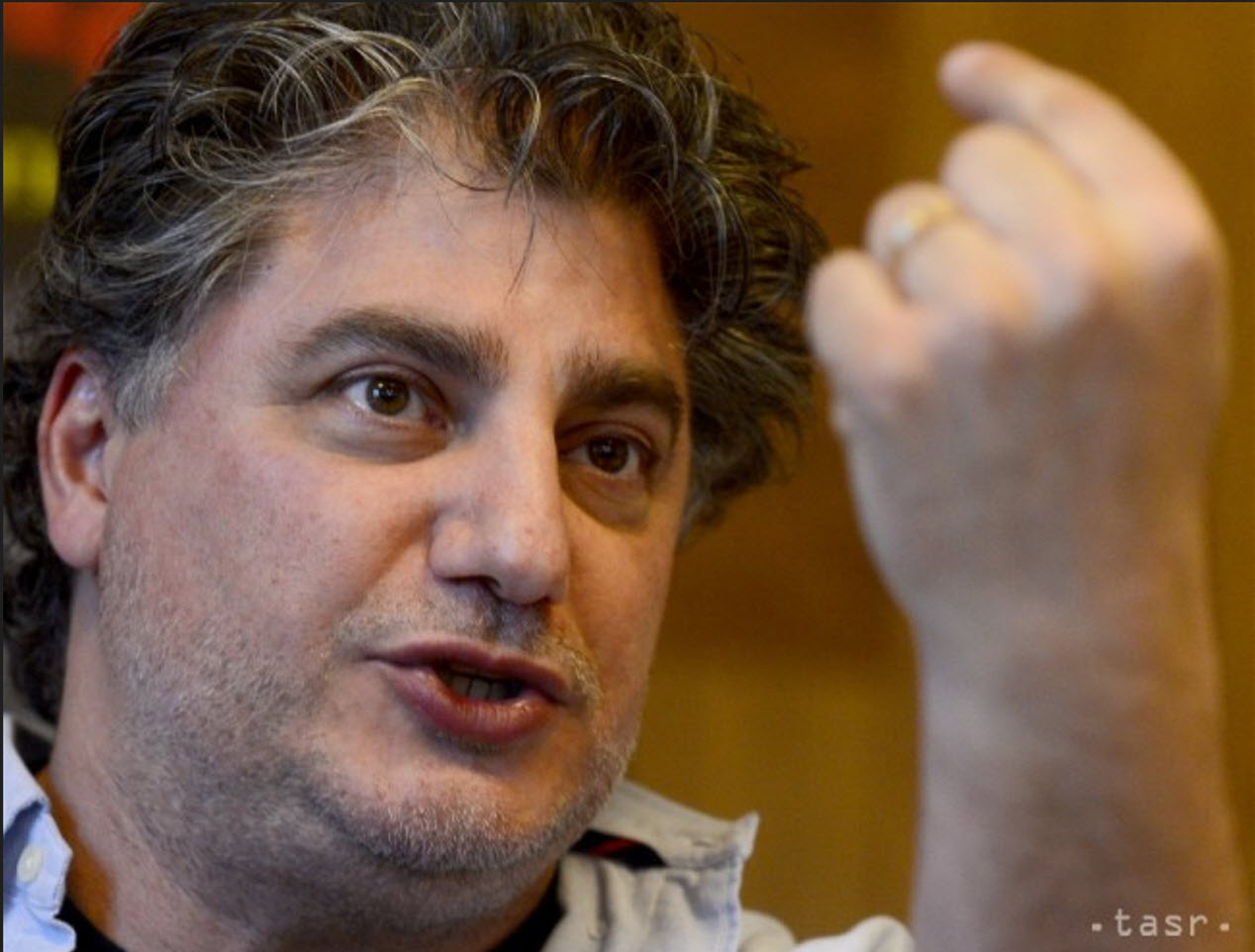
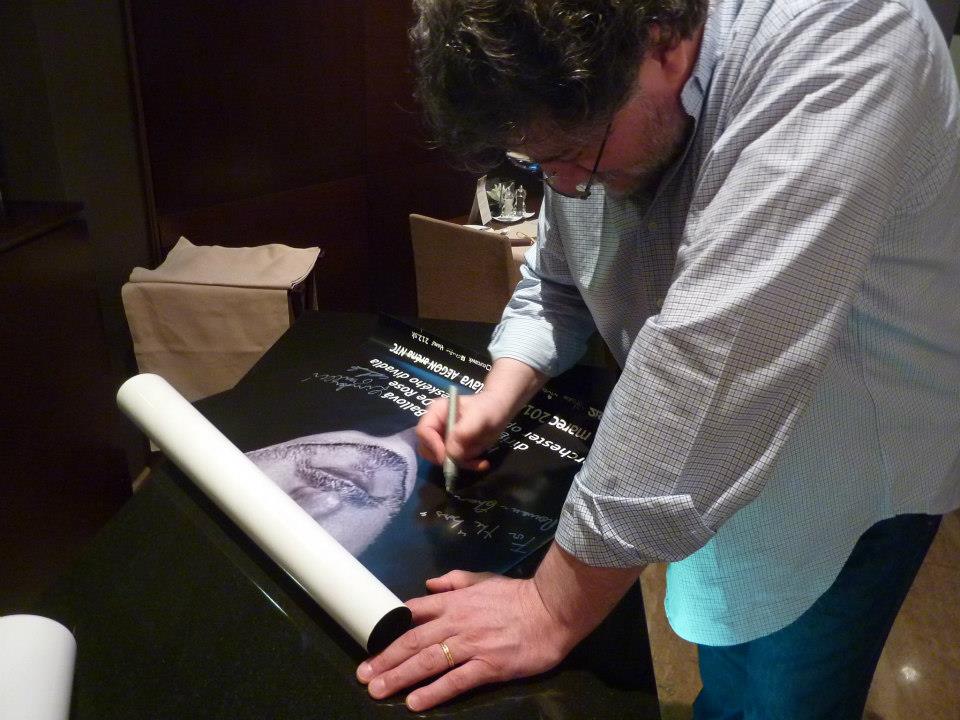



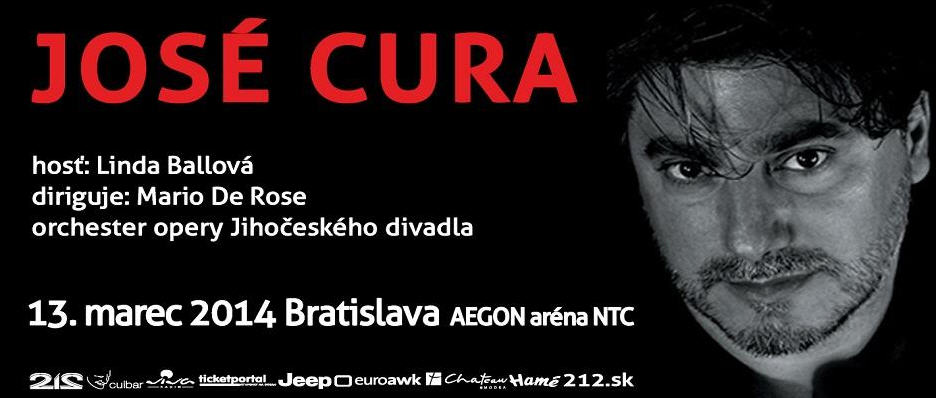

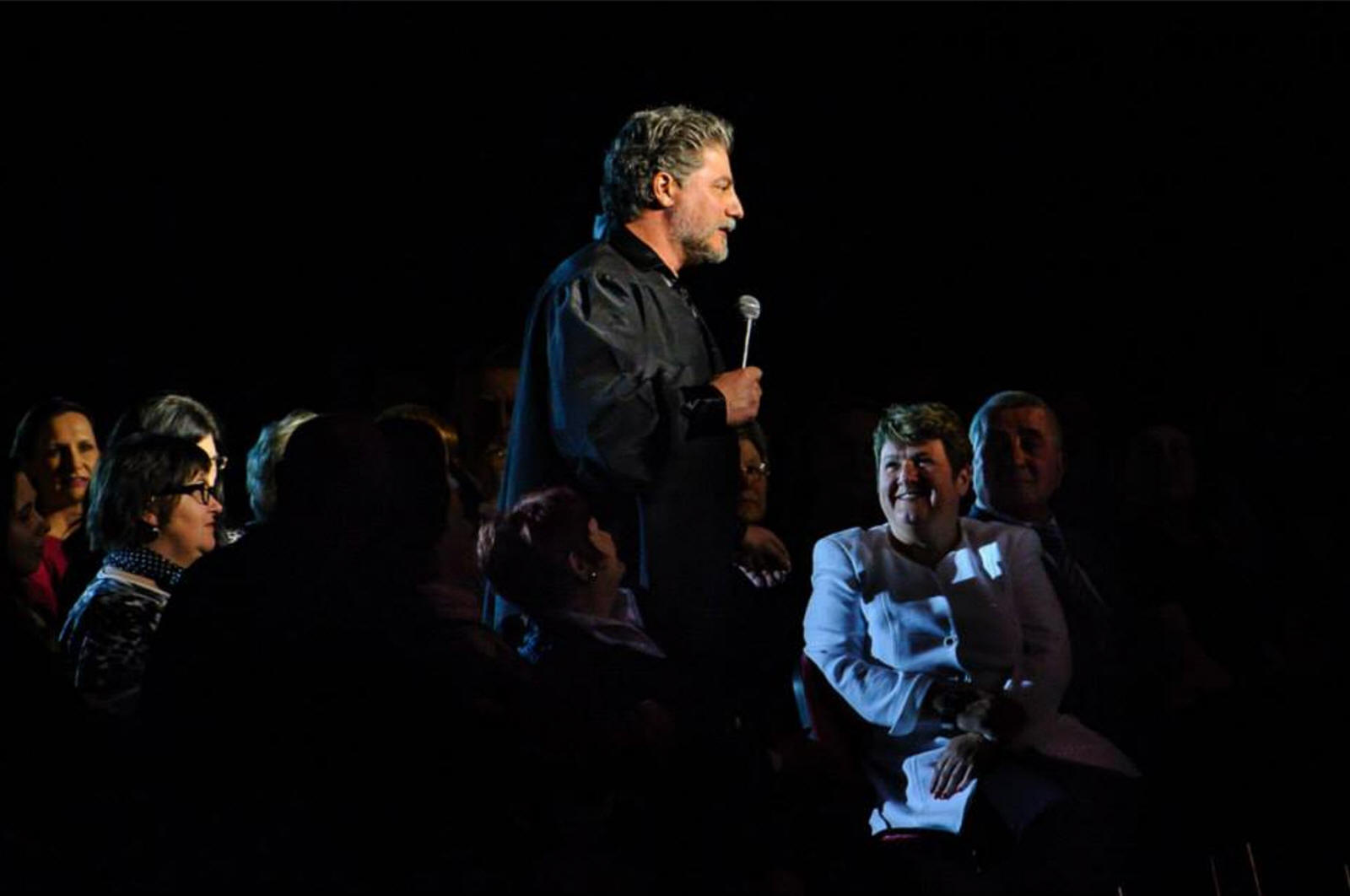
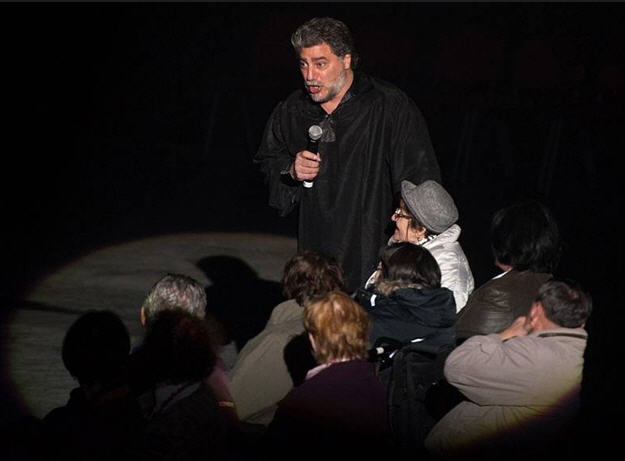
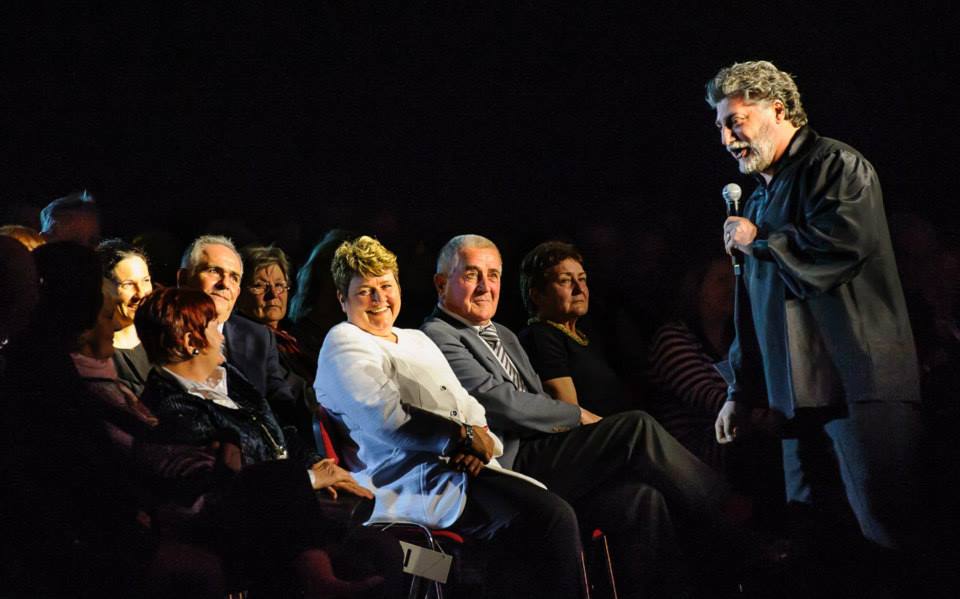
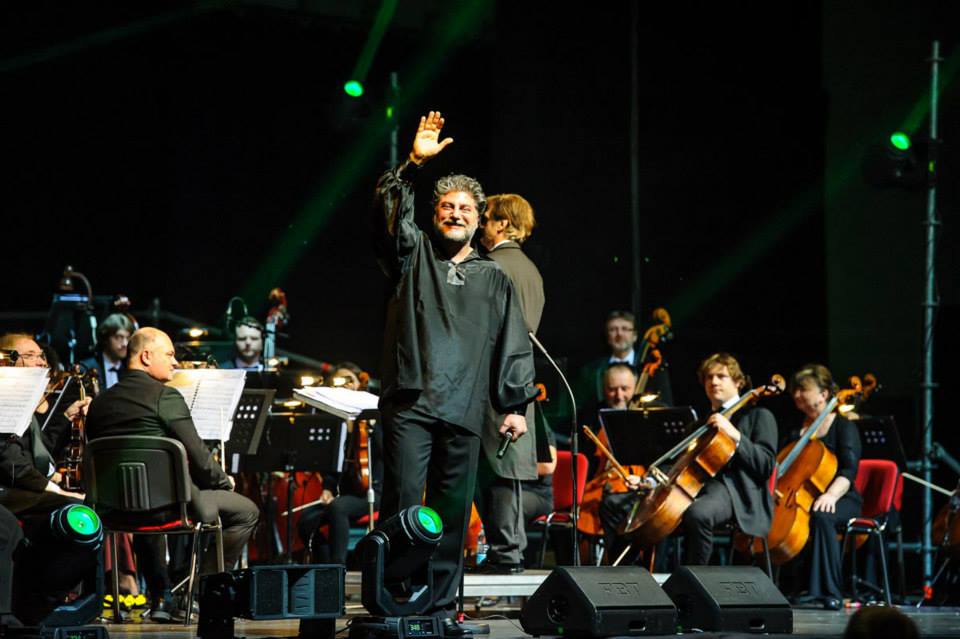
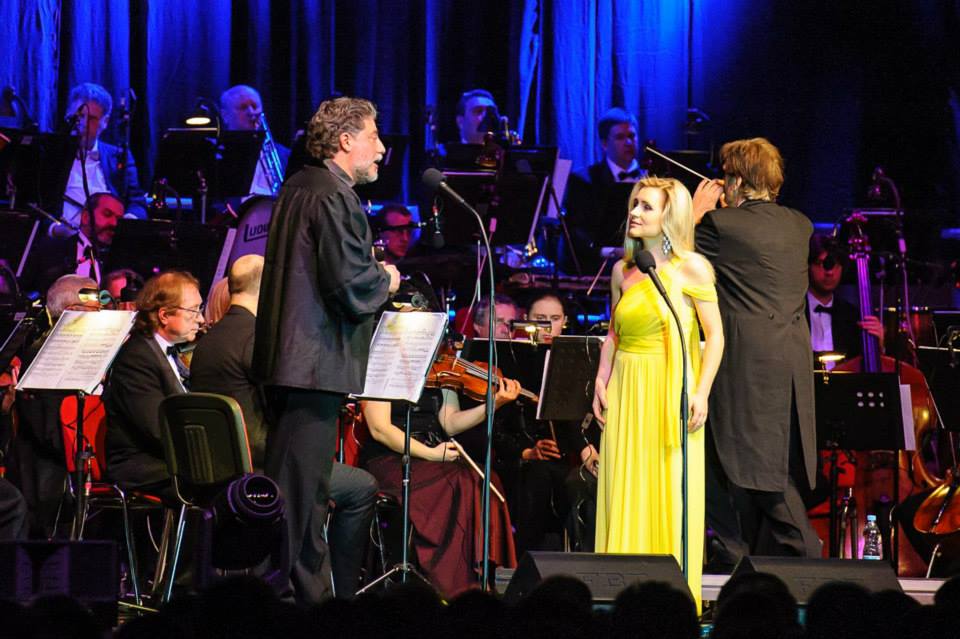
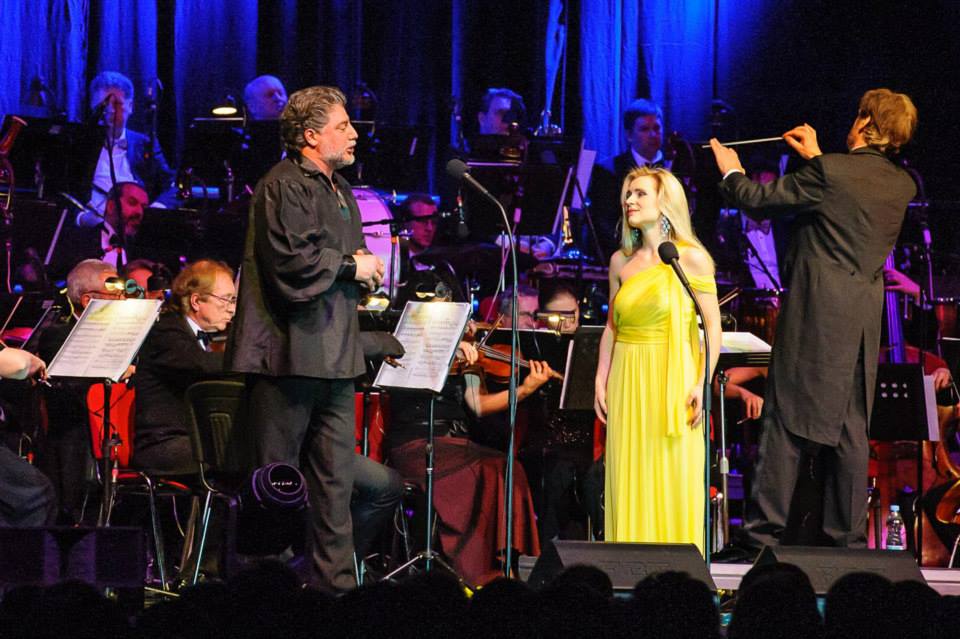

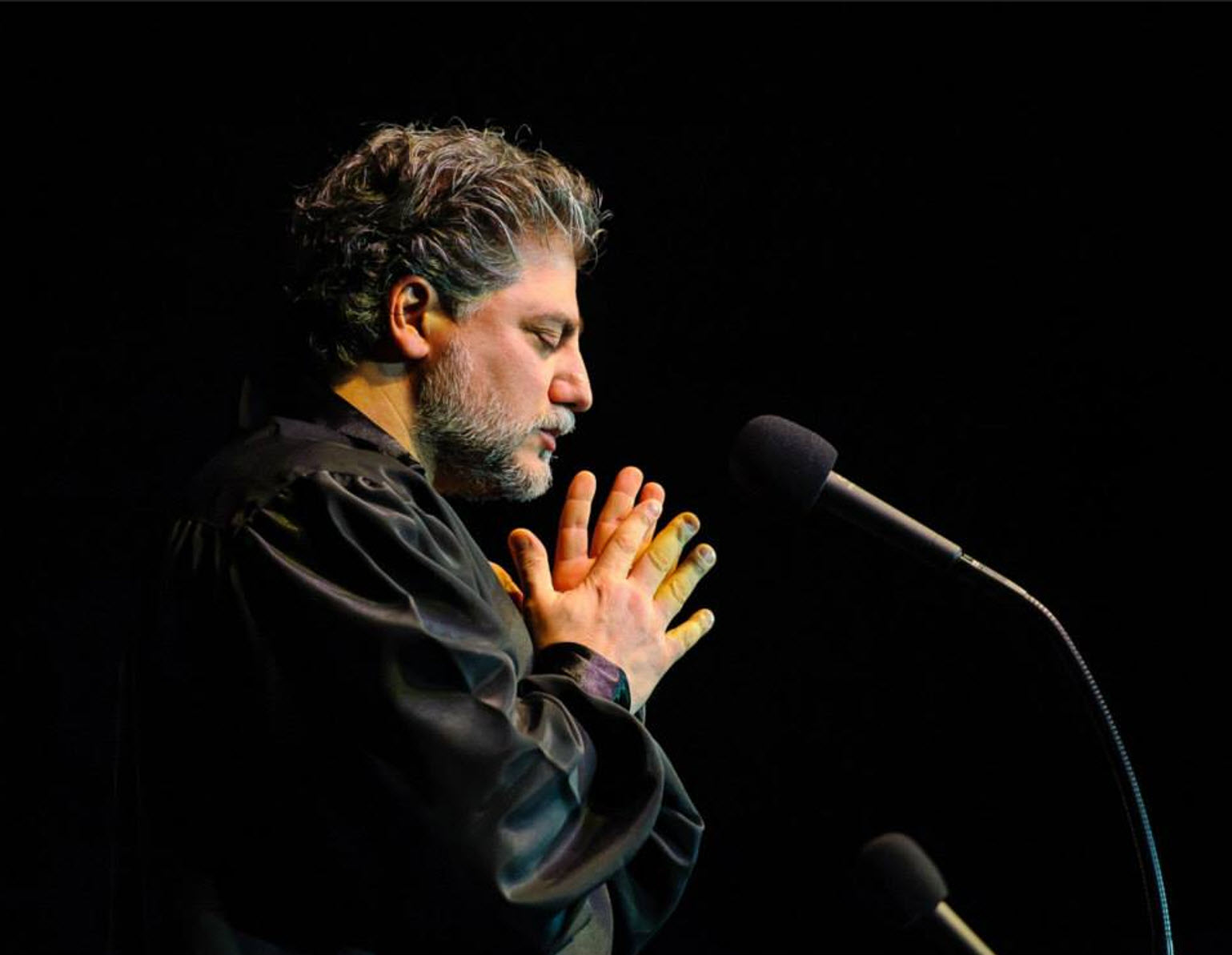
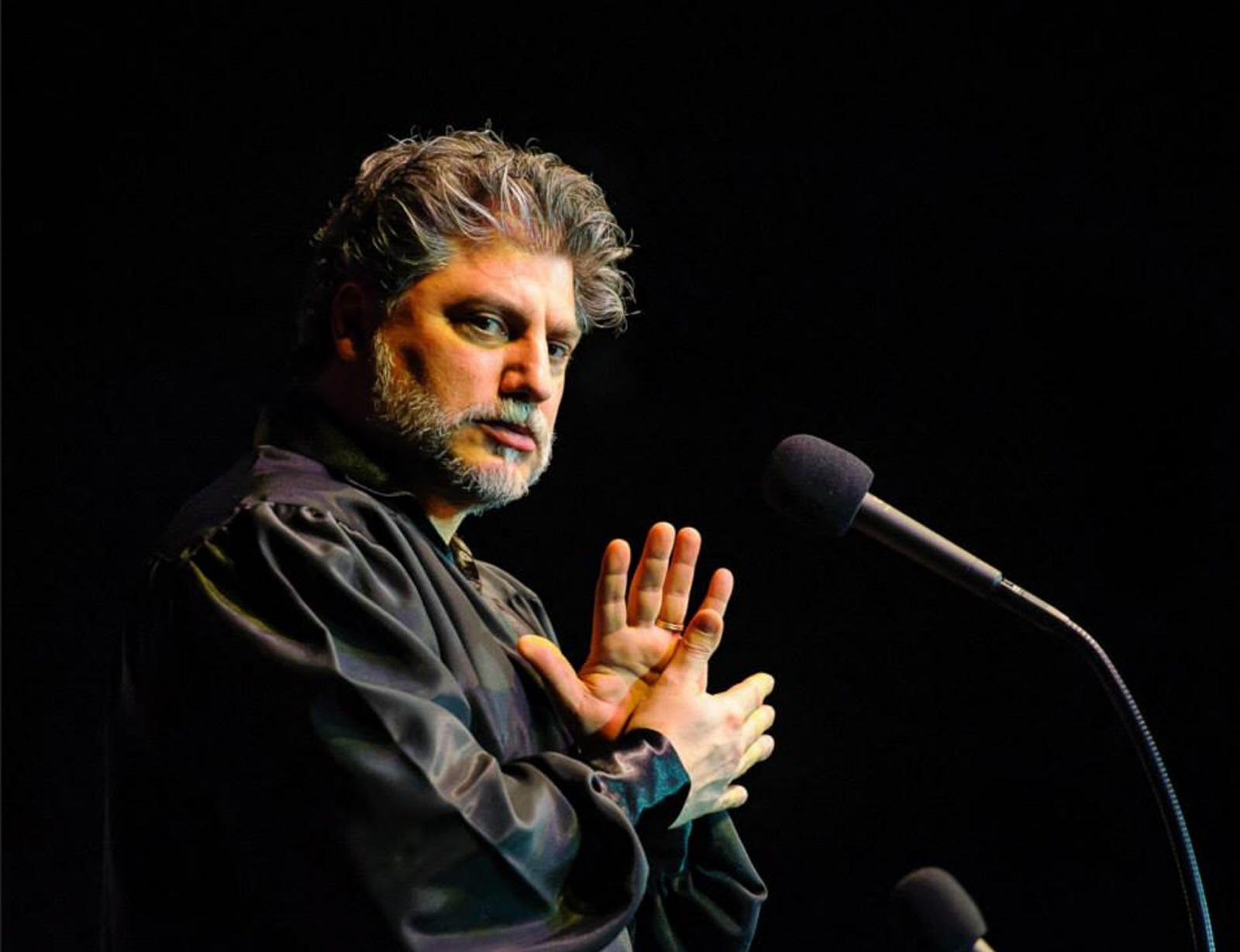
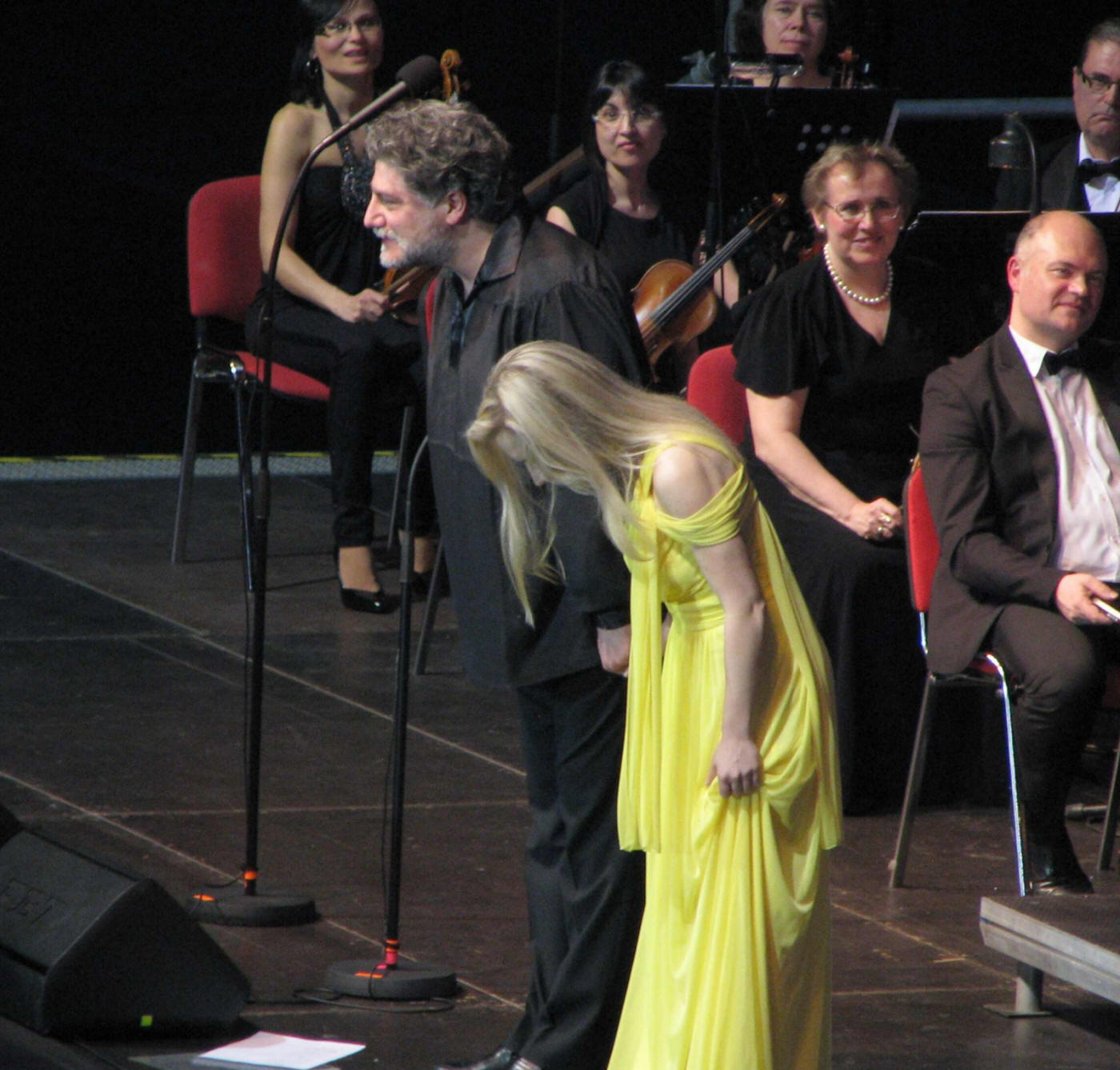

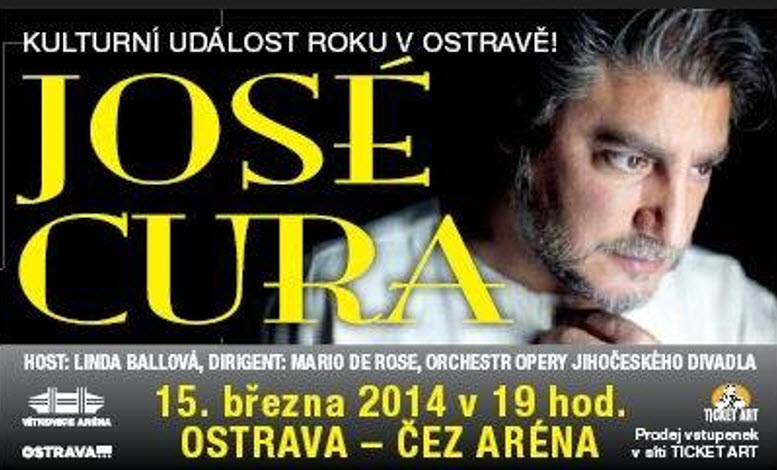
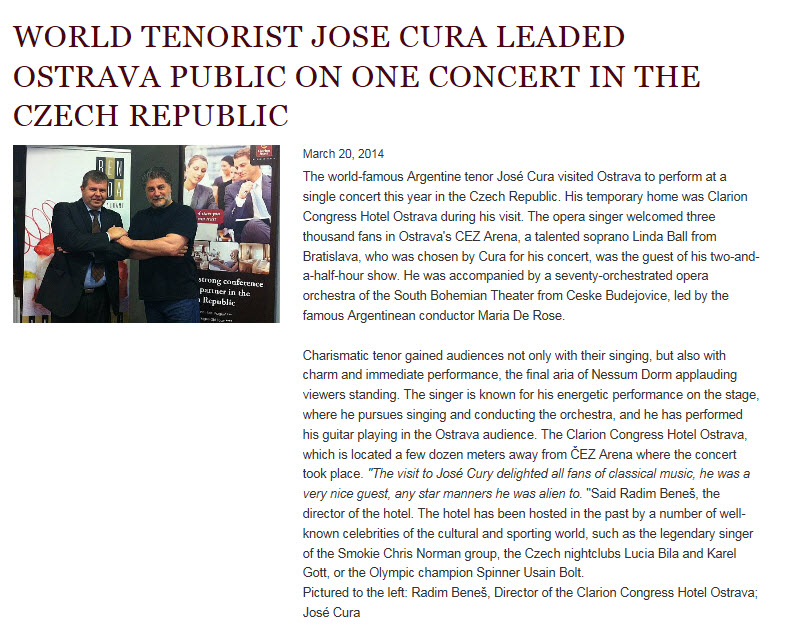

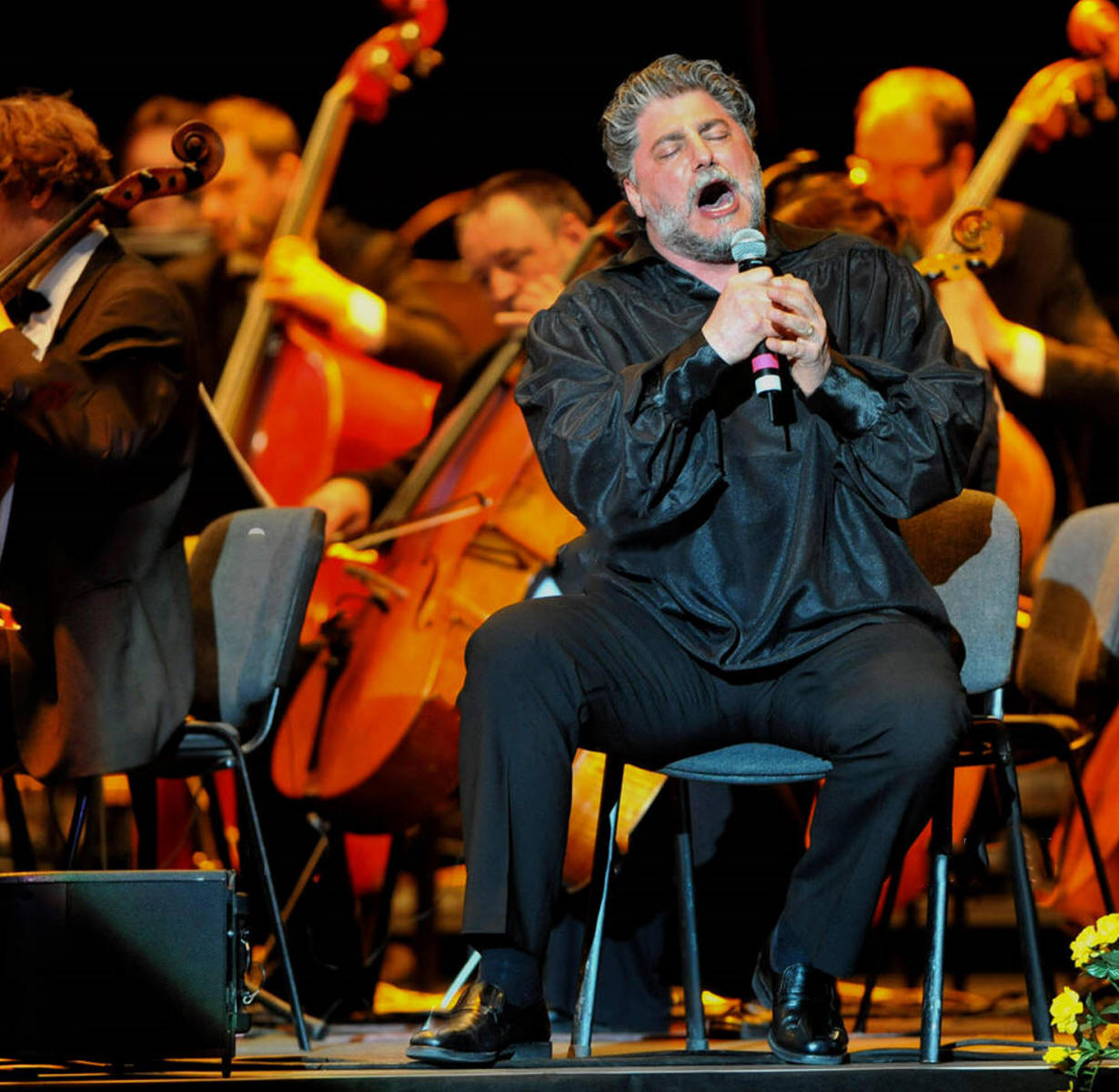


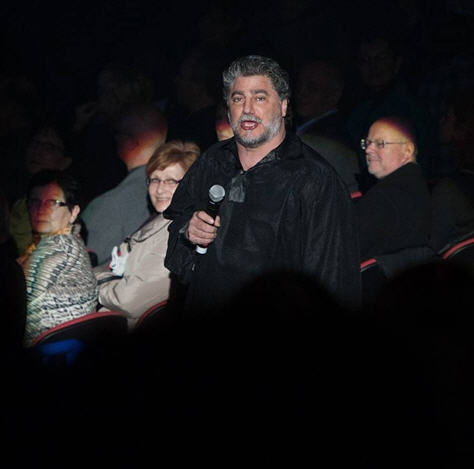
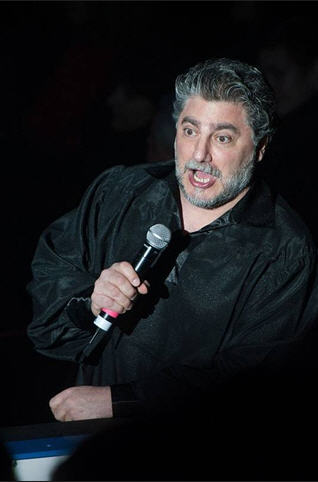
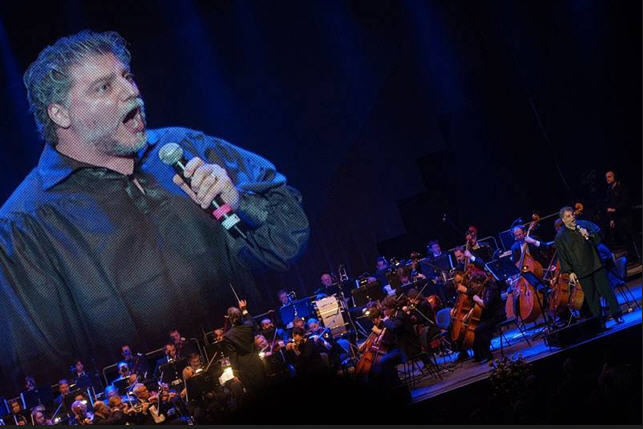

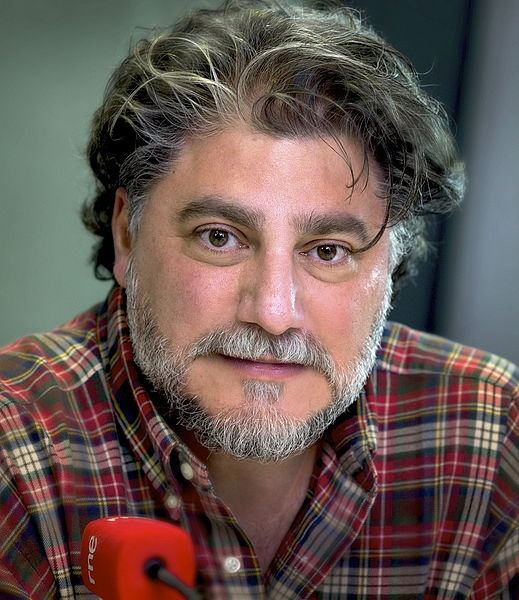
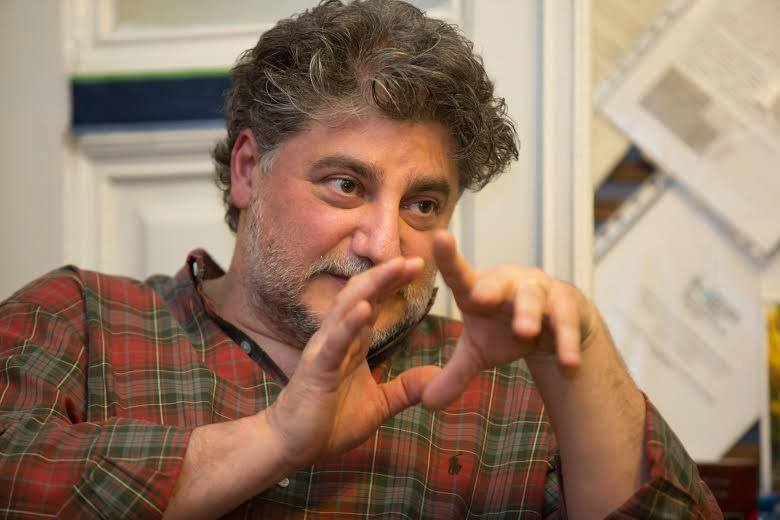
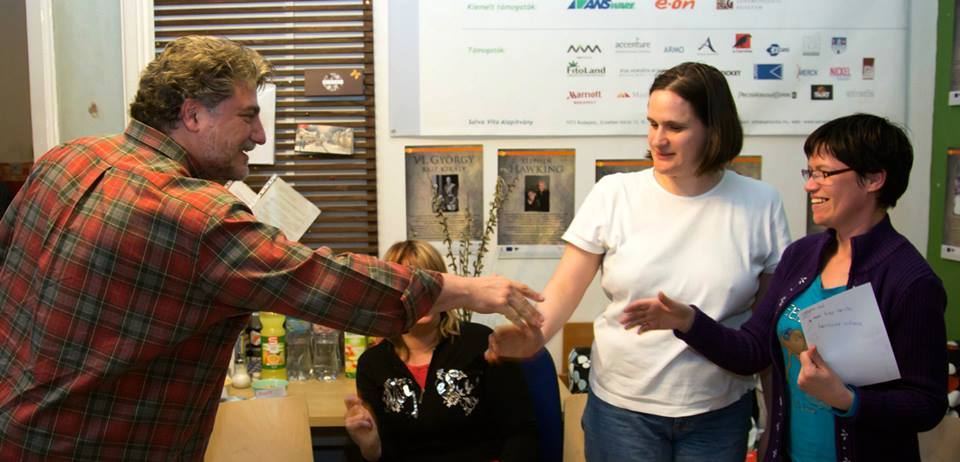

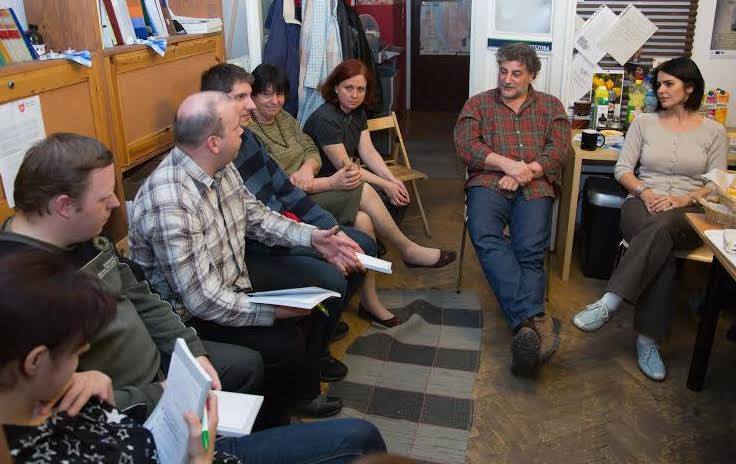

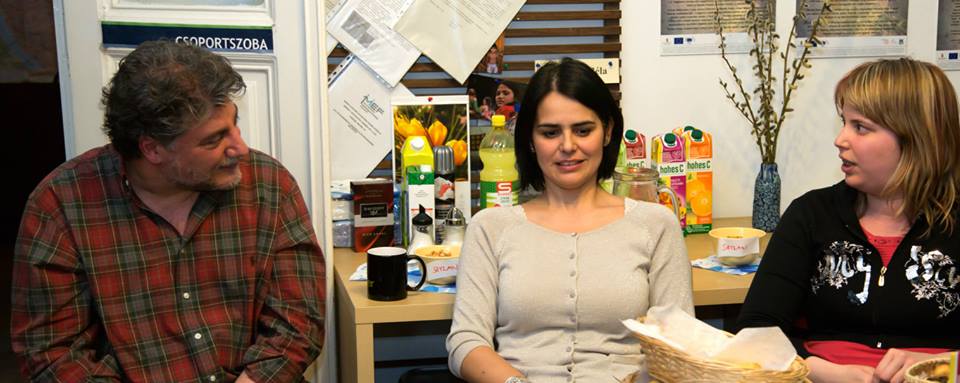

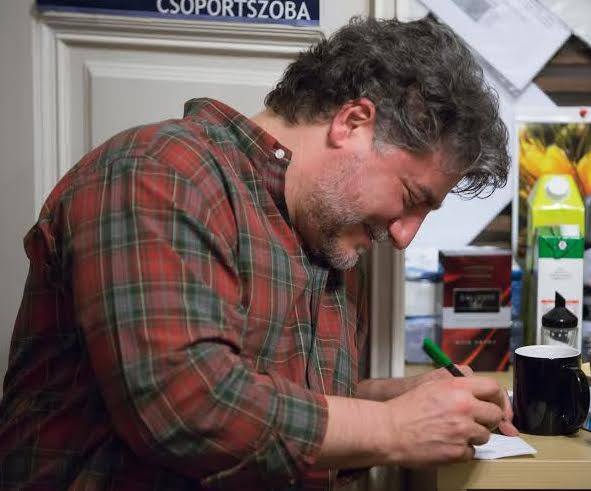
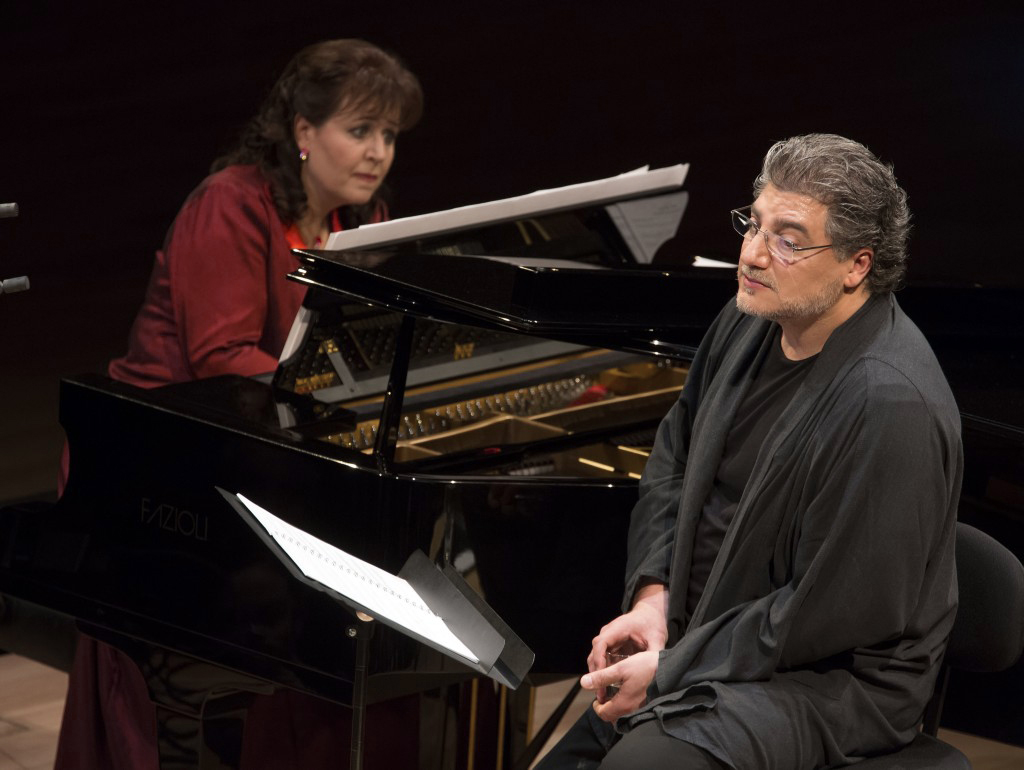
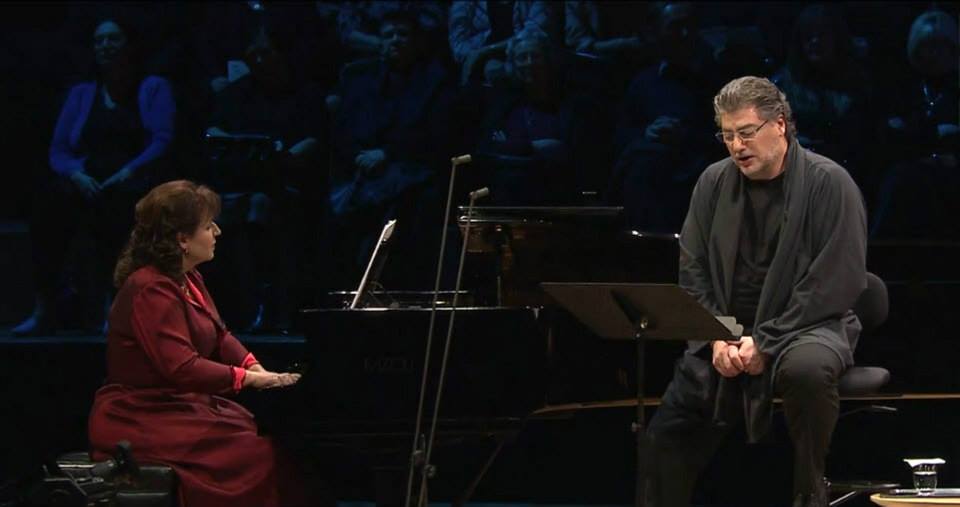
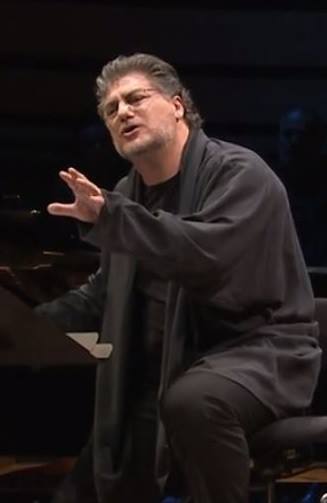
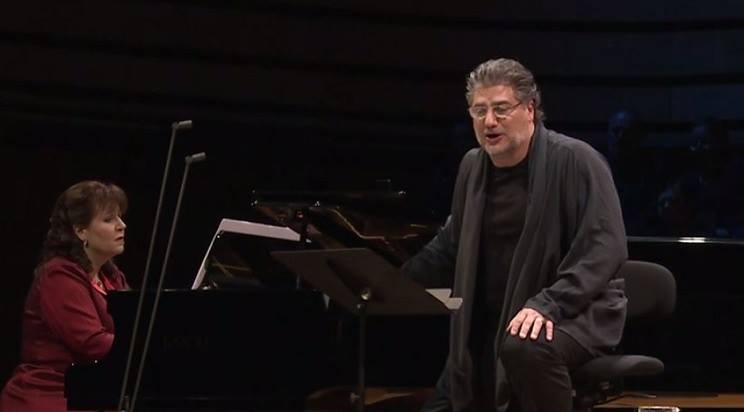
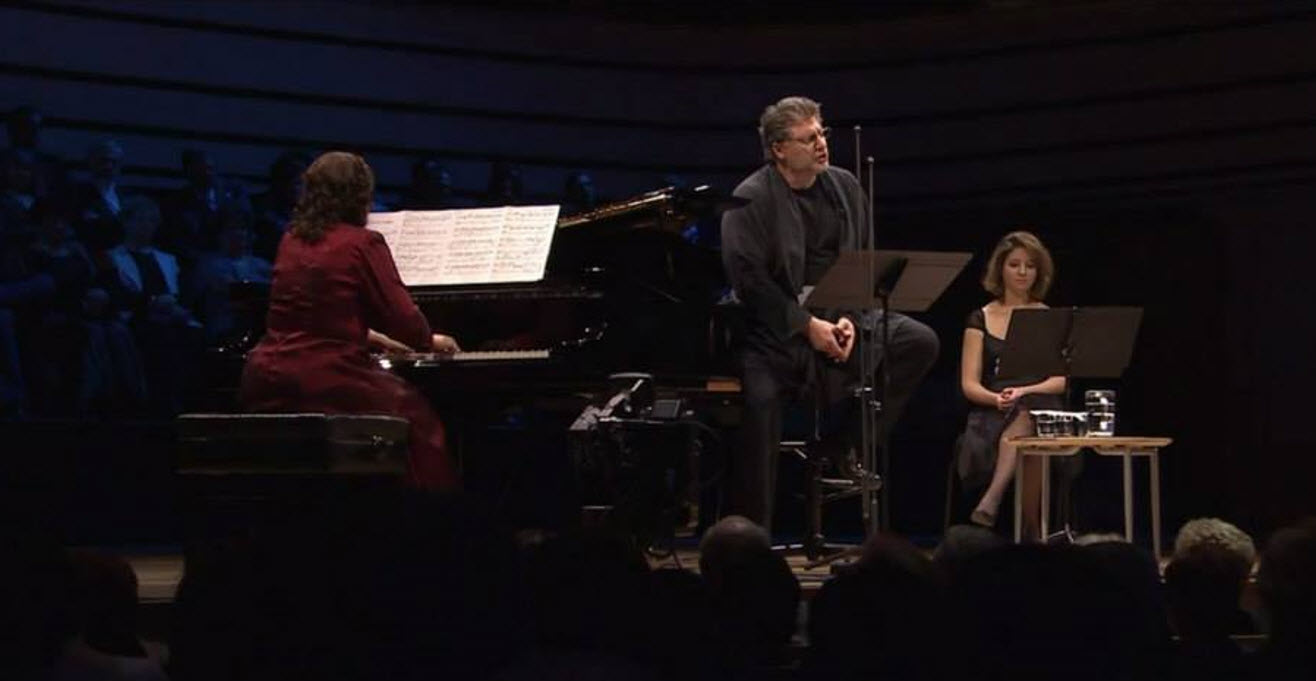
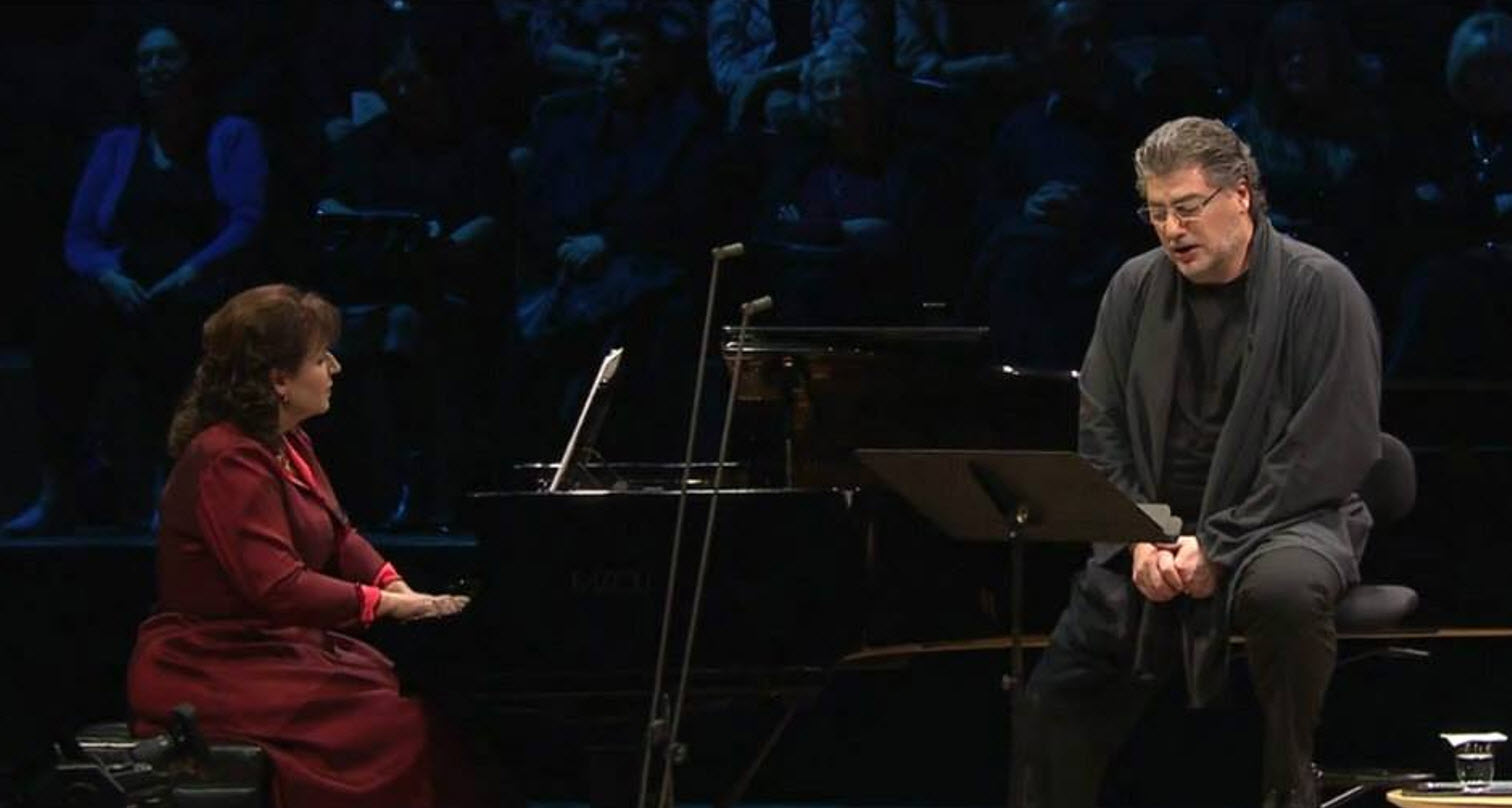
.jpg)
.jpg)
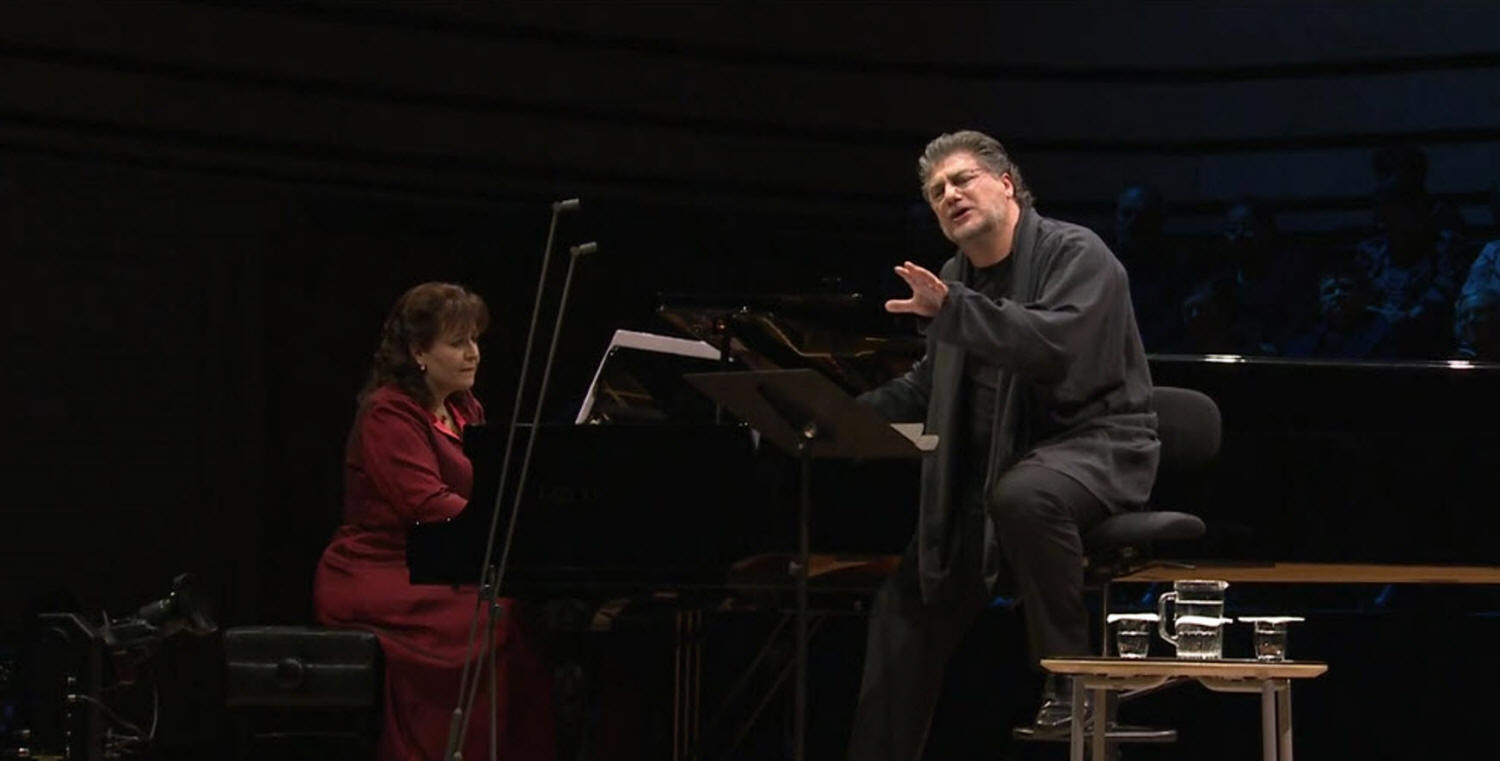

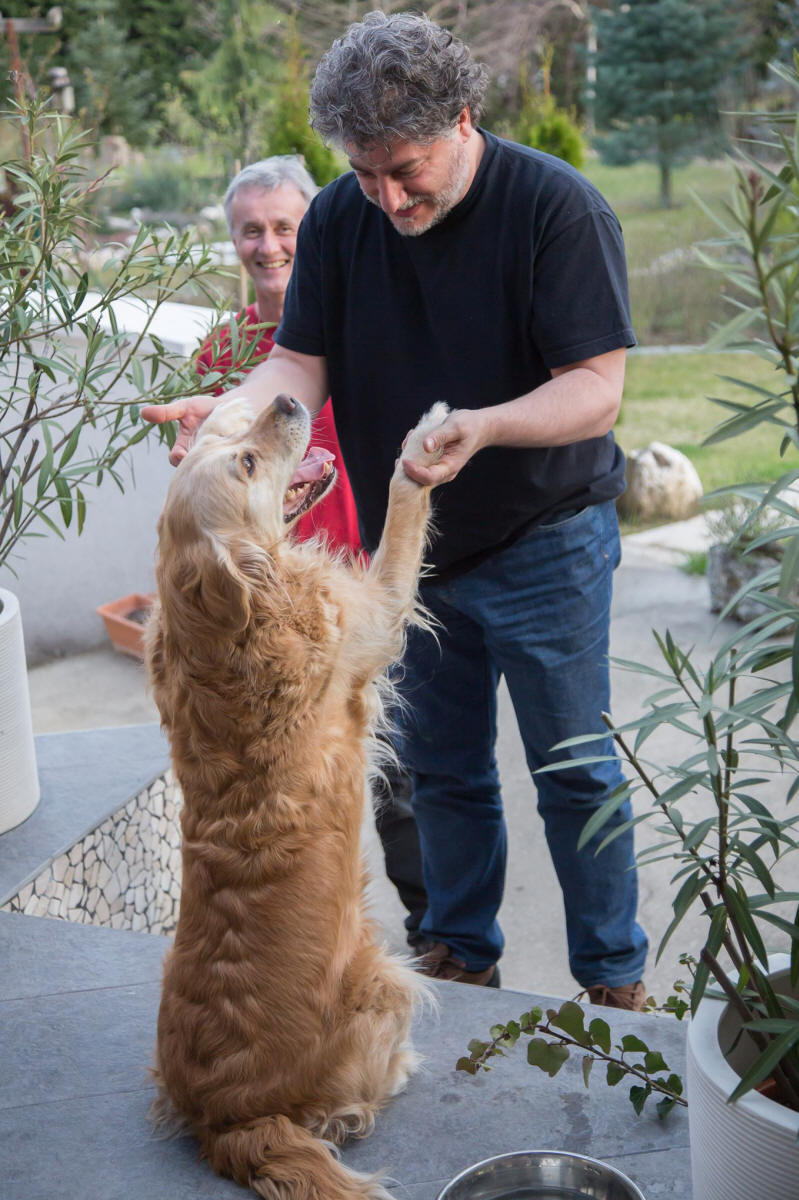


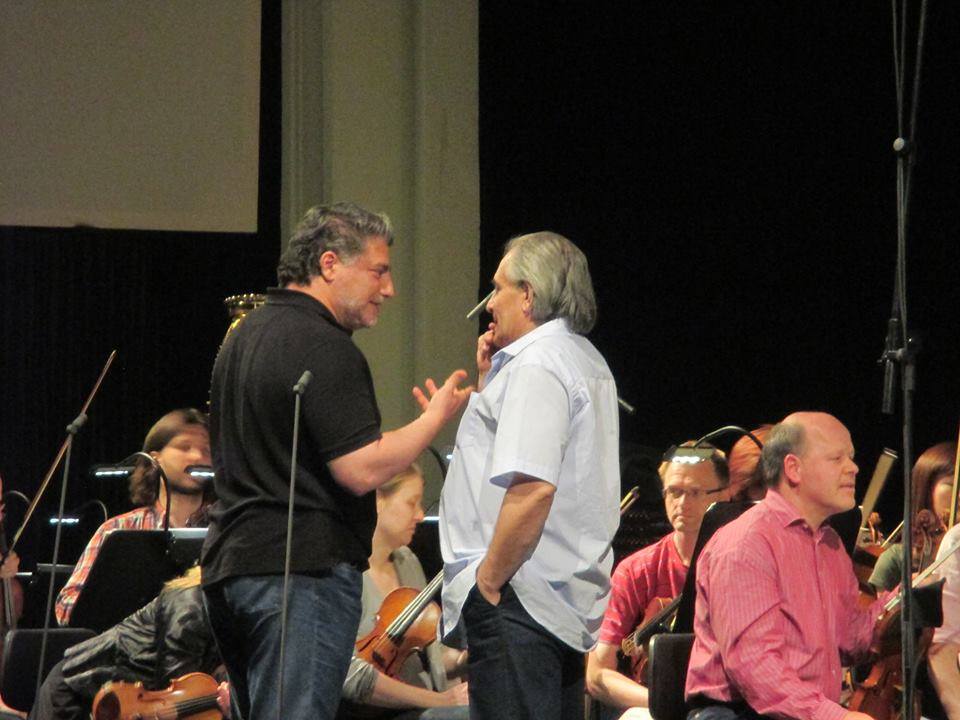


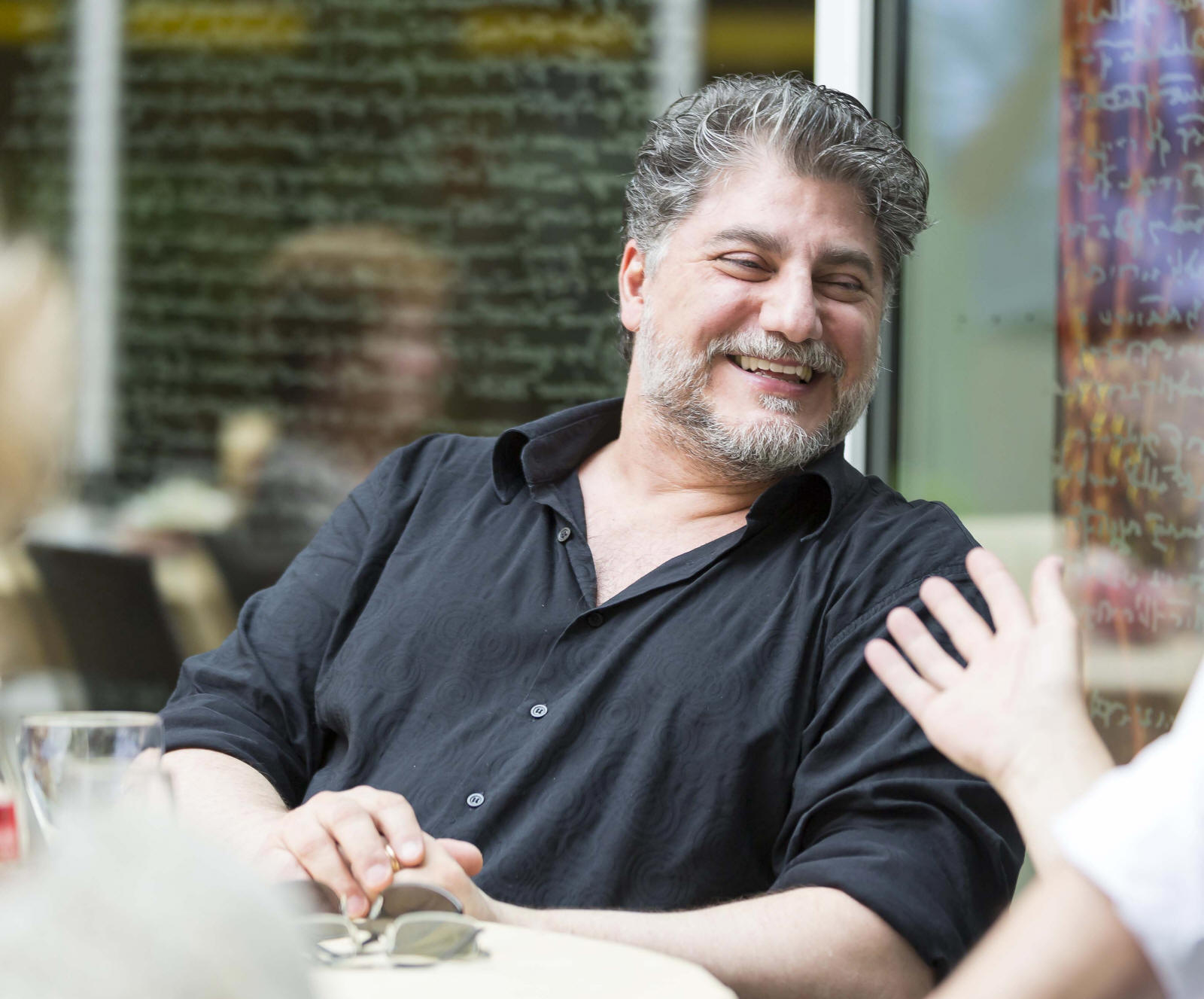
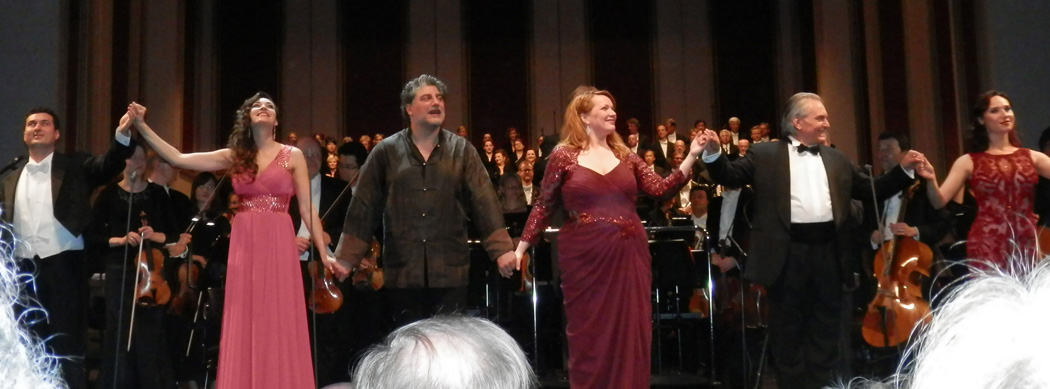
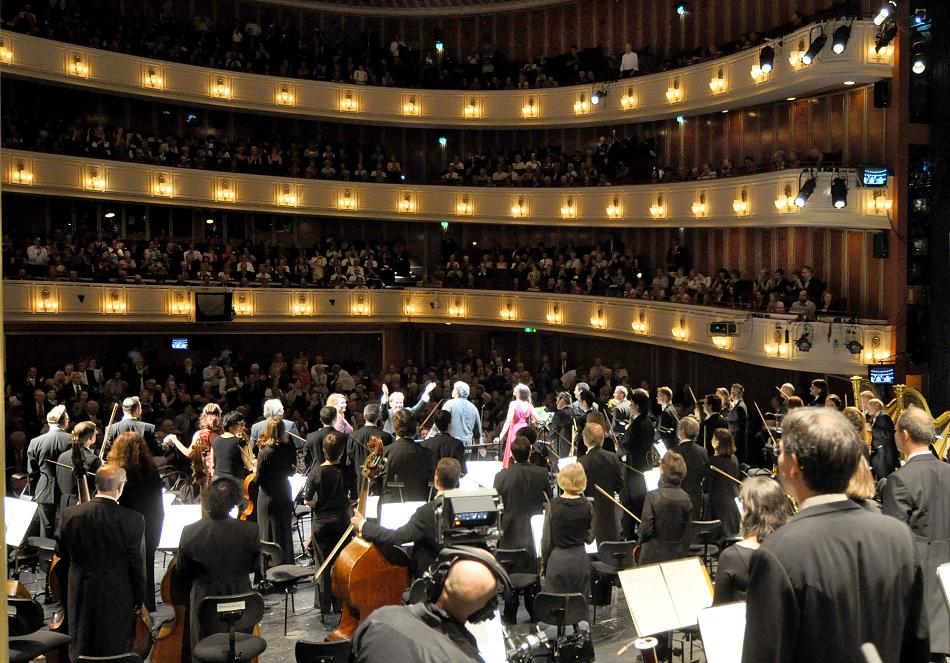







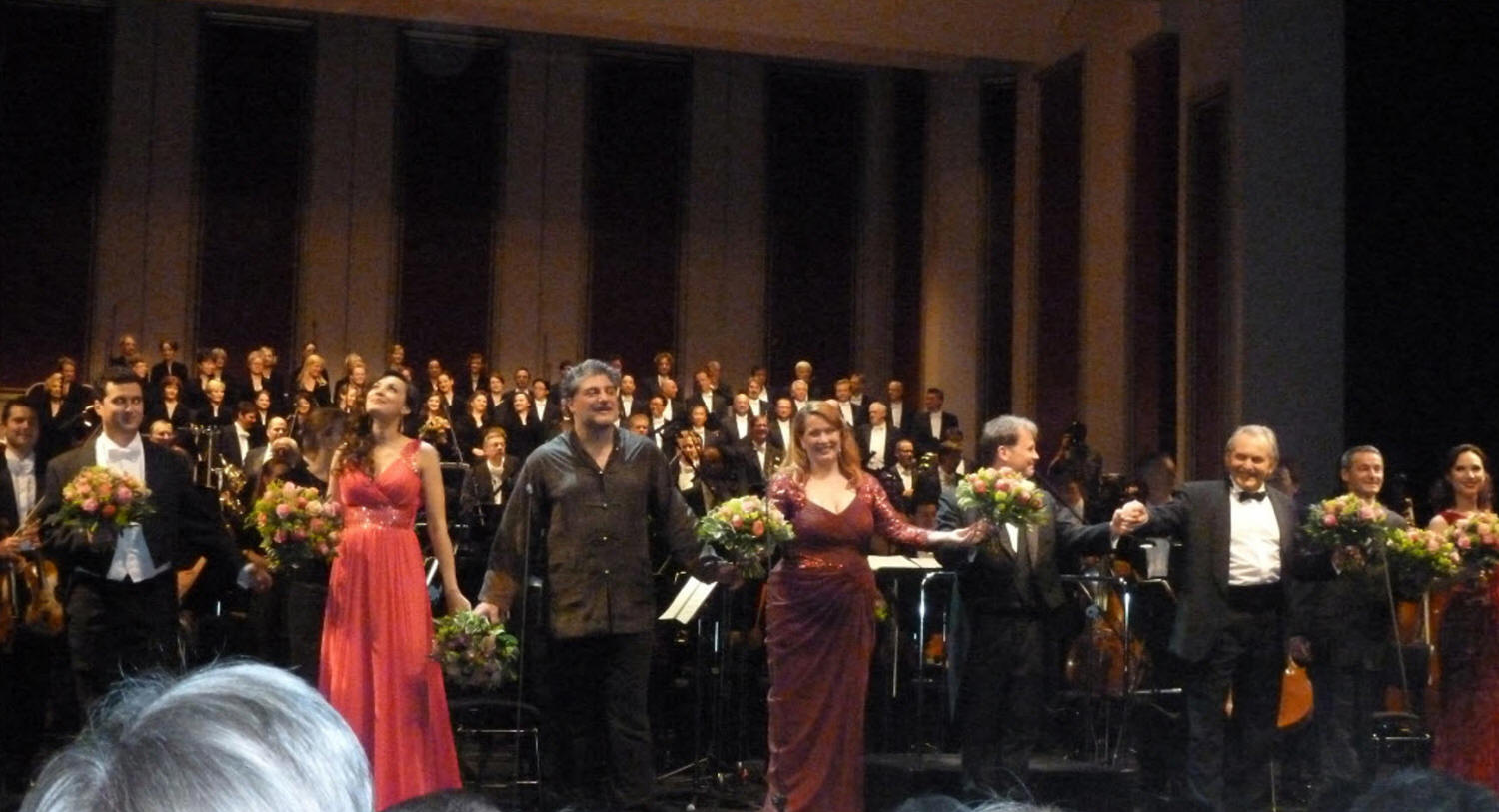
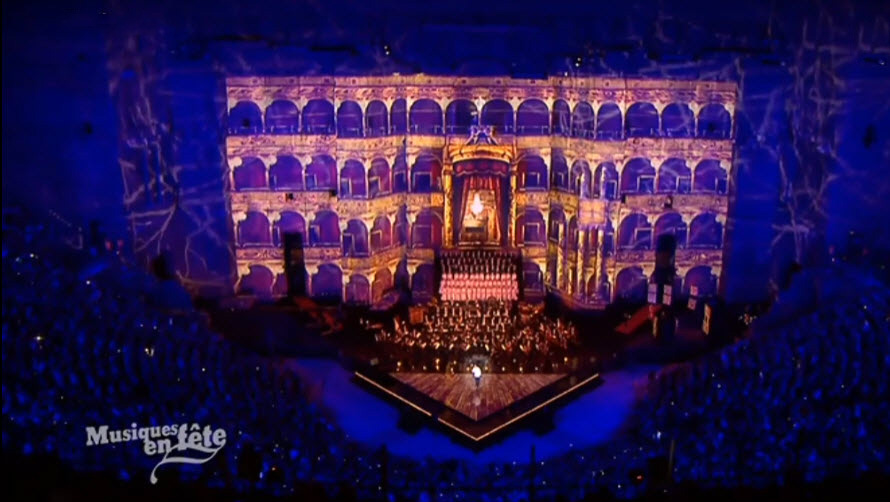
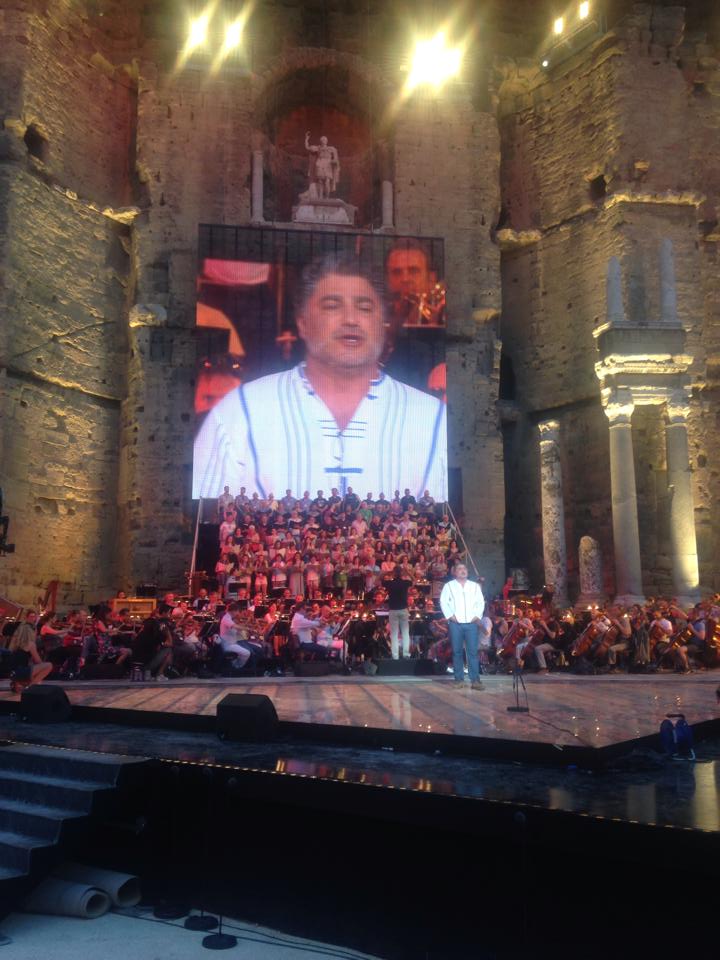
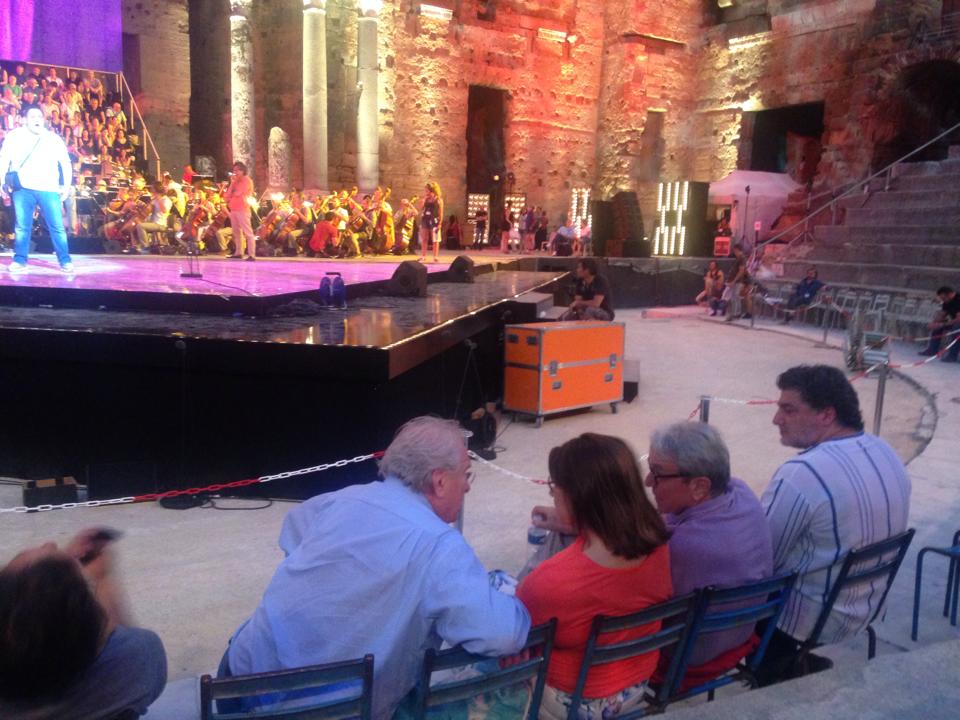
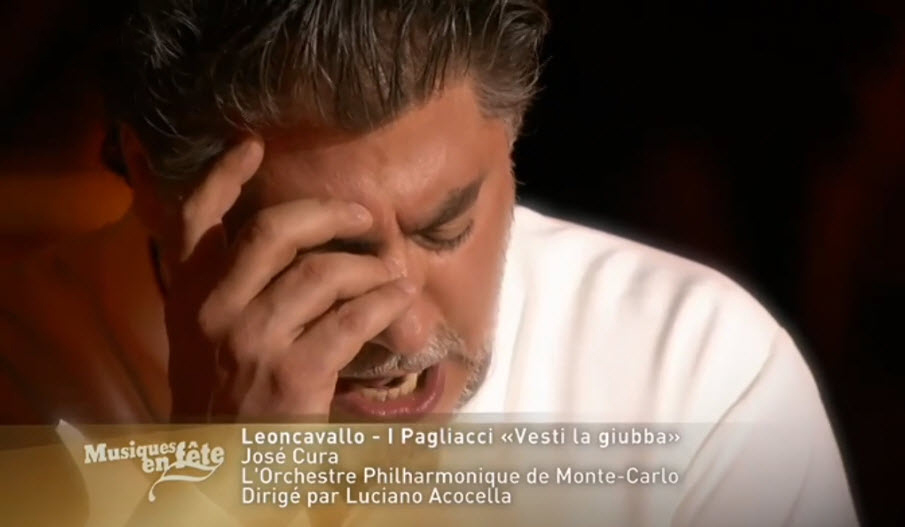
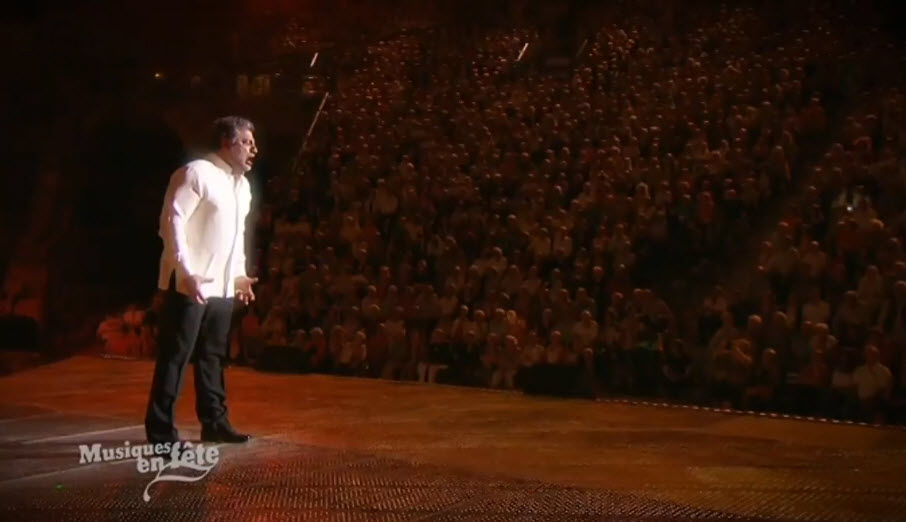
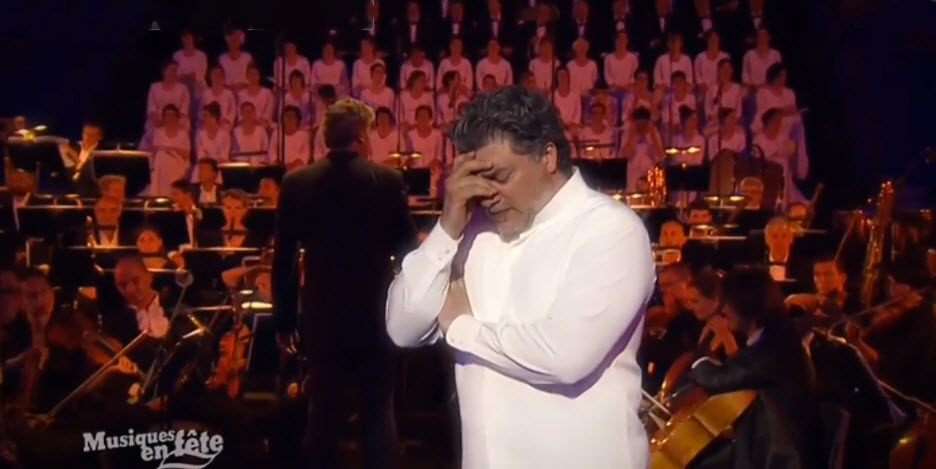
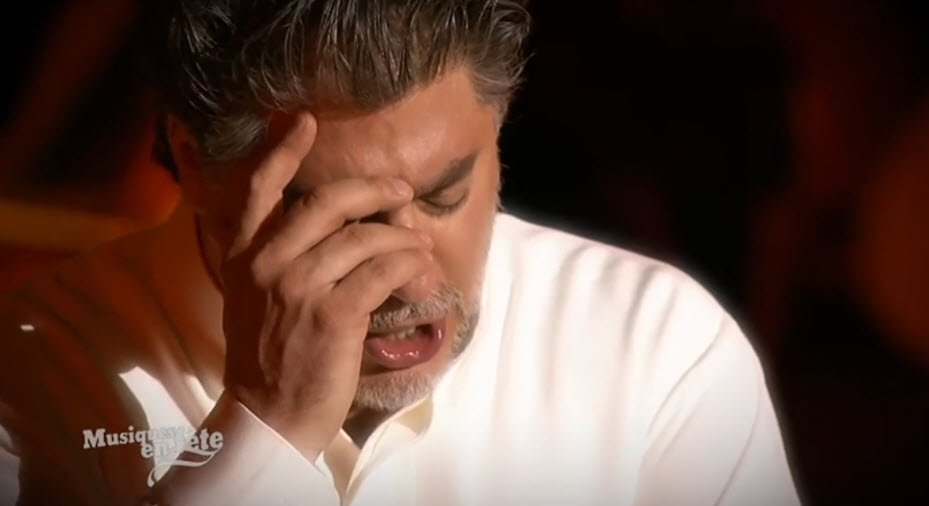
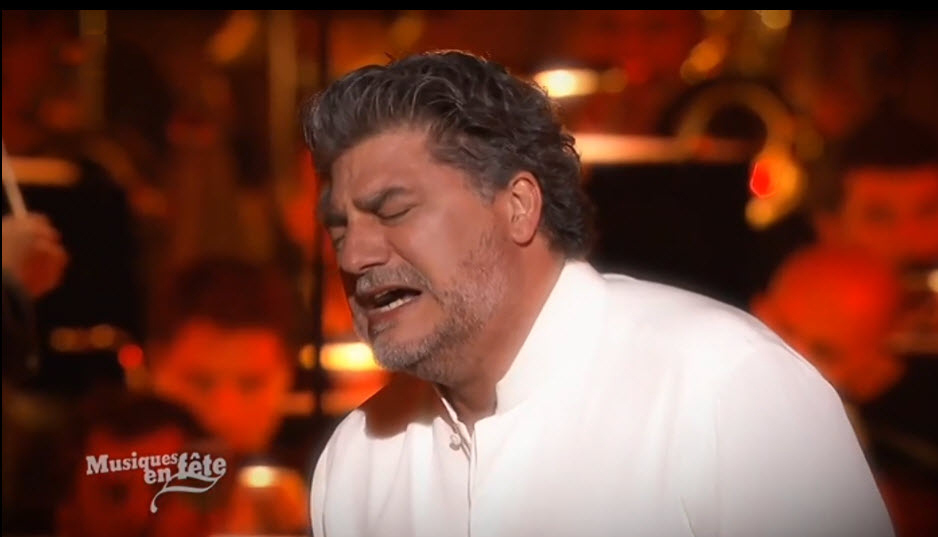
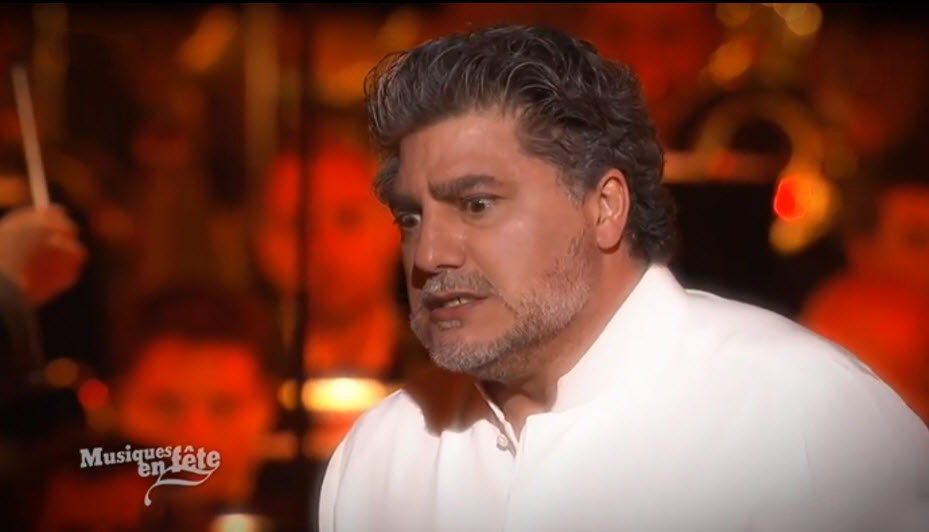
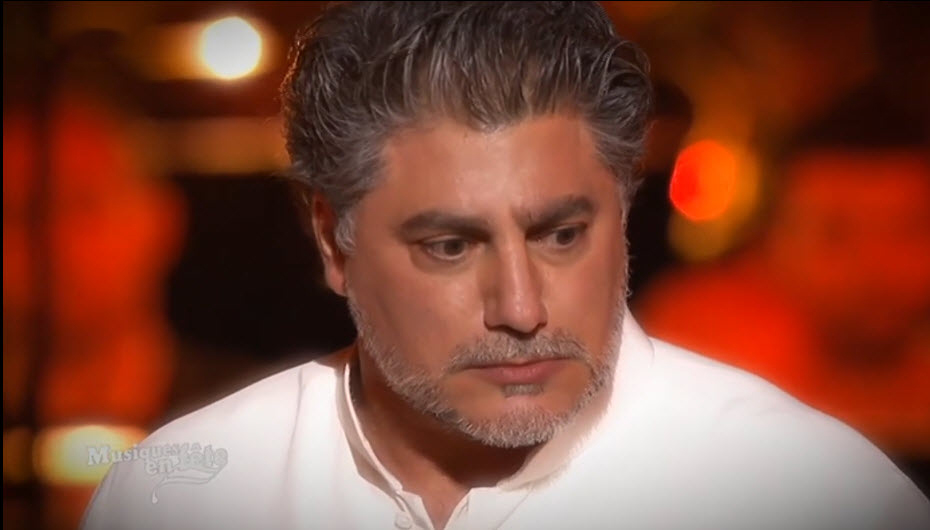


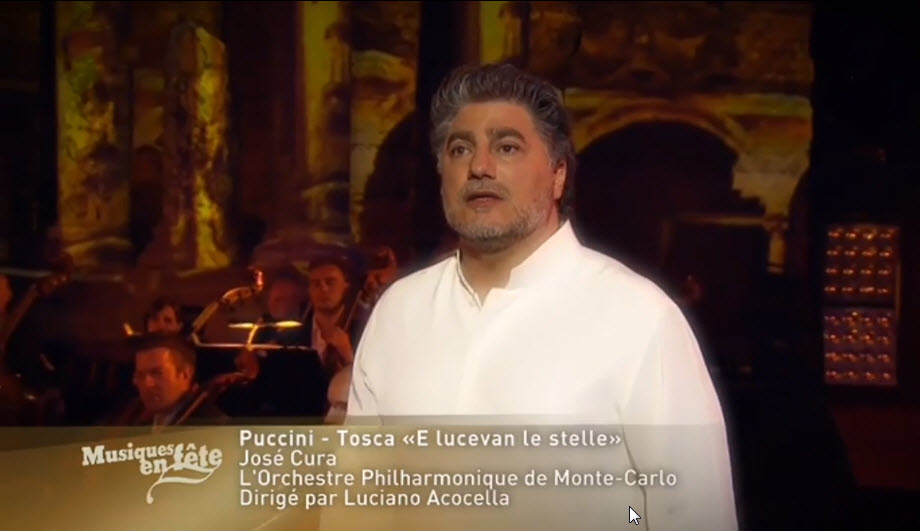
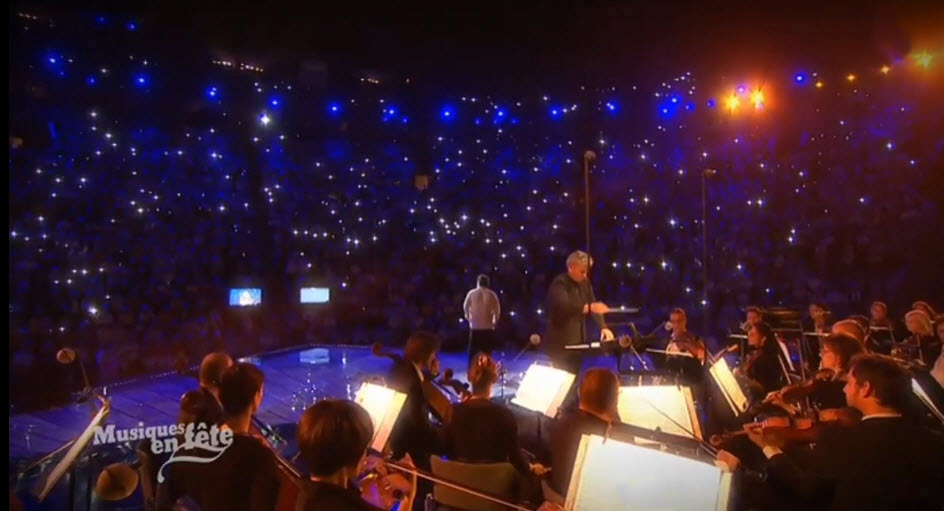


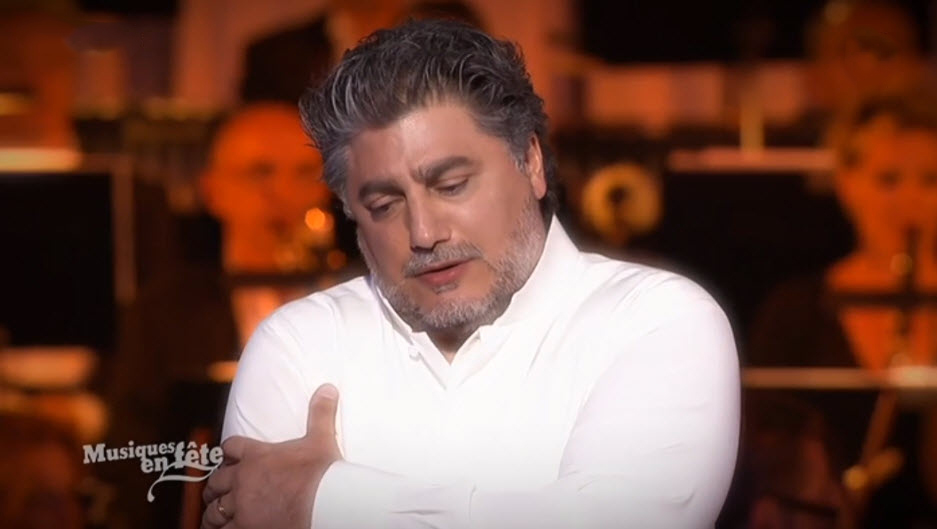
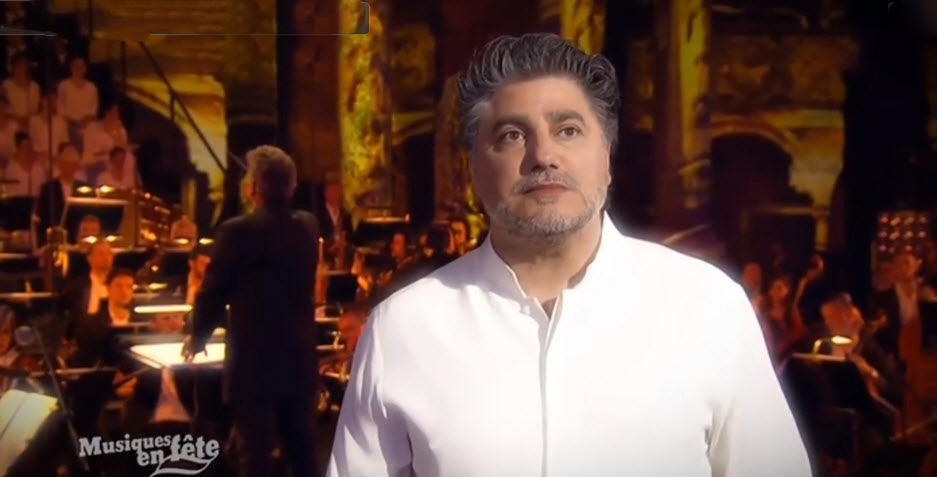
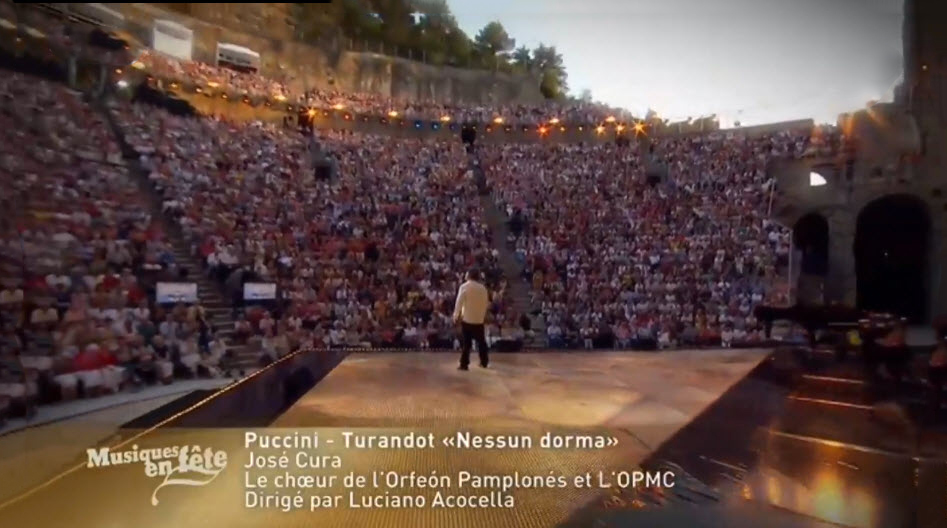
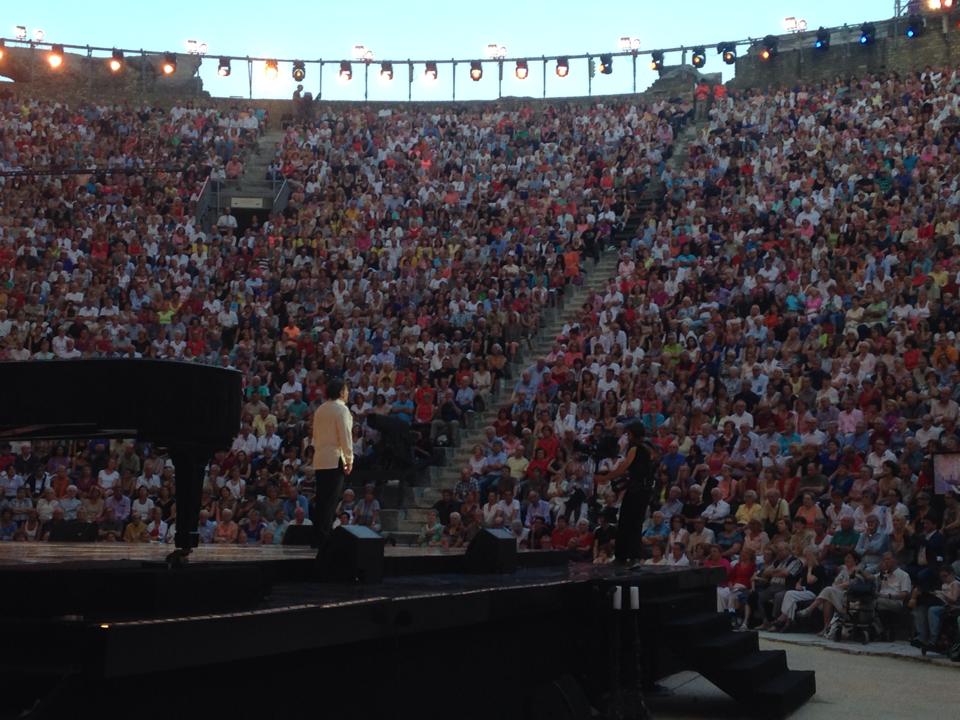
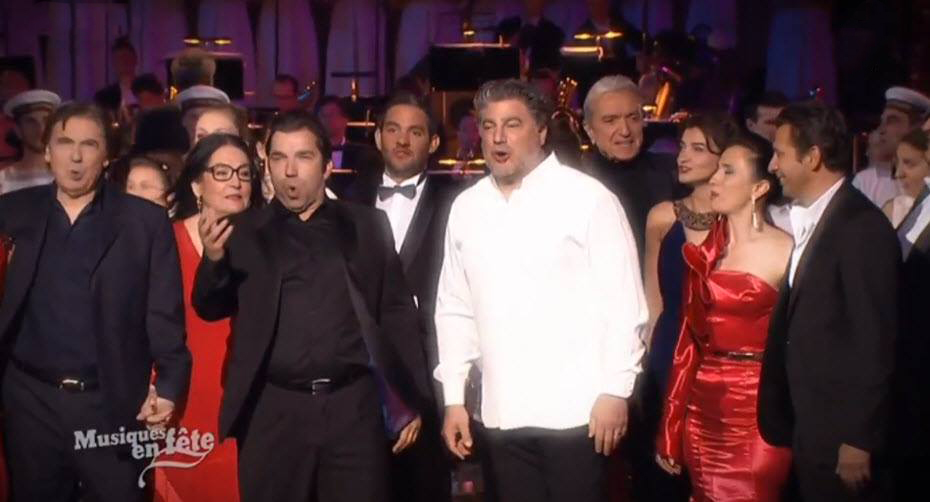

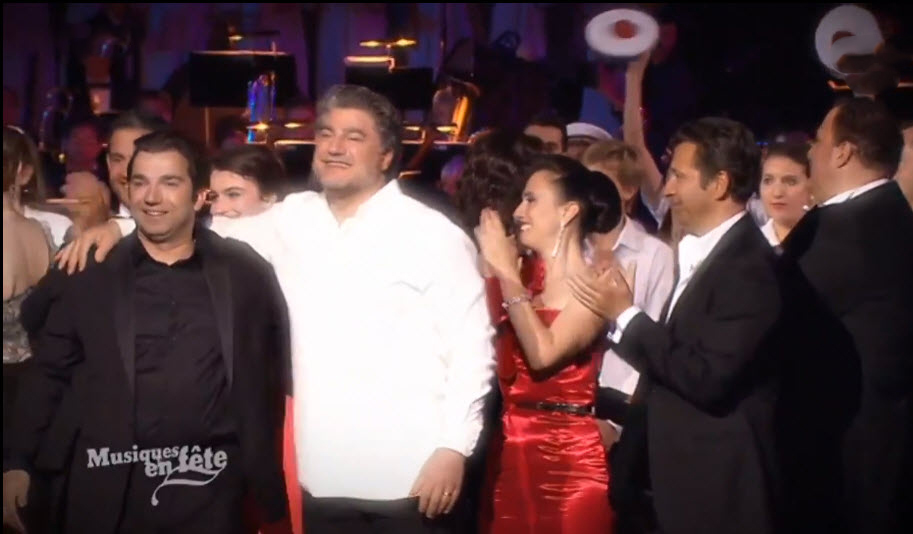
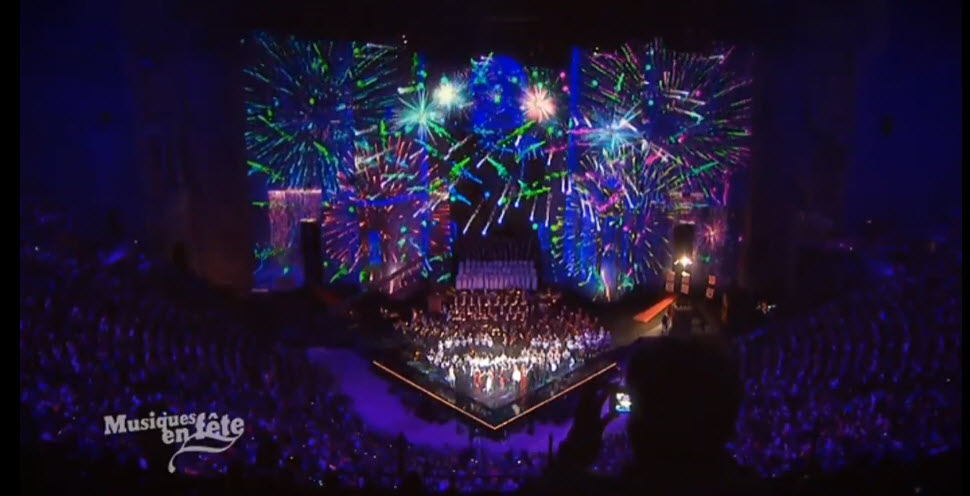
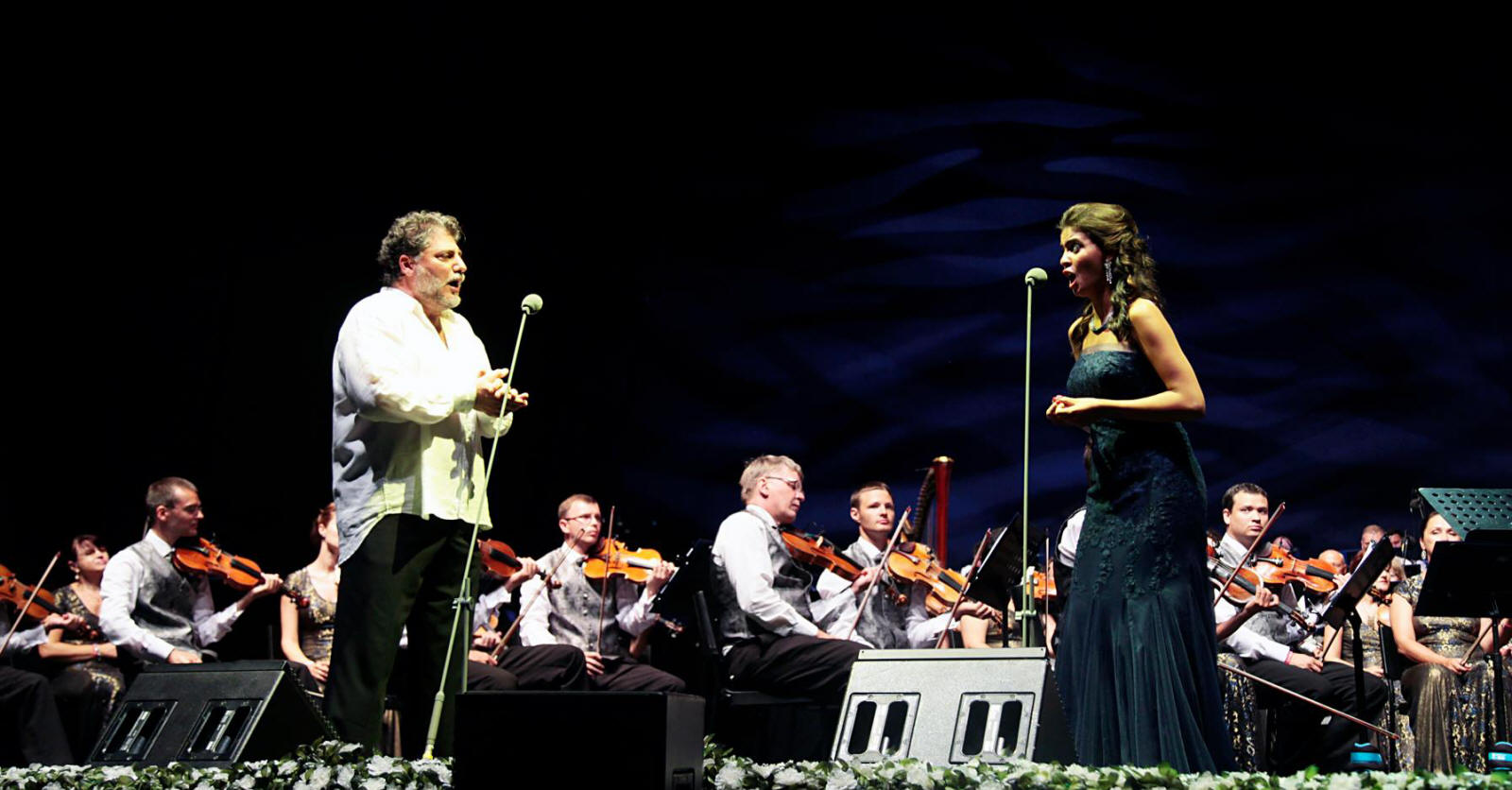
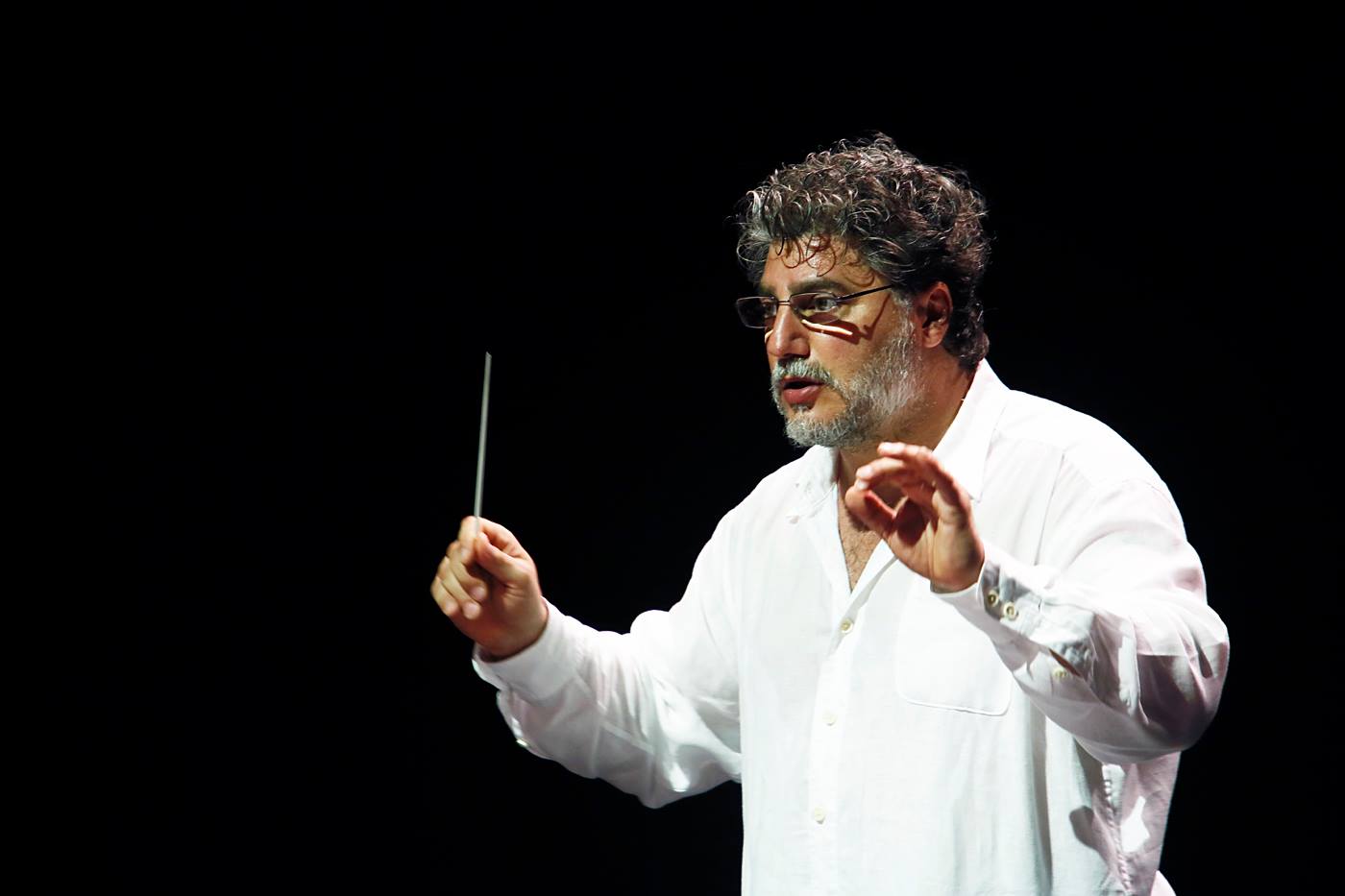
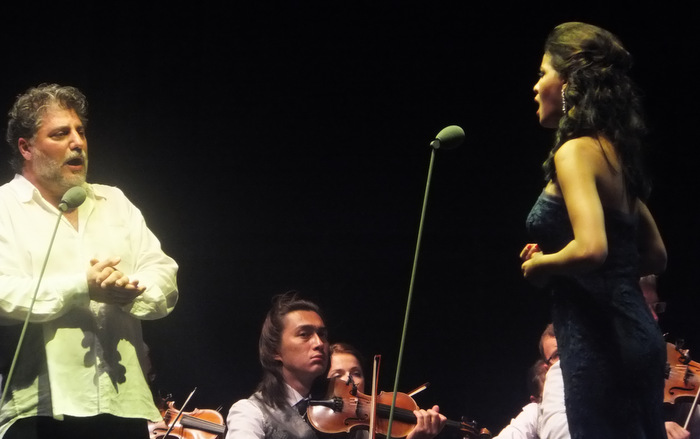
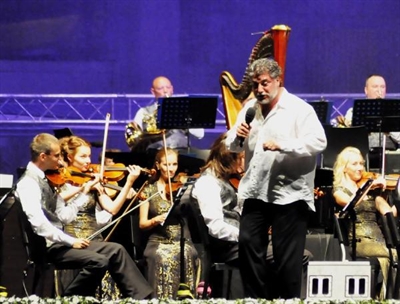

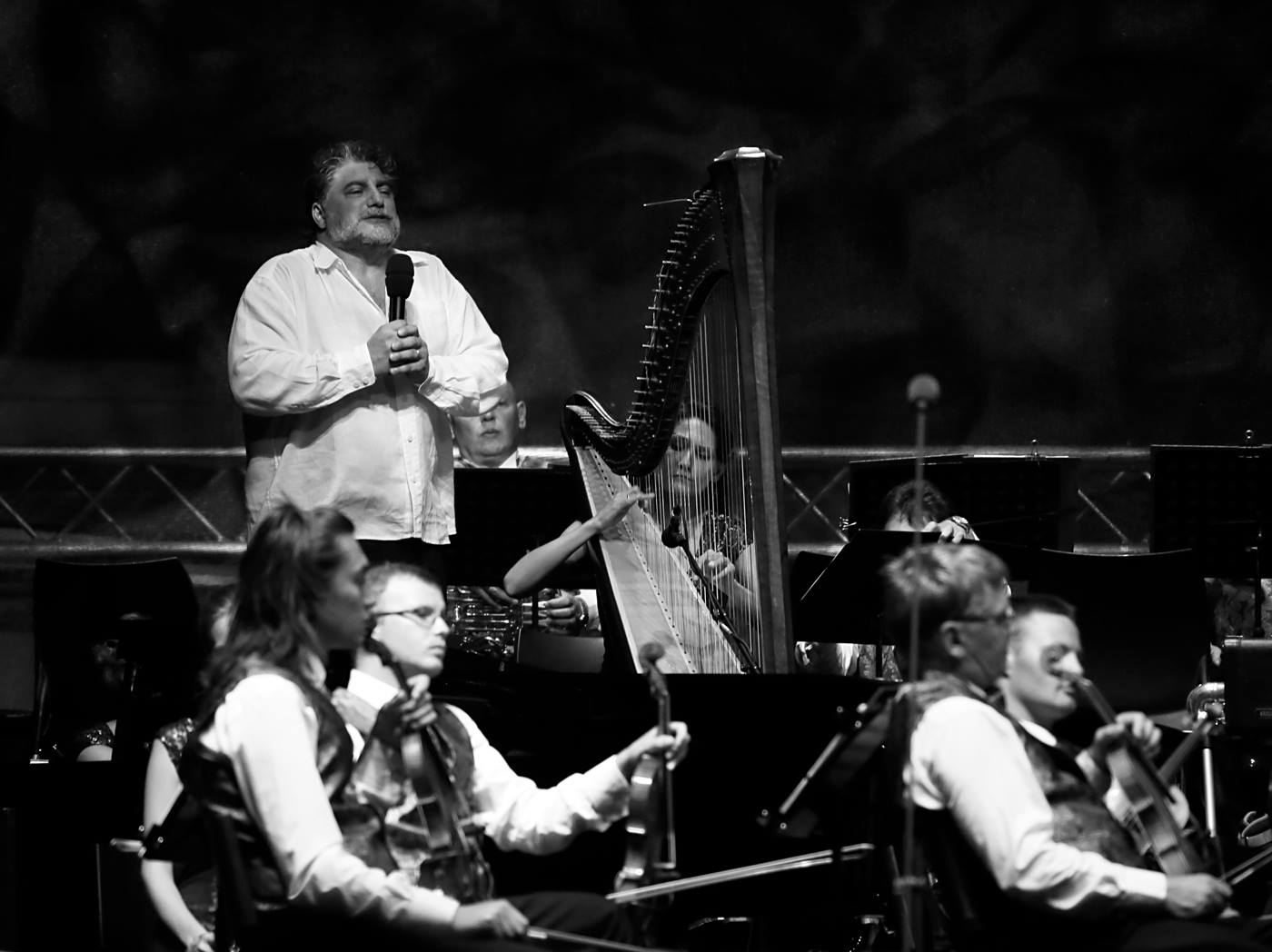
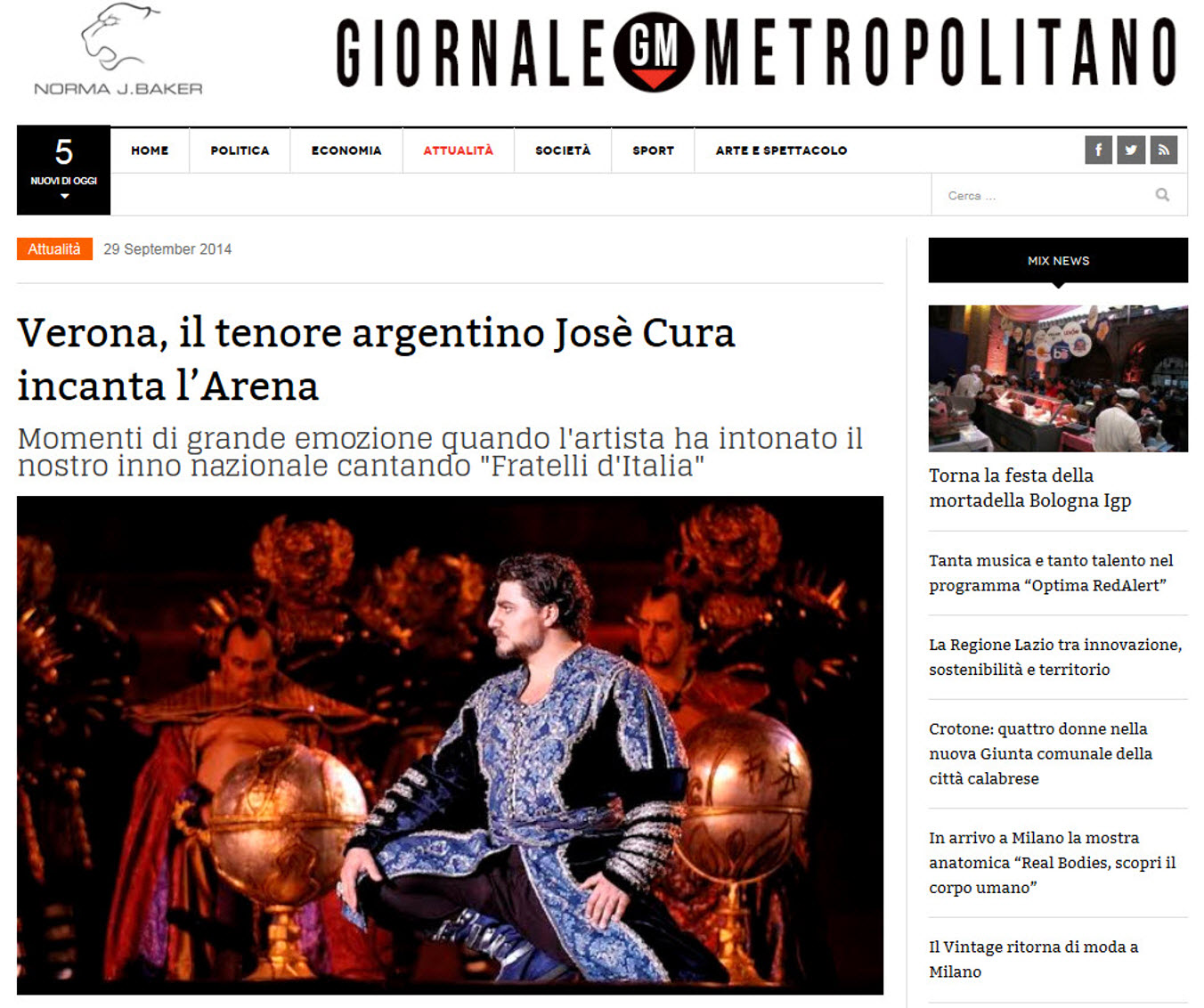
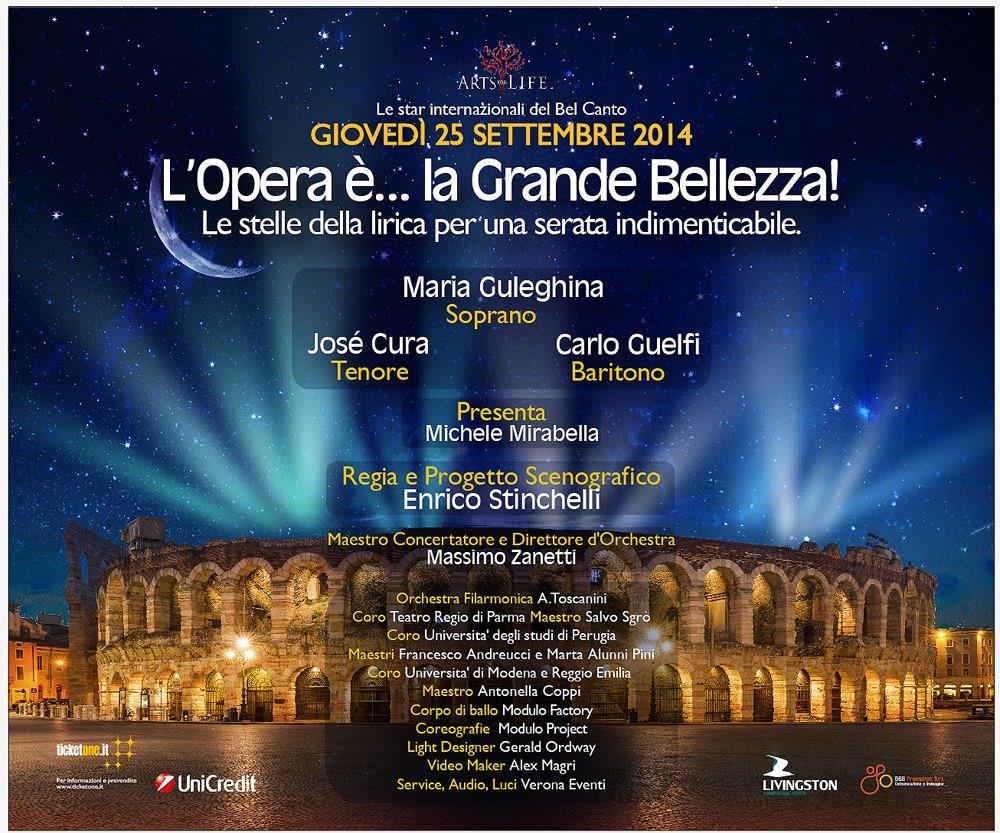
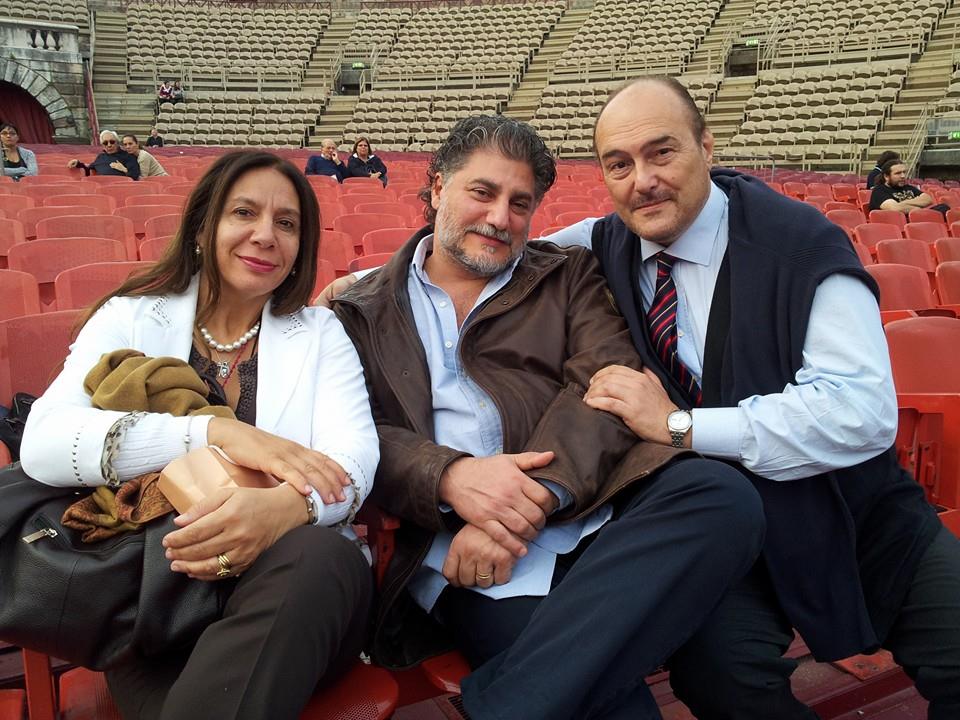
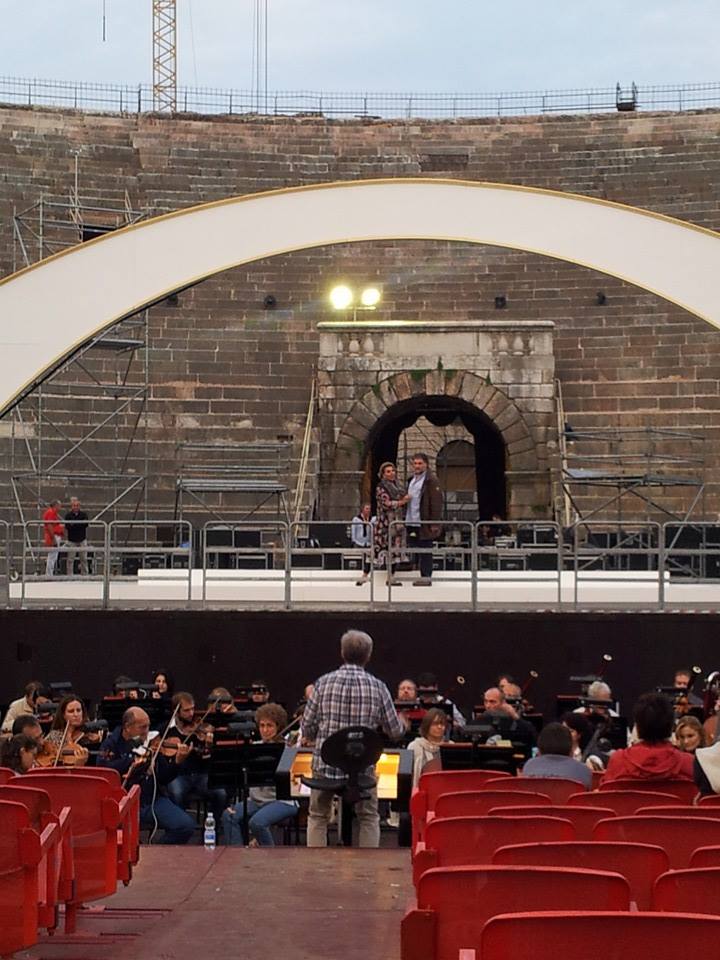
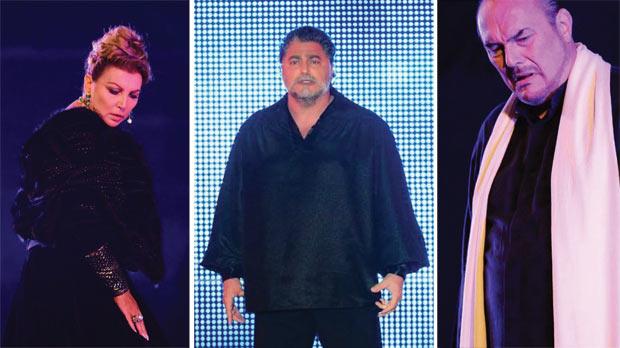
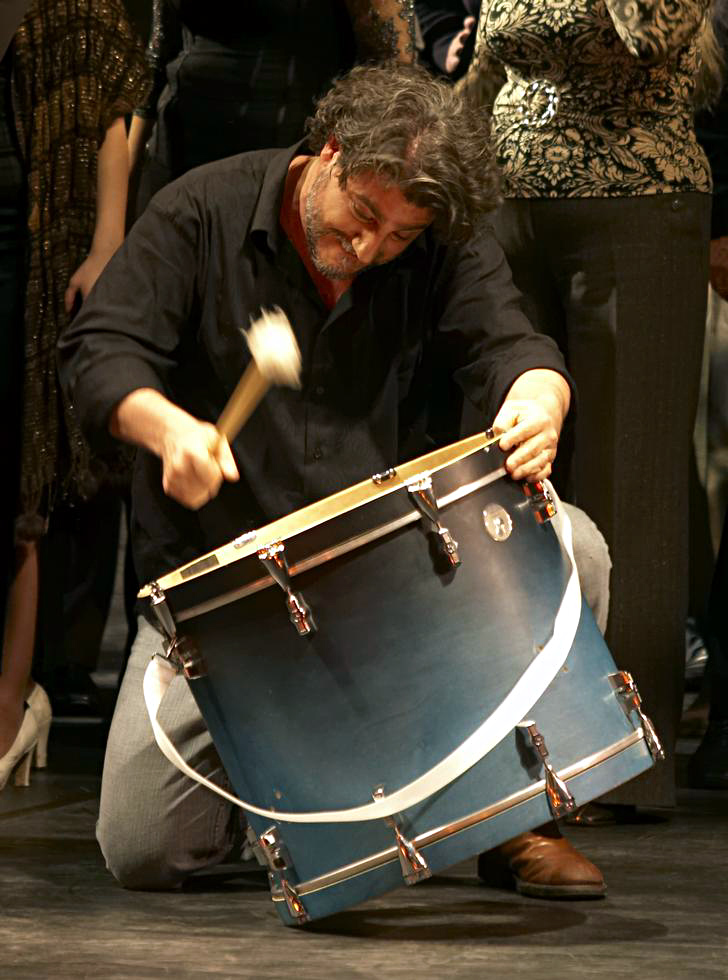
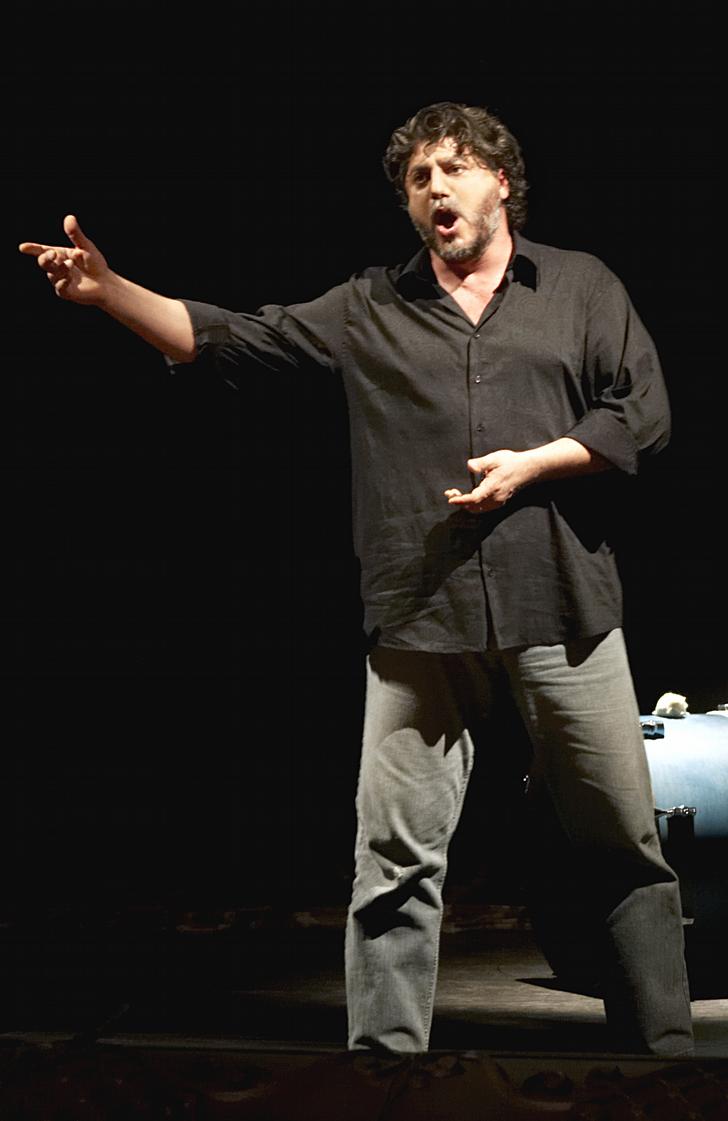
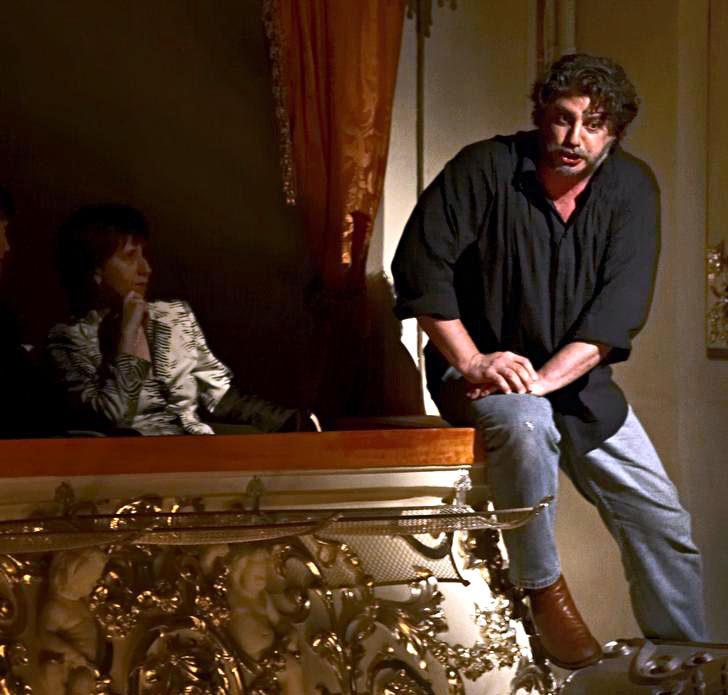
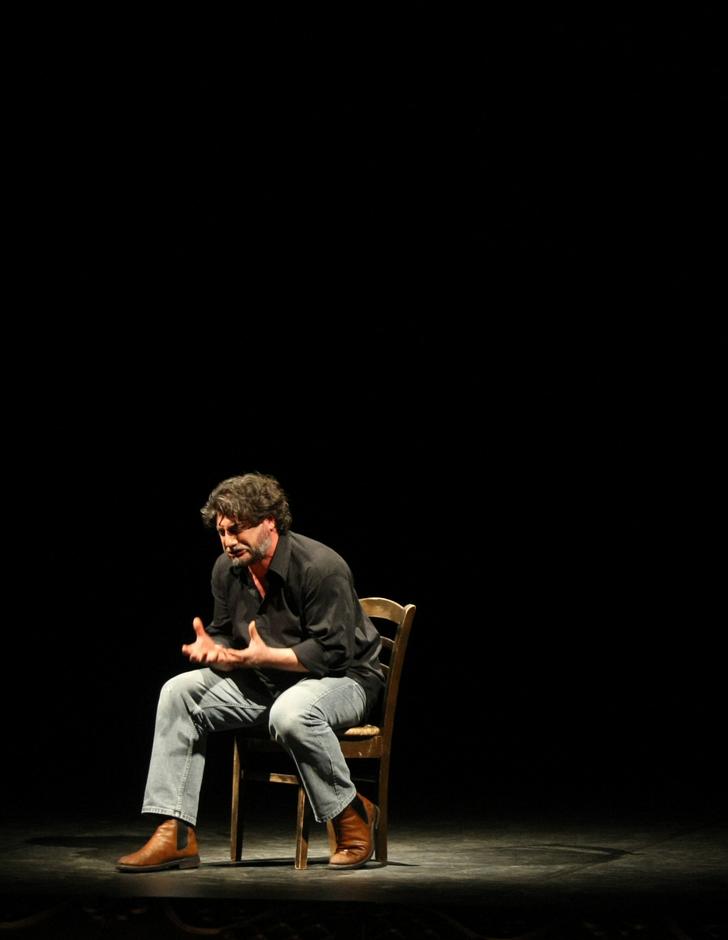
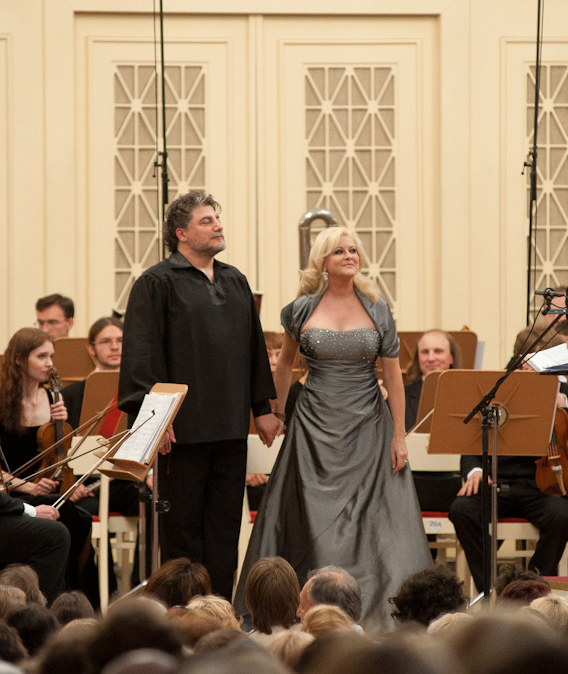
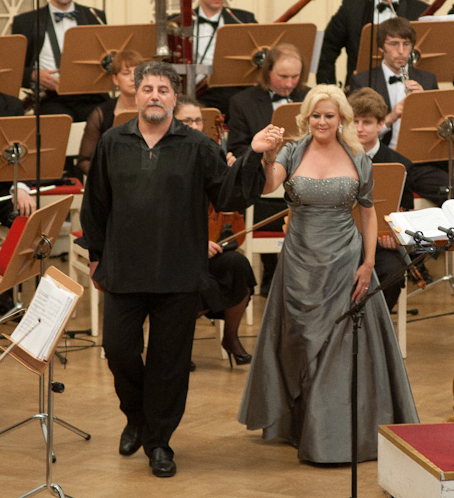
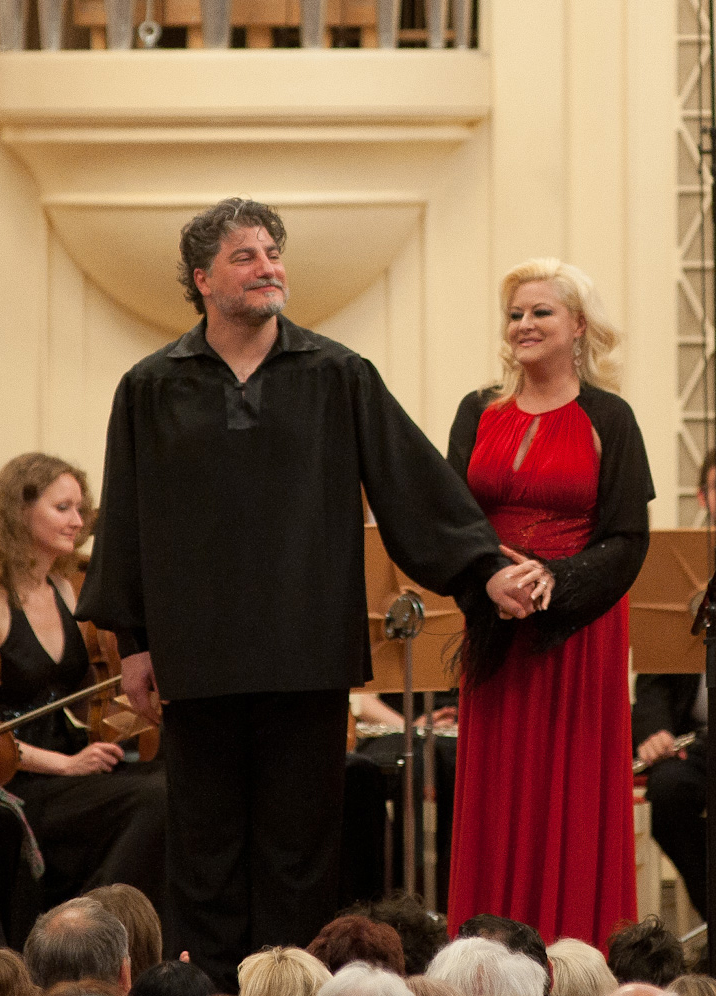
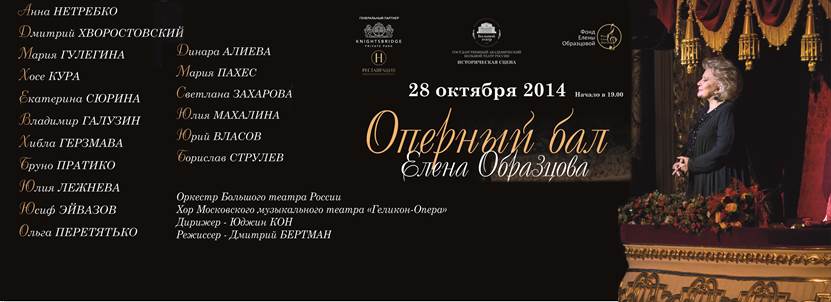
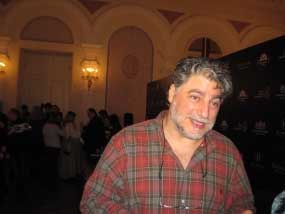
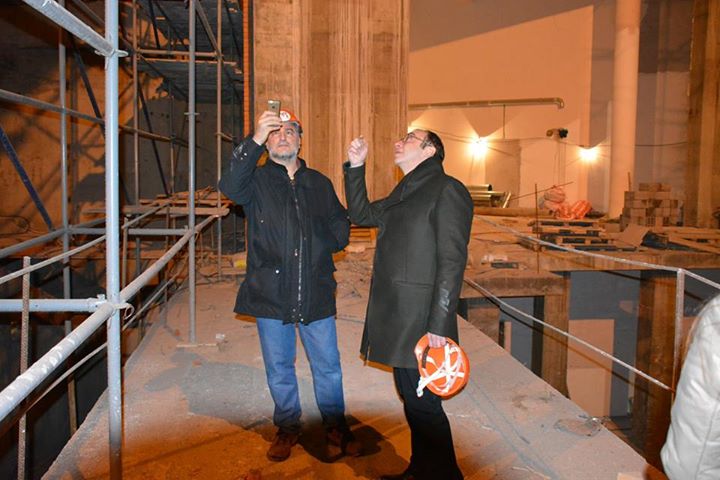
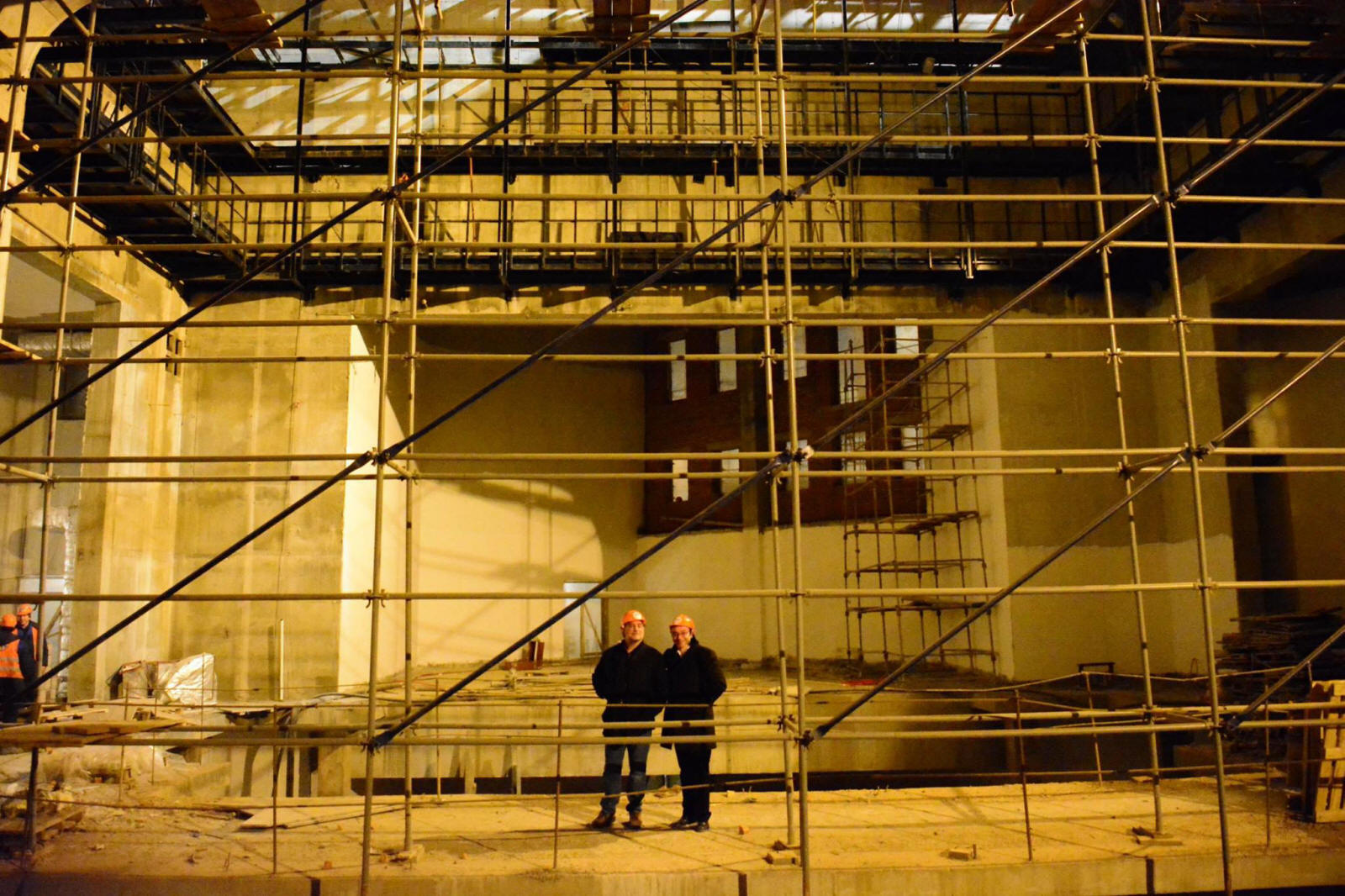
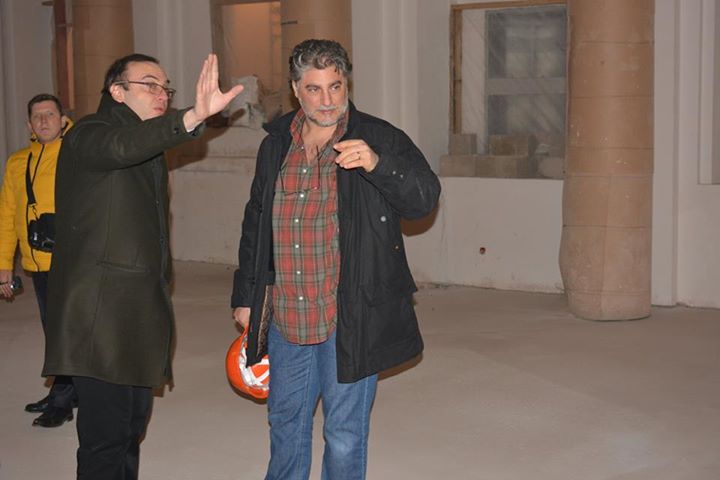
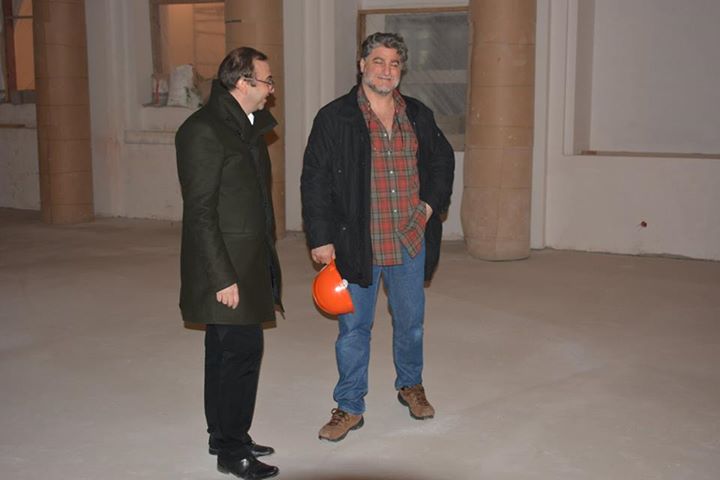
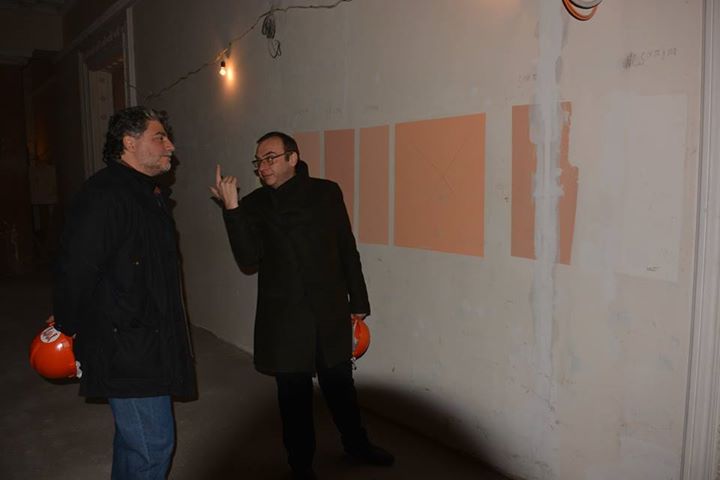
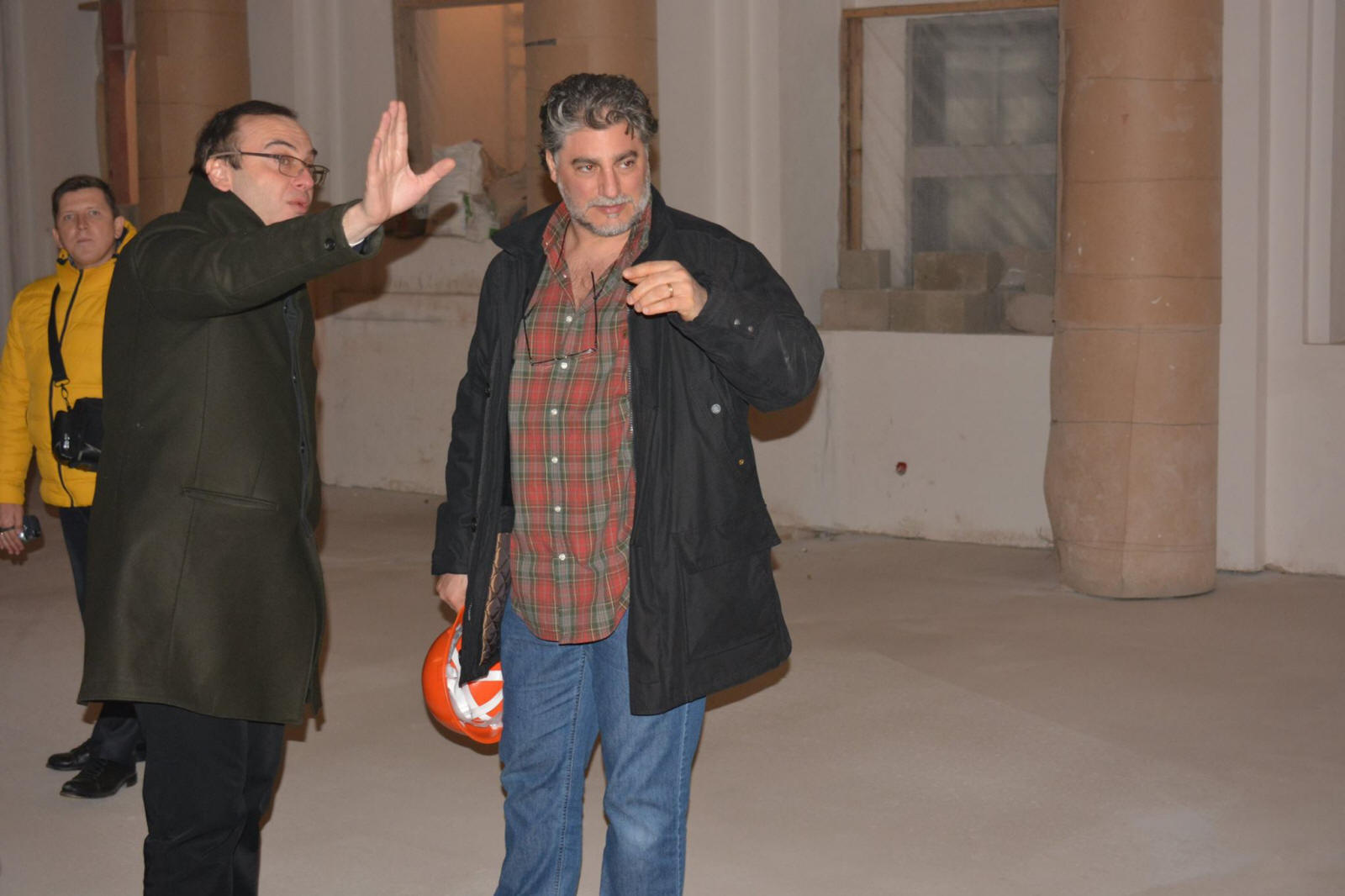
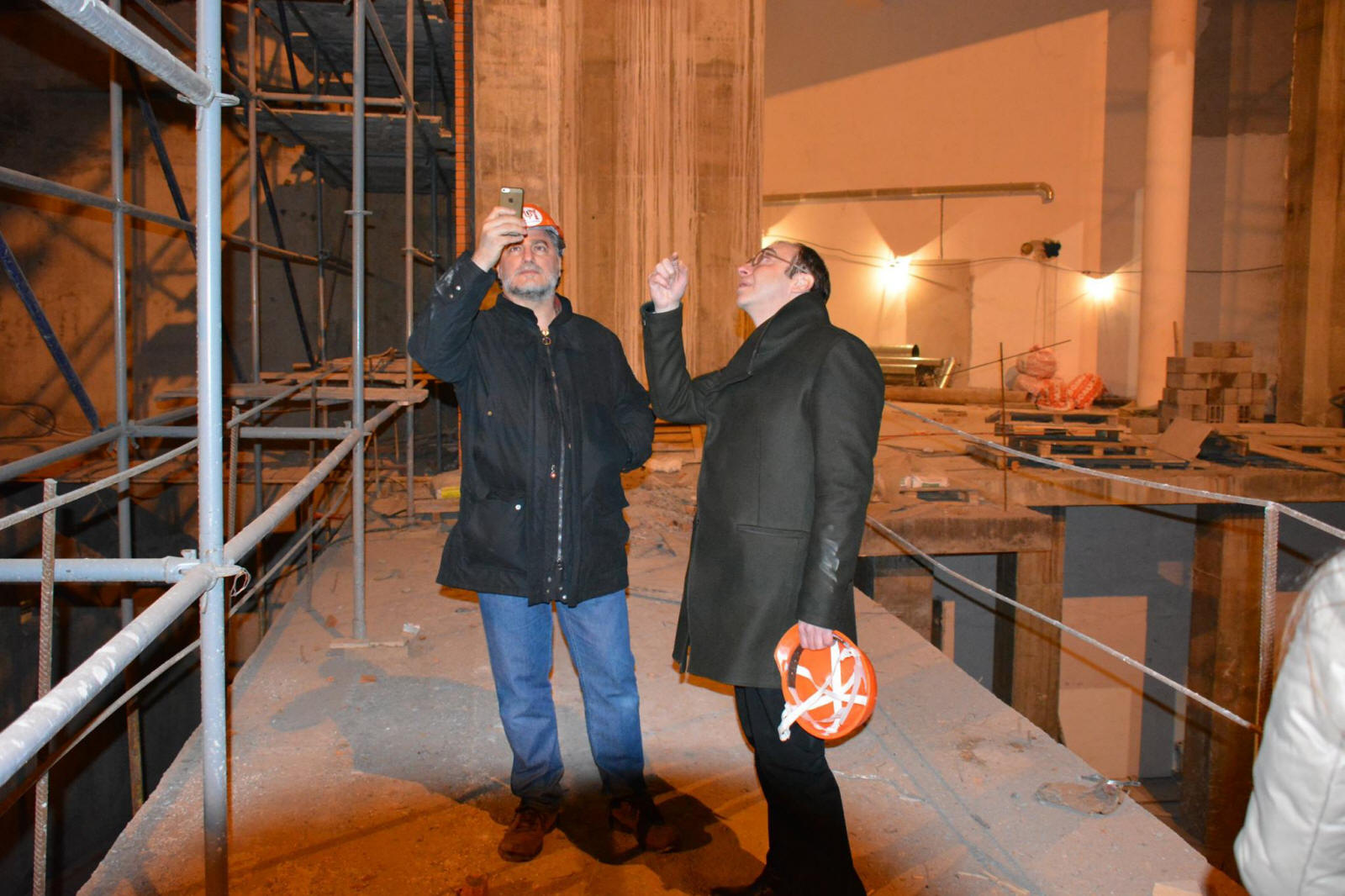
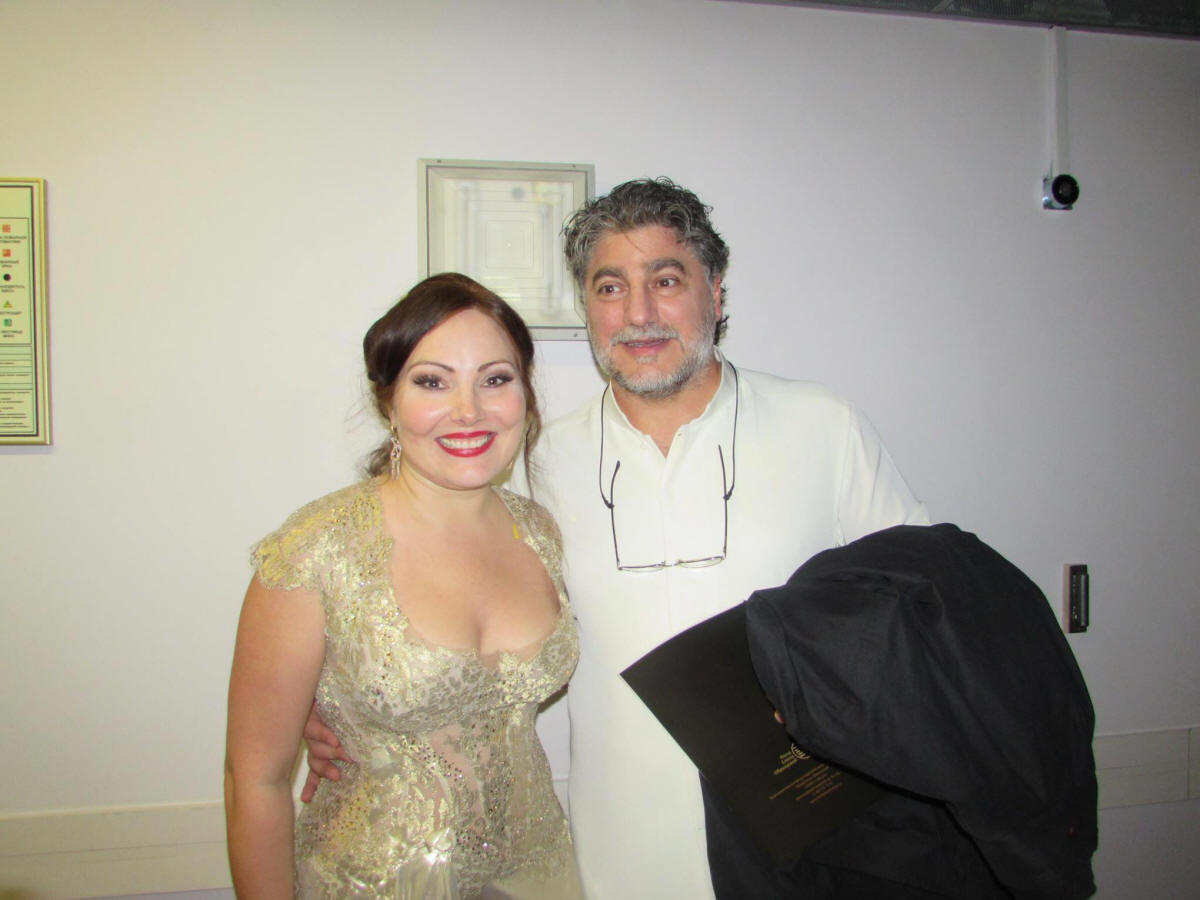
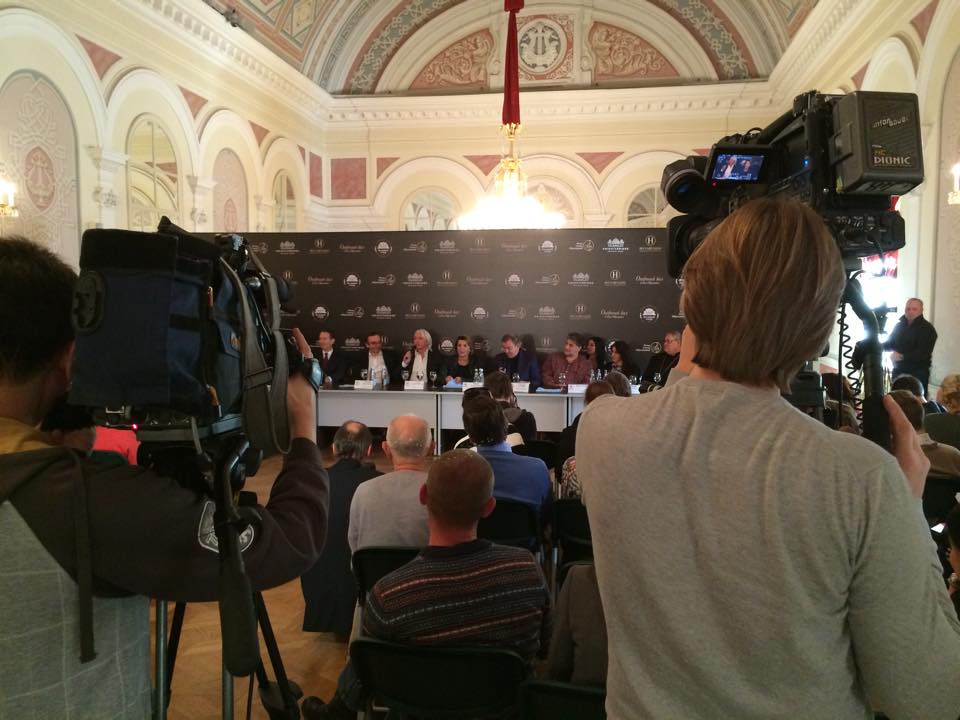
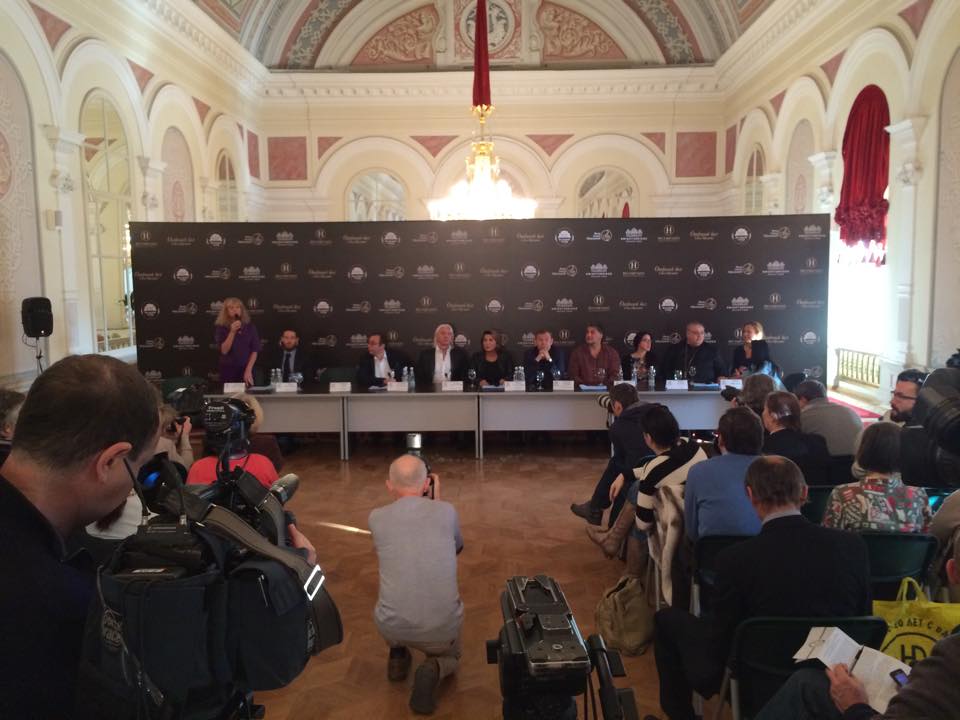
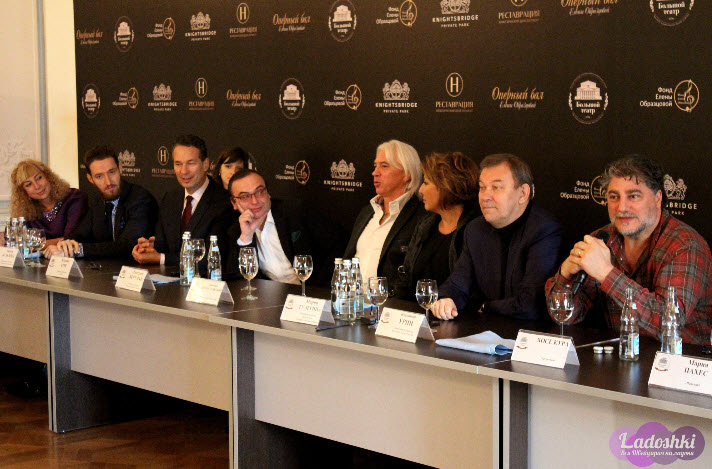
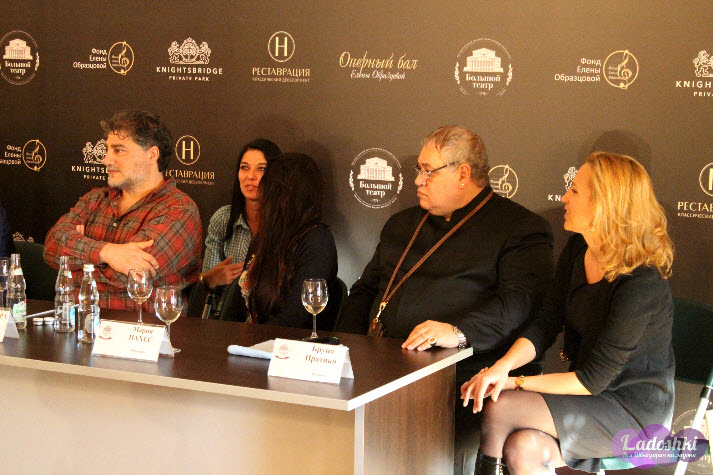
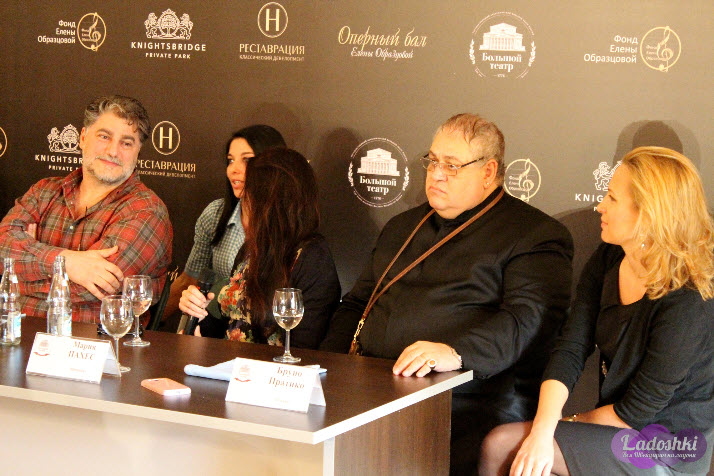
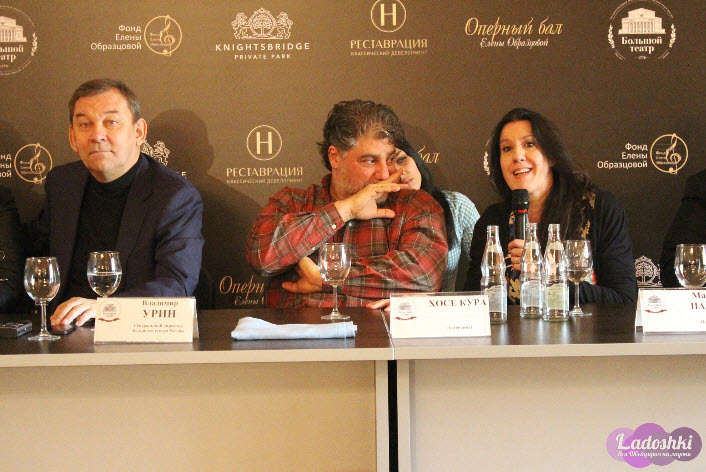
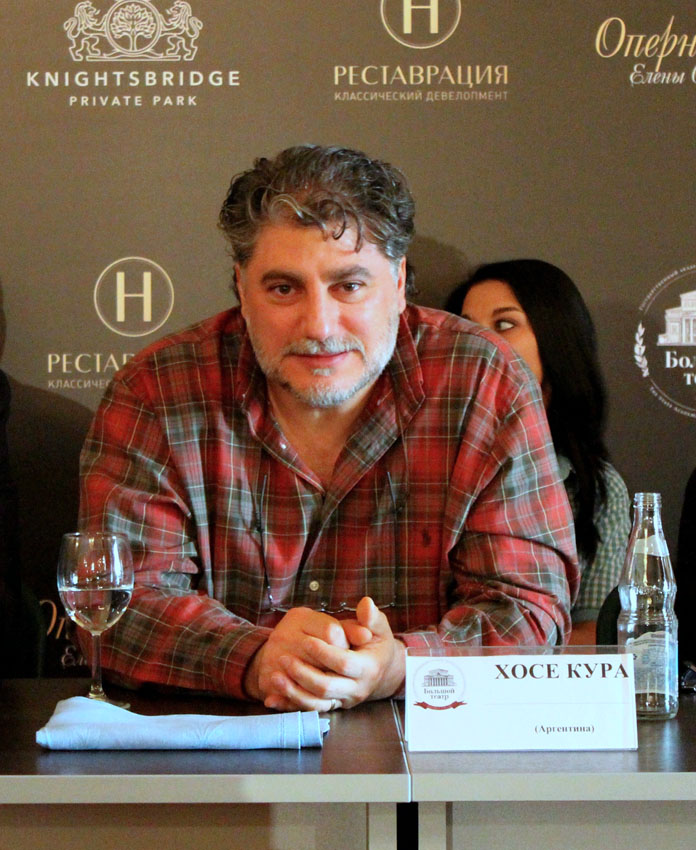
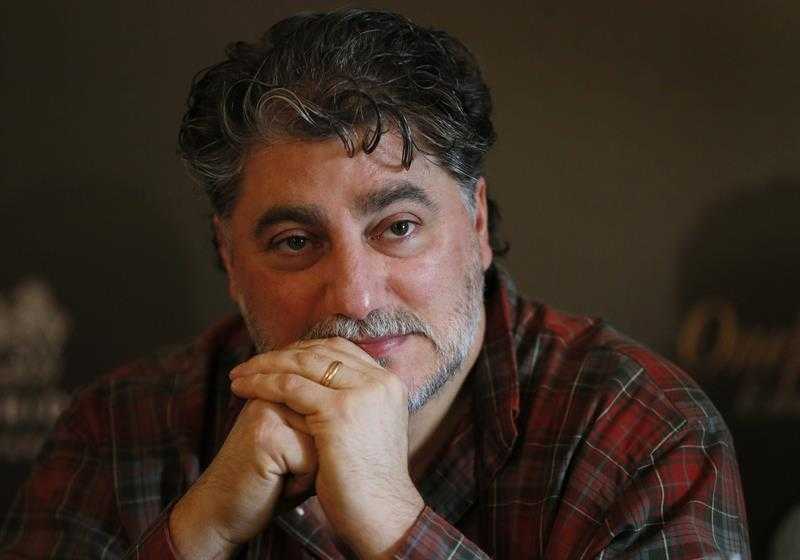
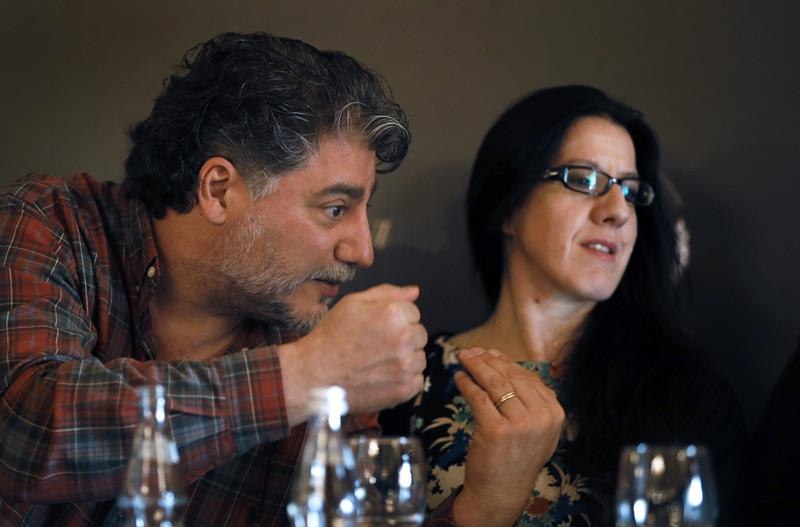
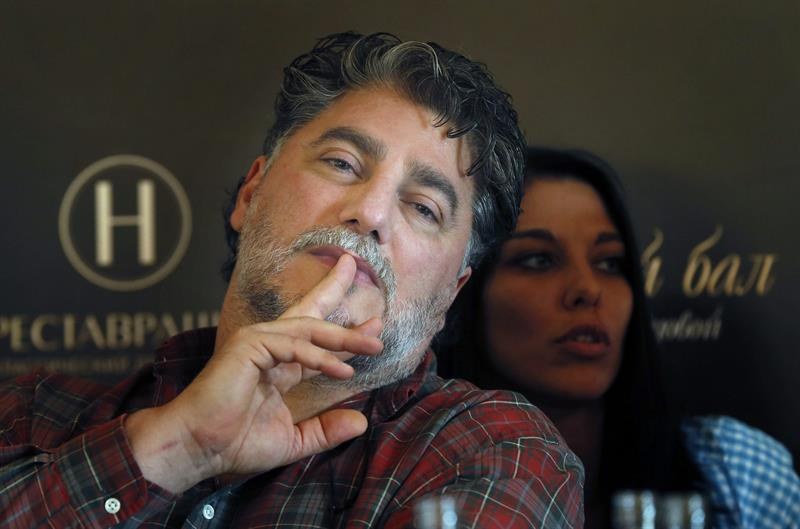
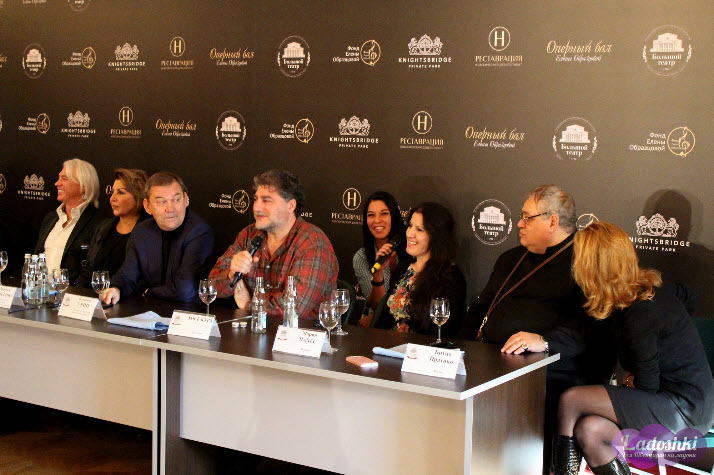
.jpg)
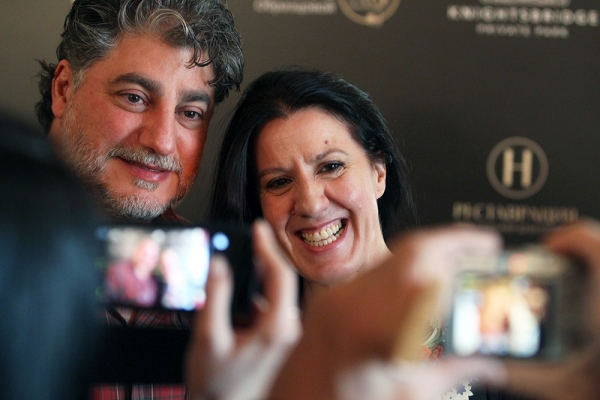
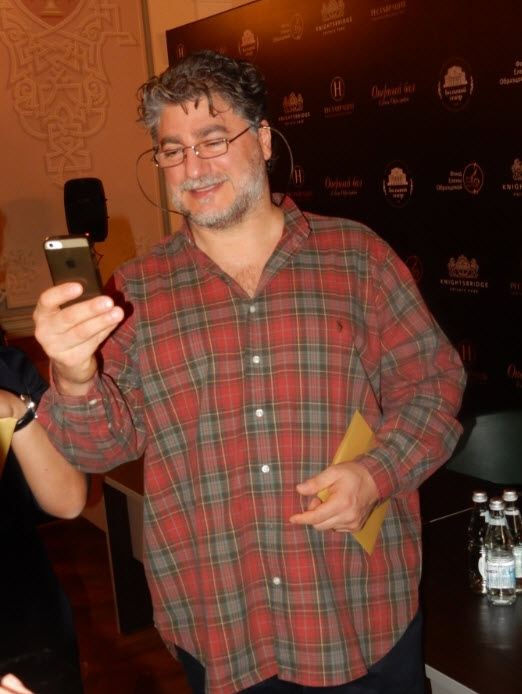
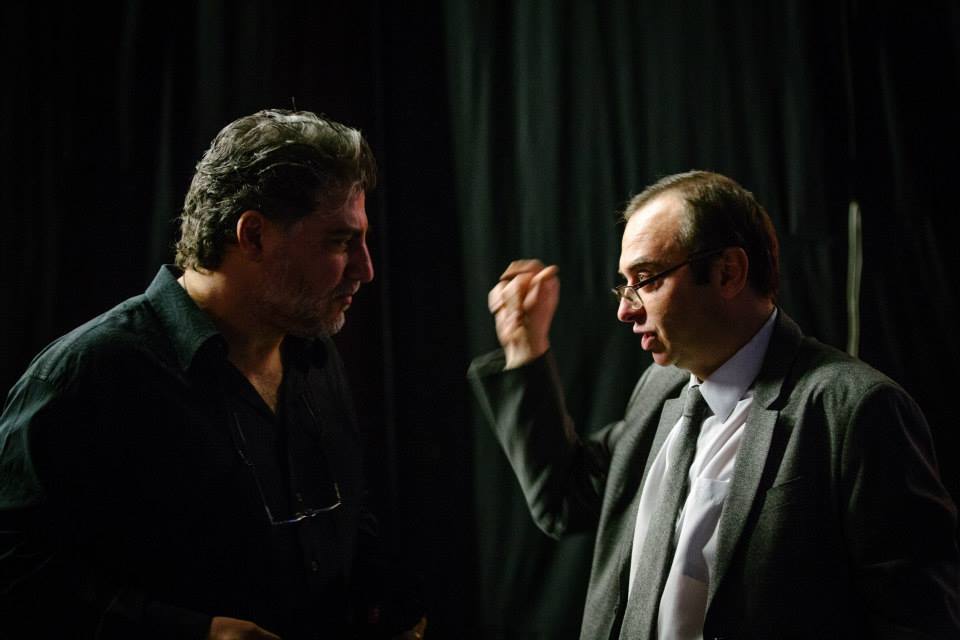
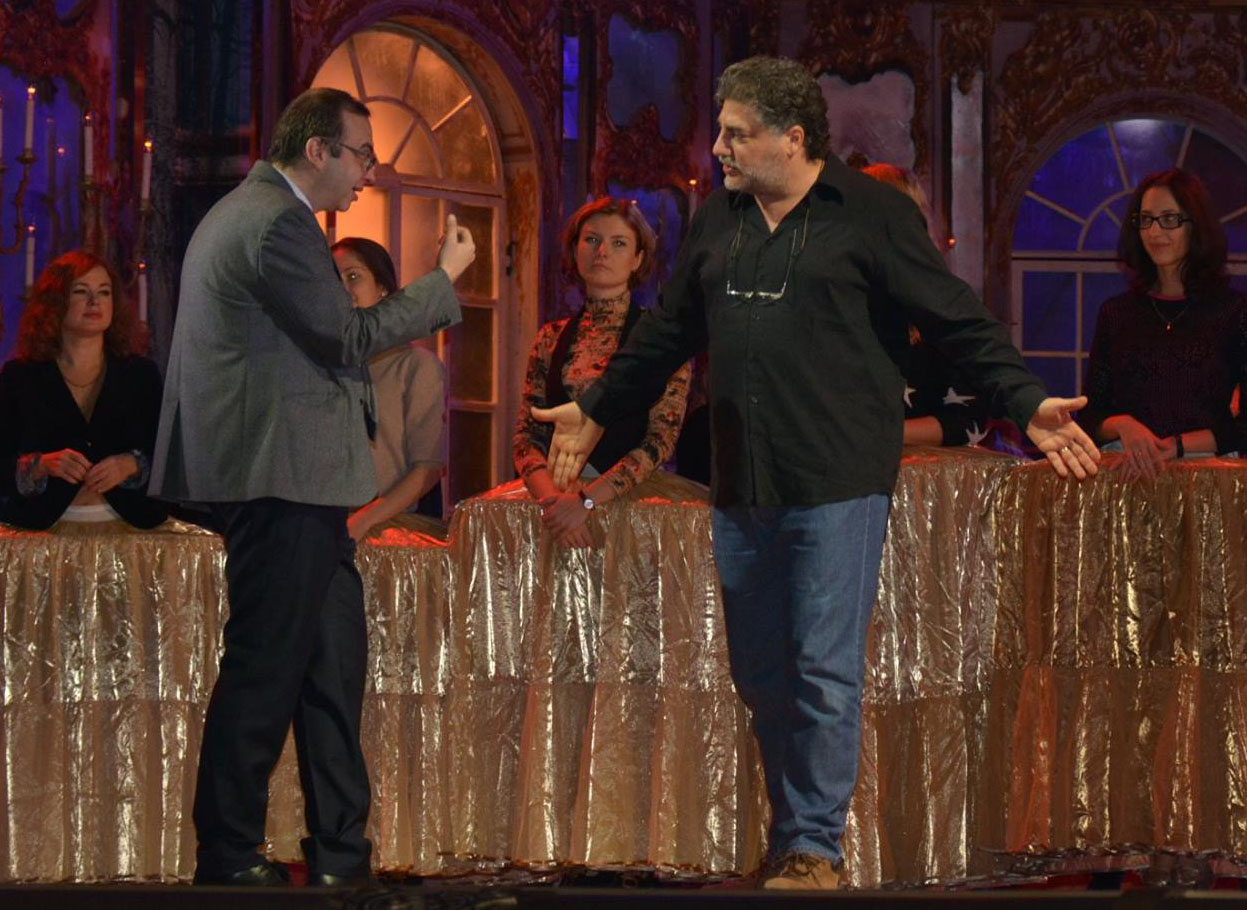
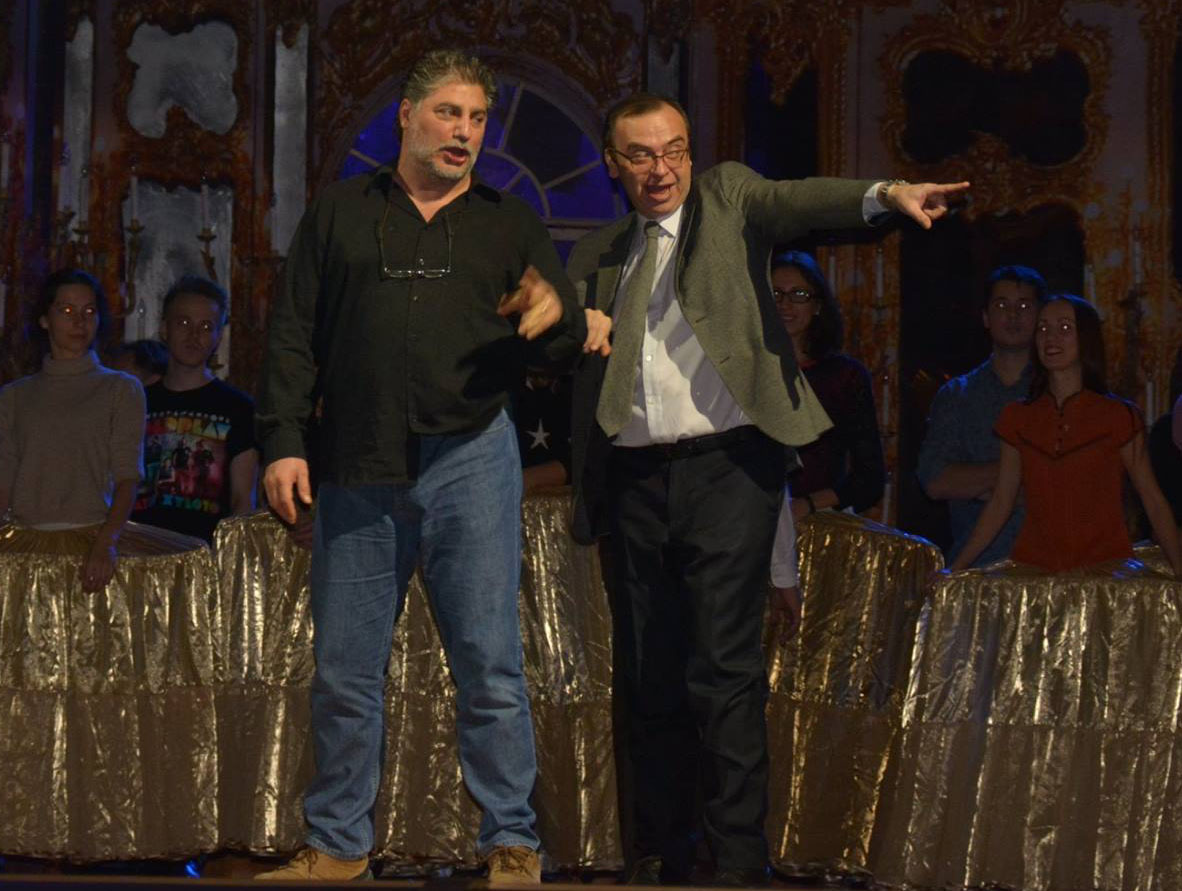
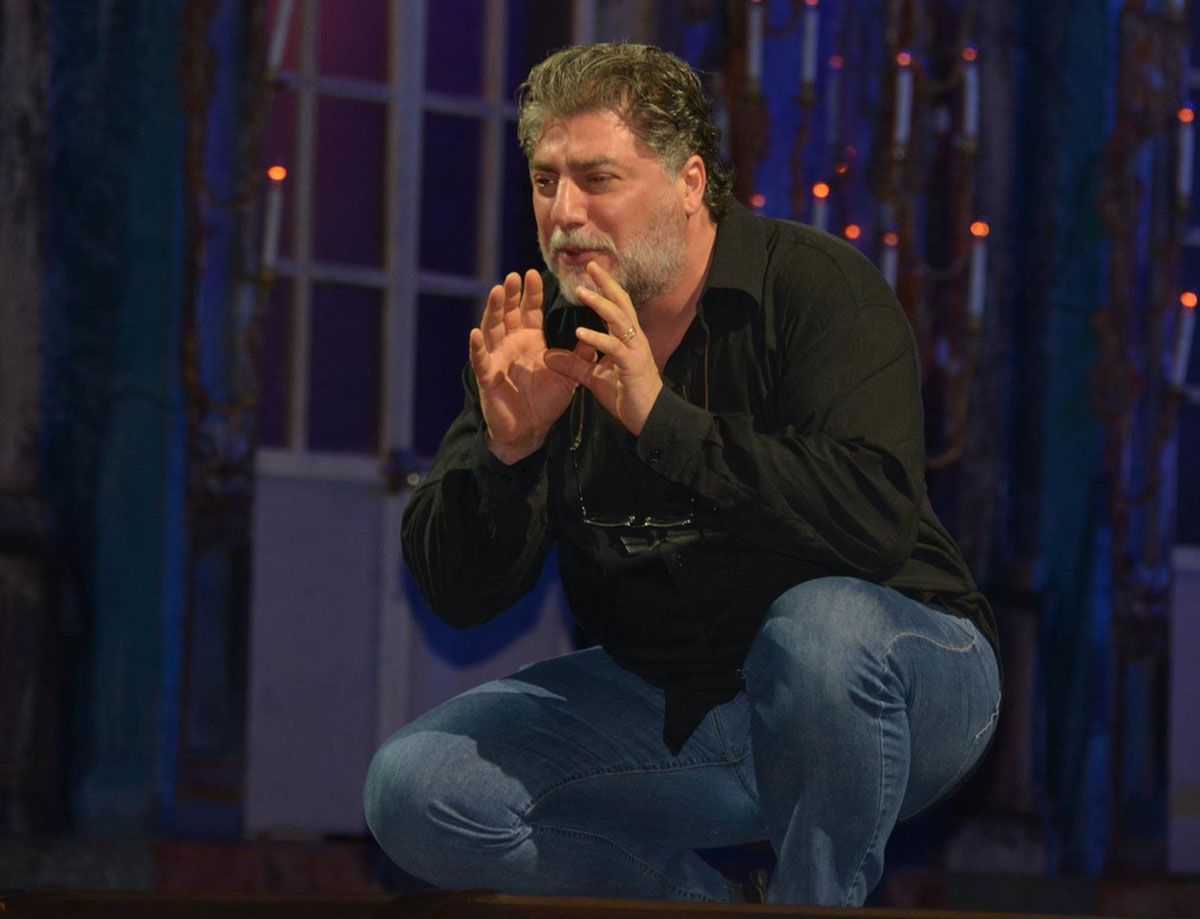
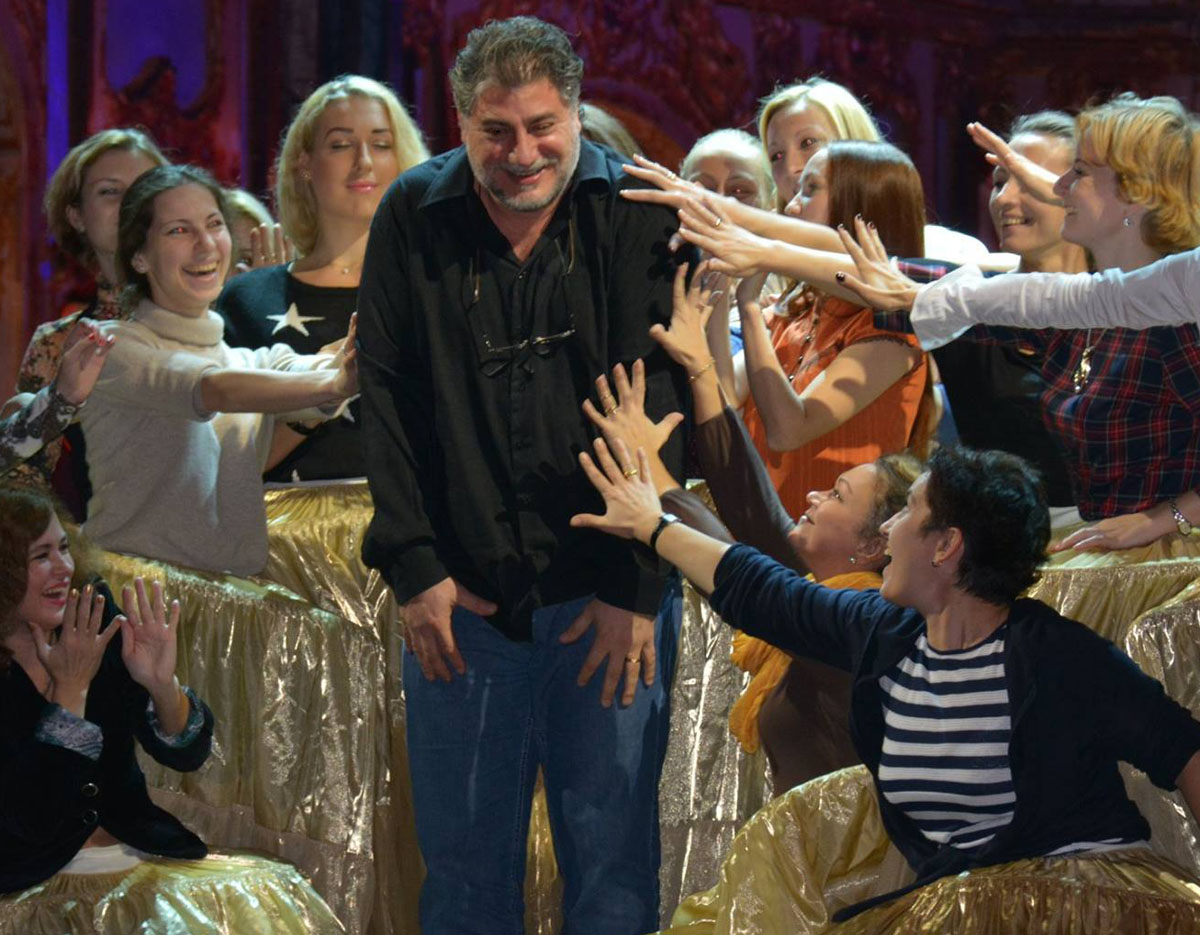
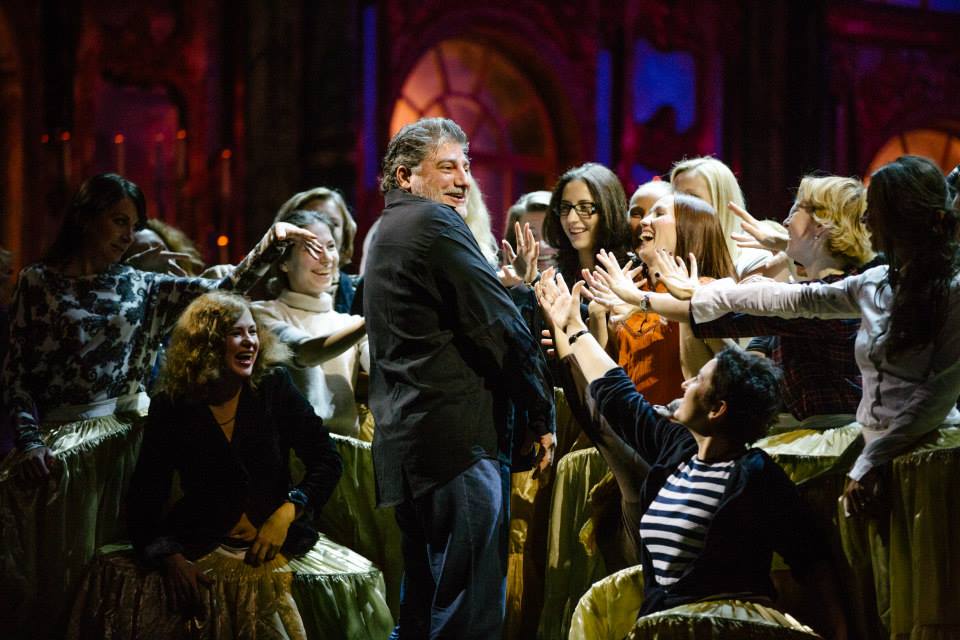
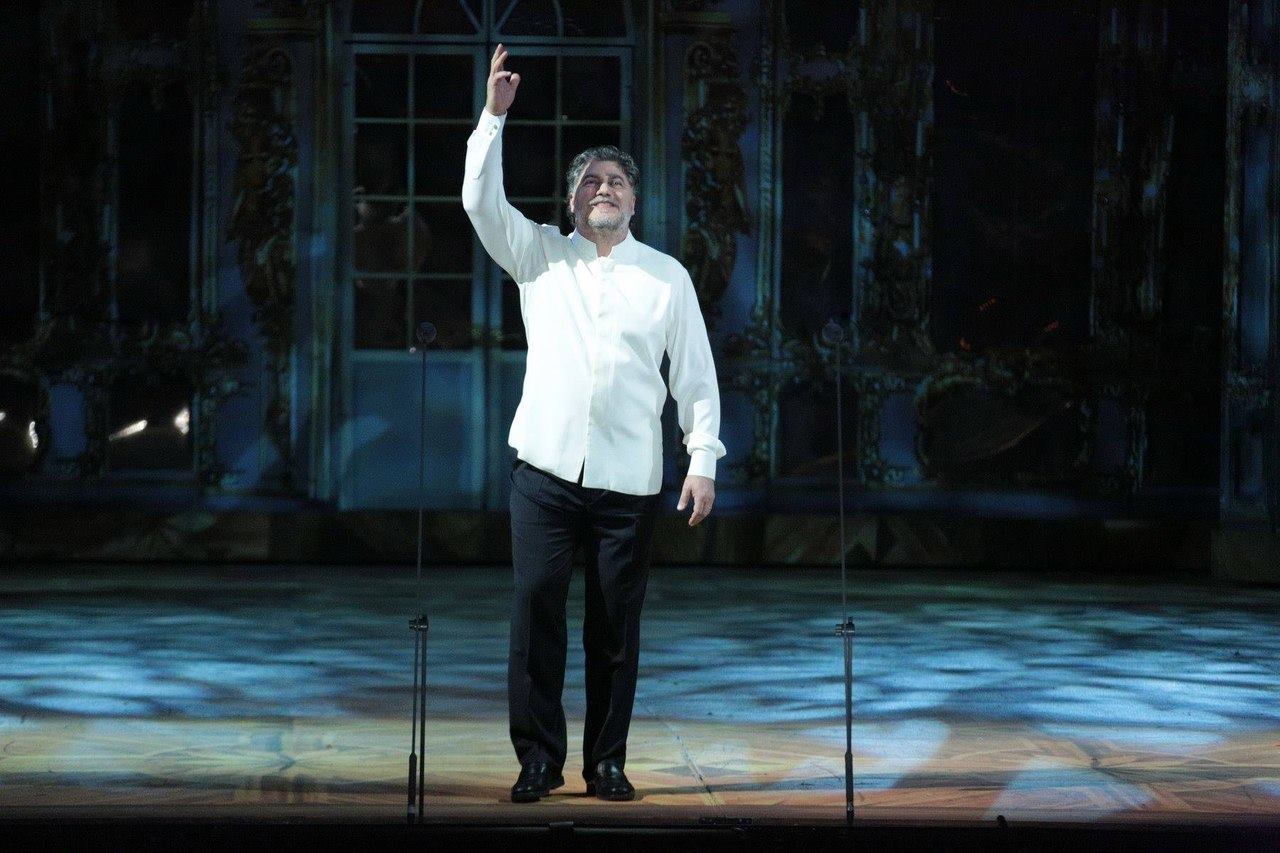
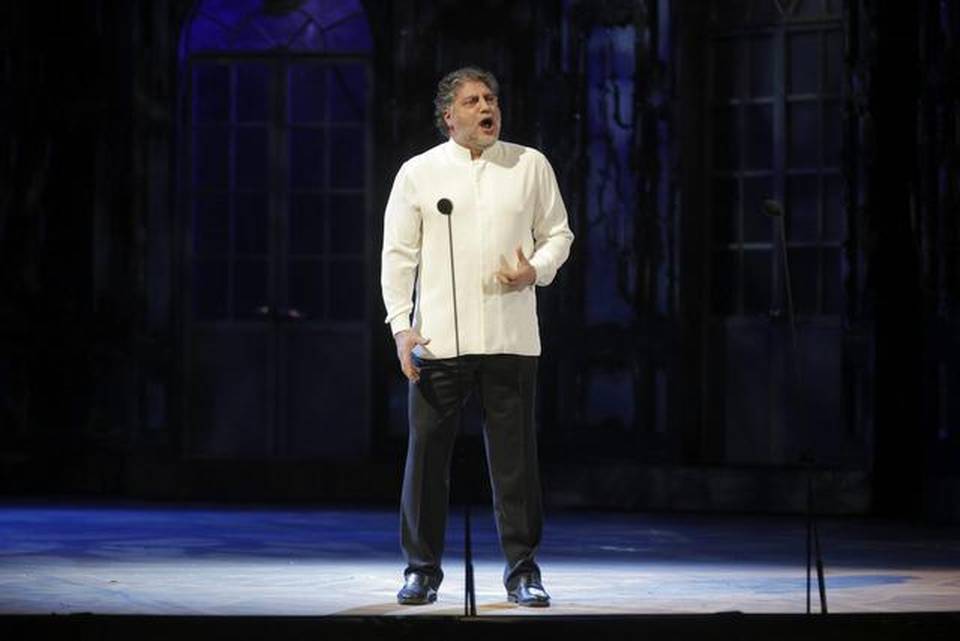
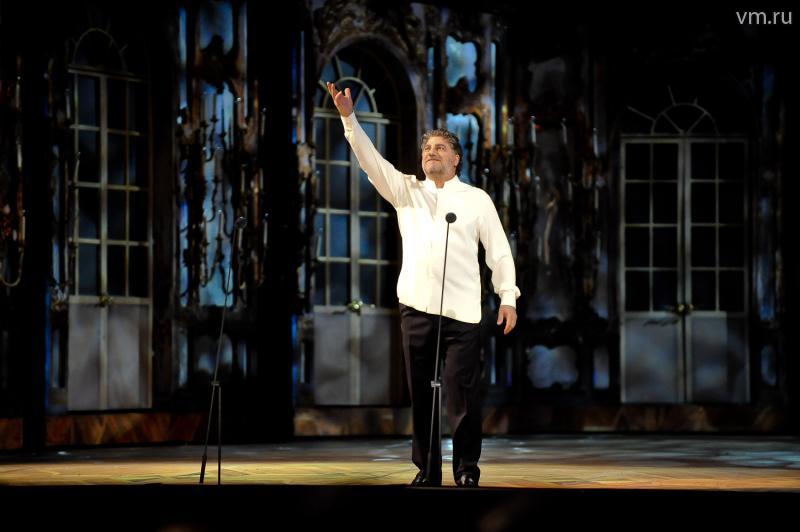
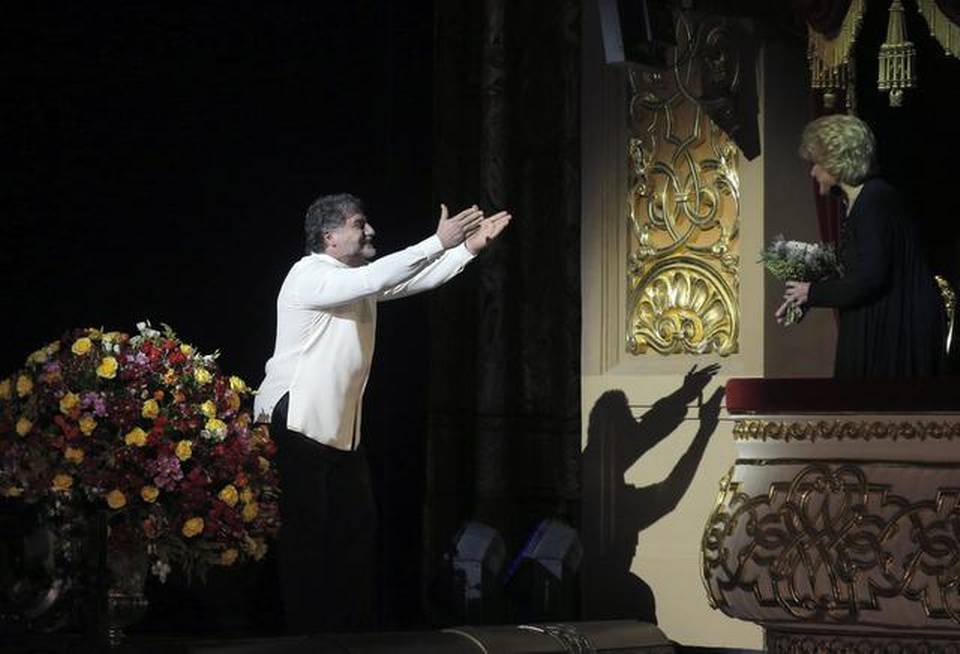
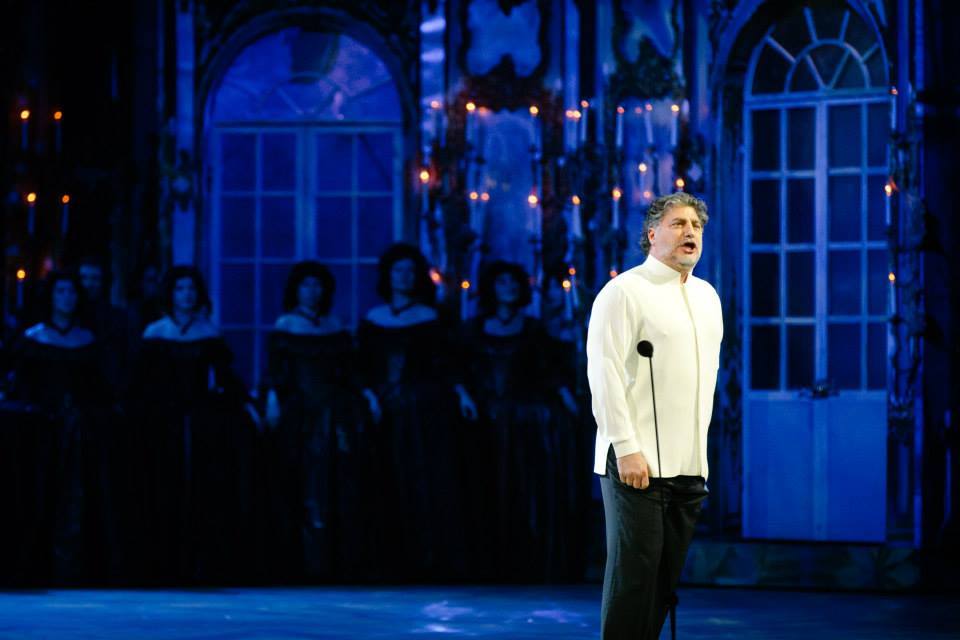
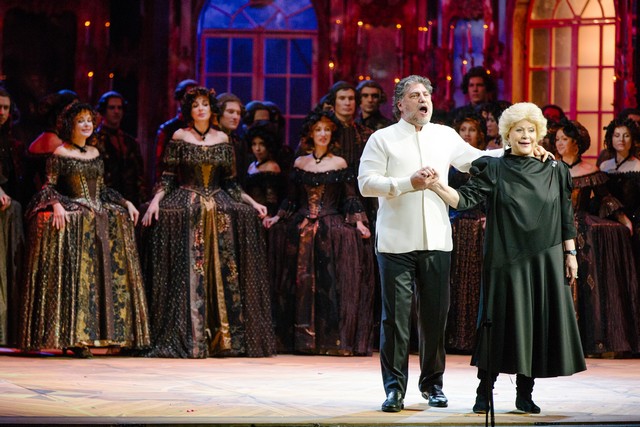
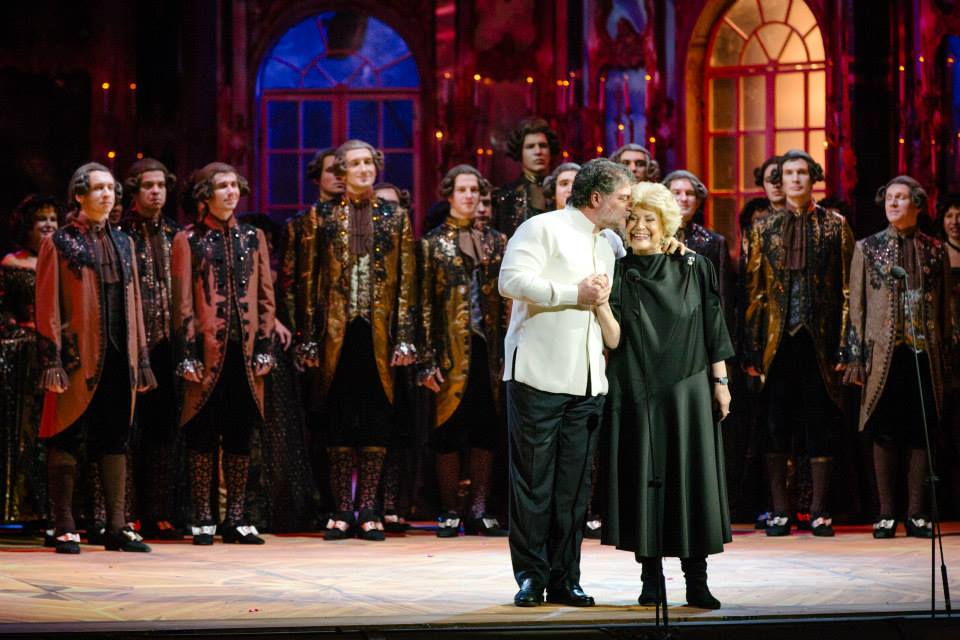
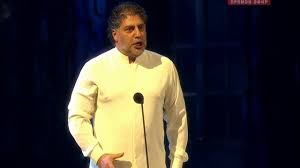
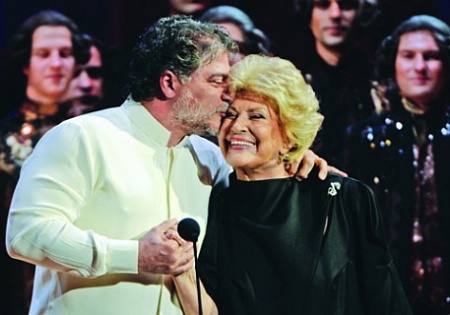
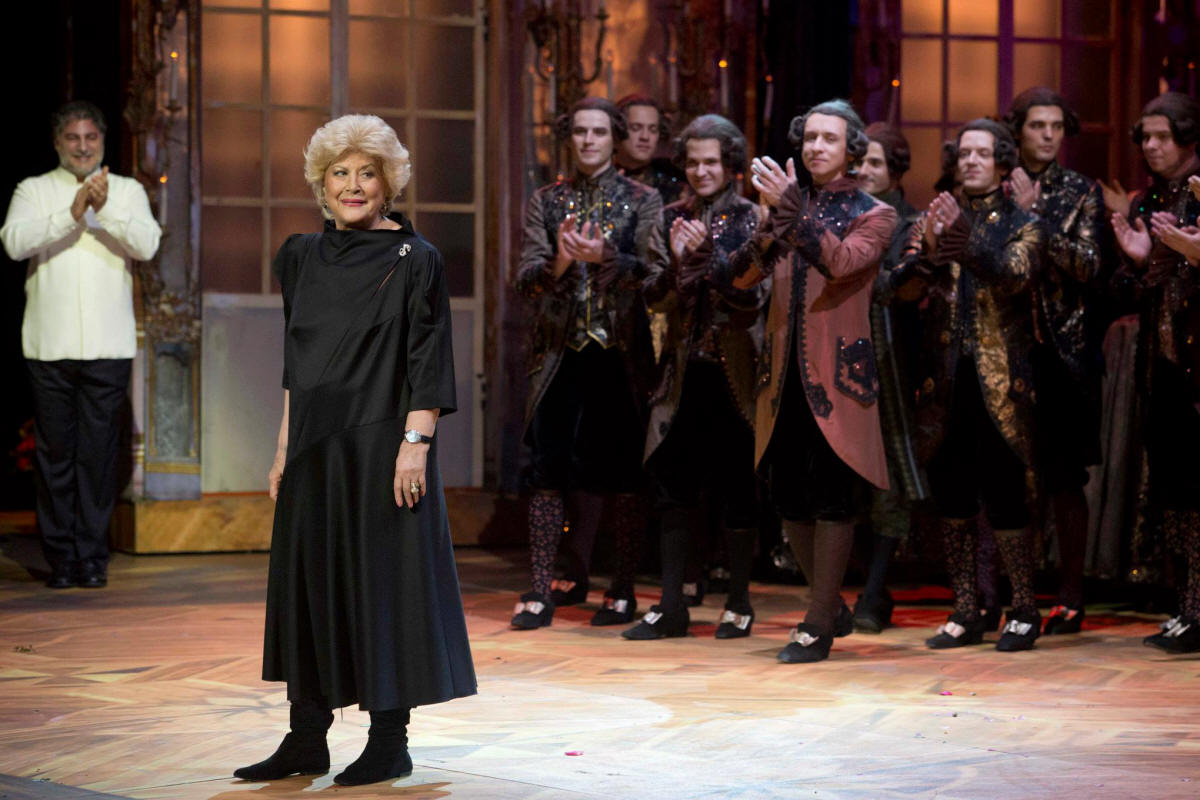
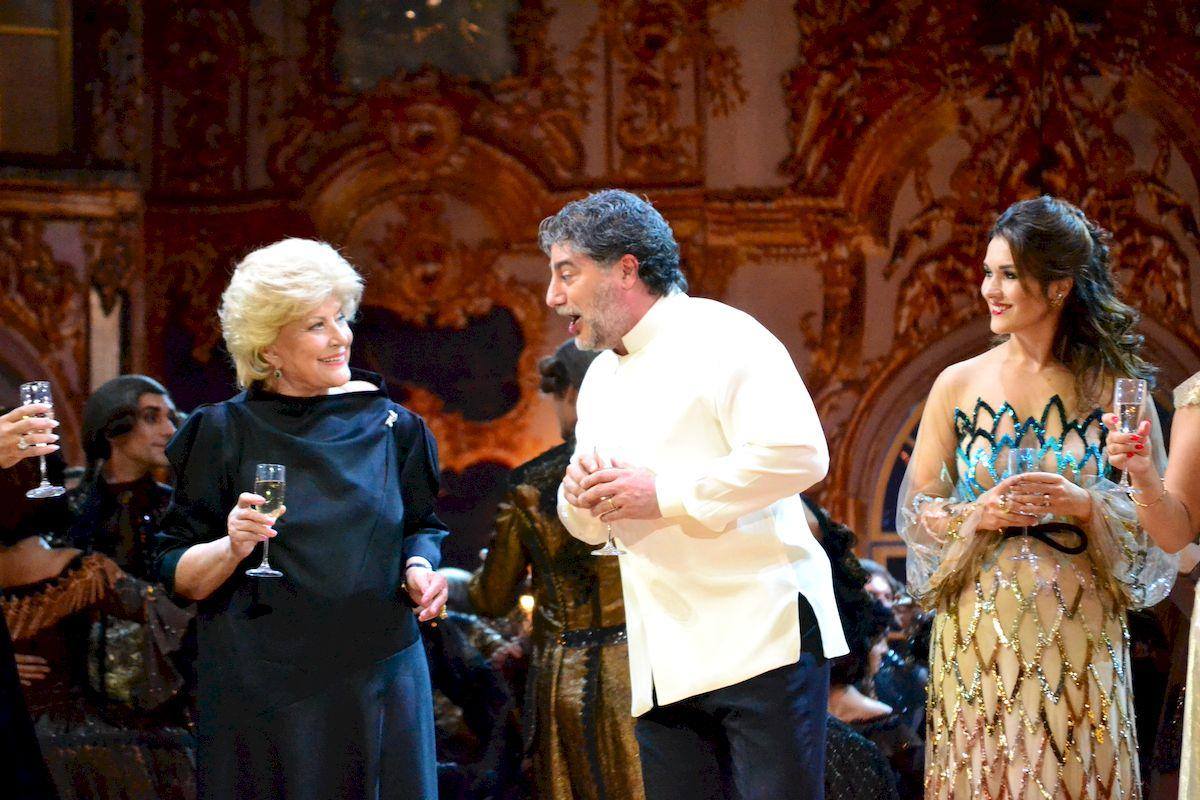
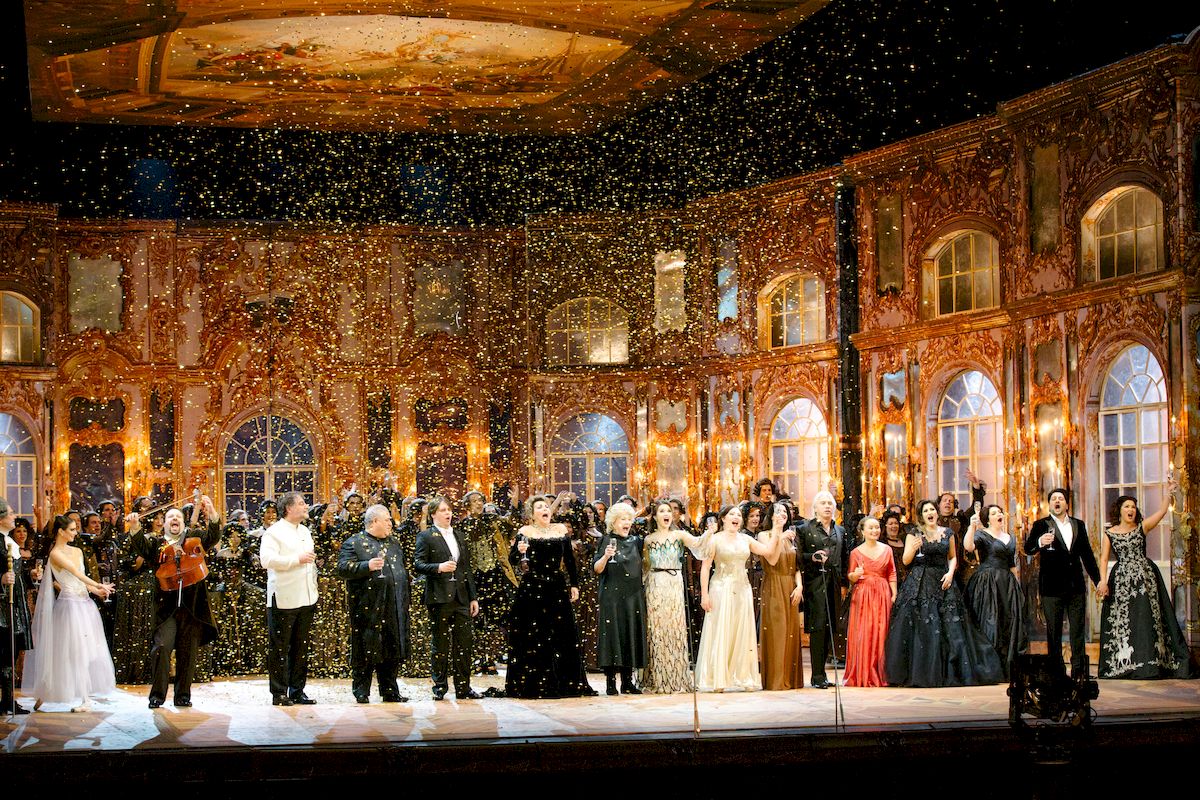
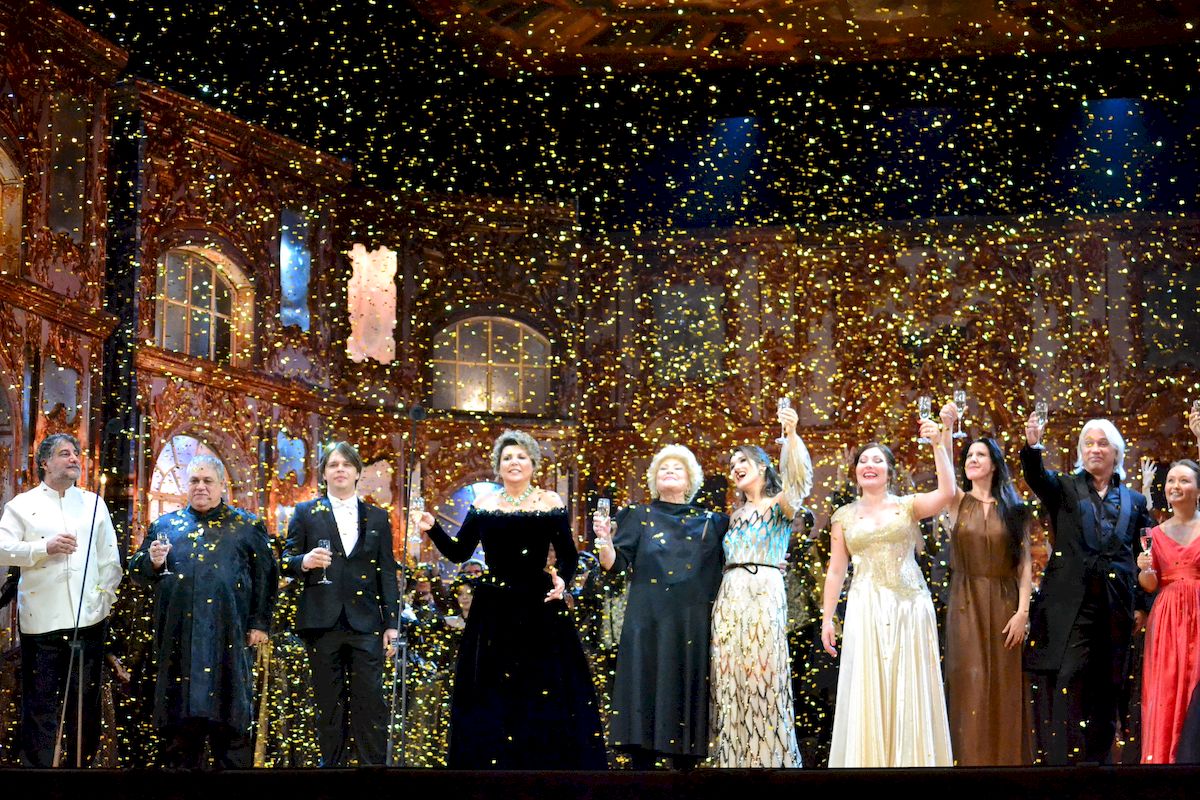
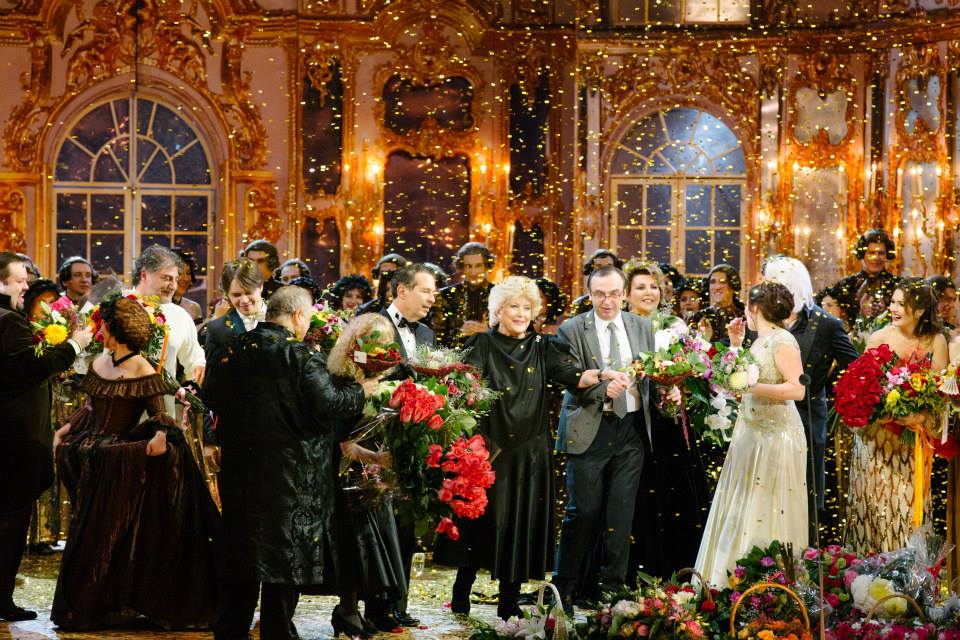
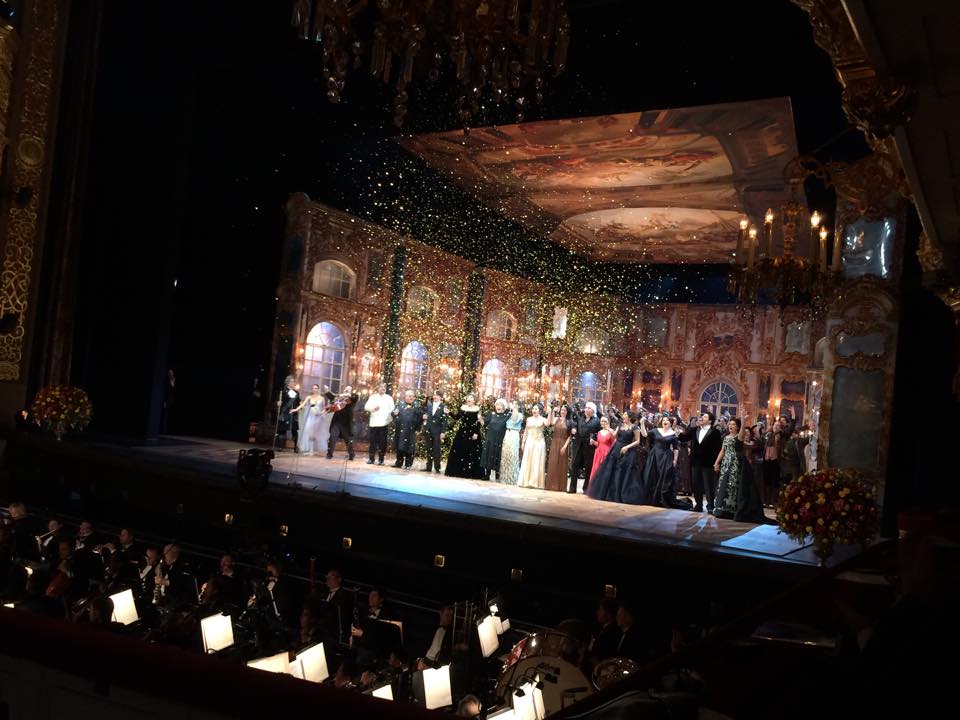
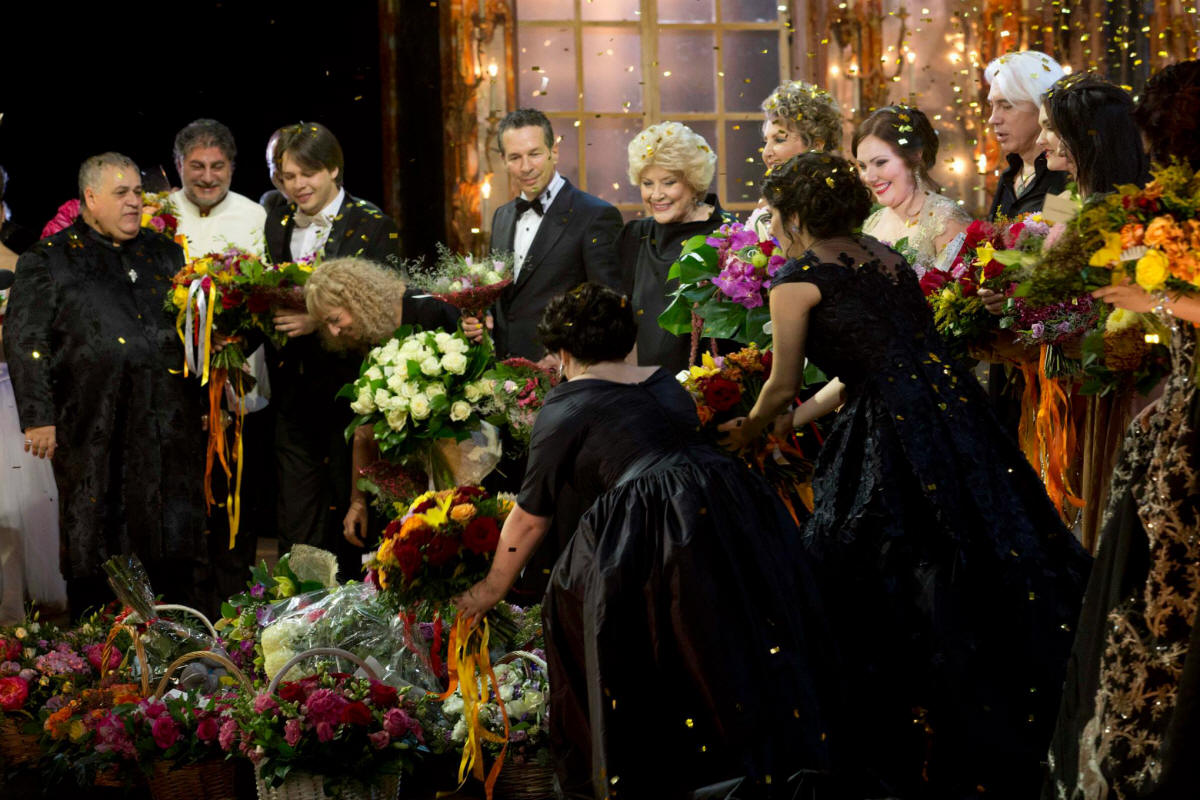
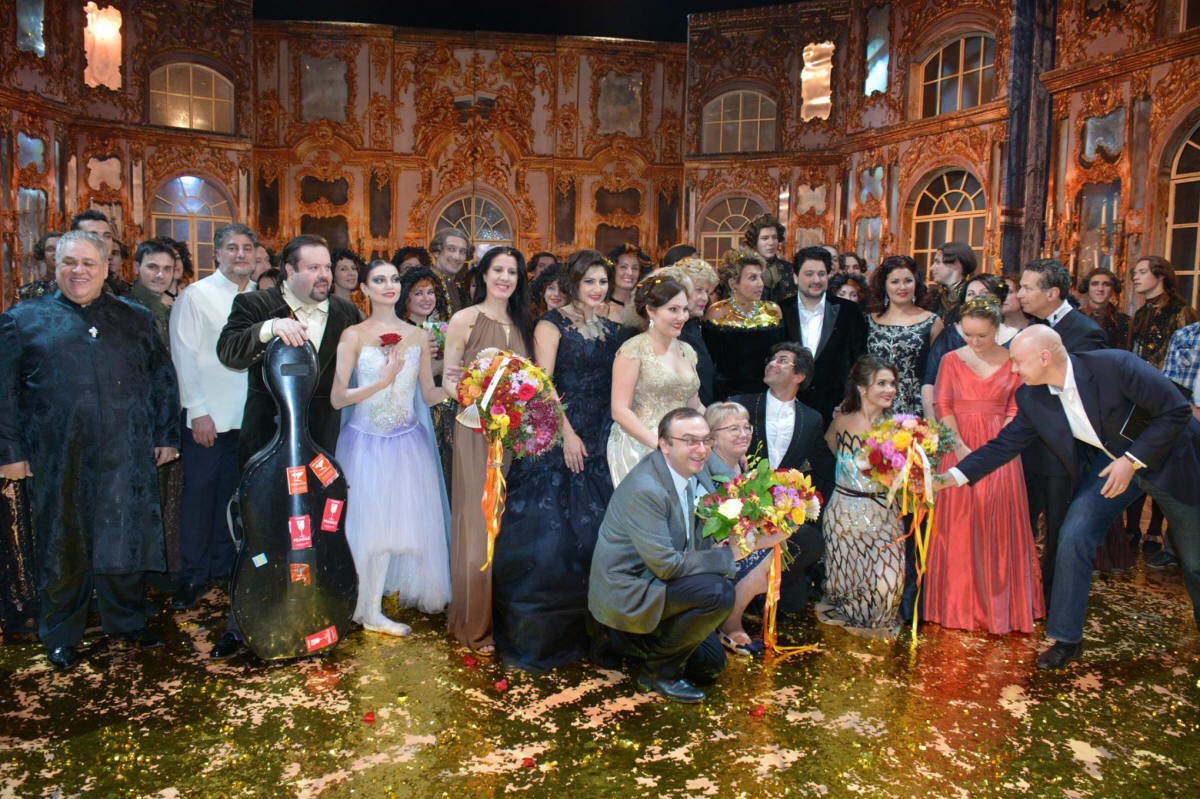
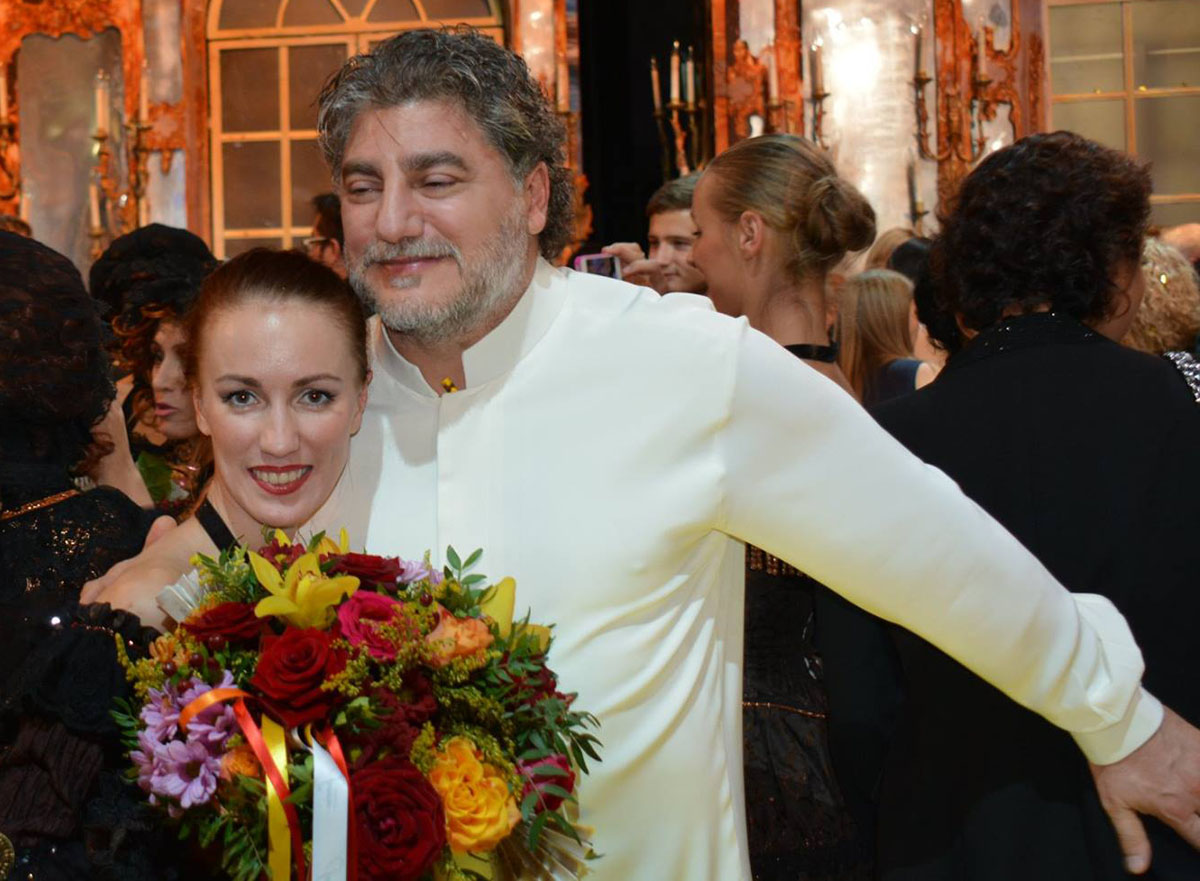
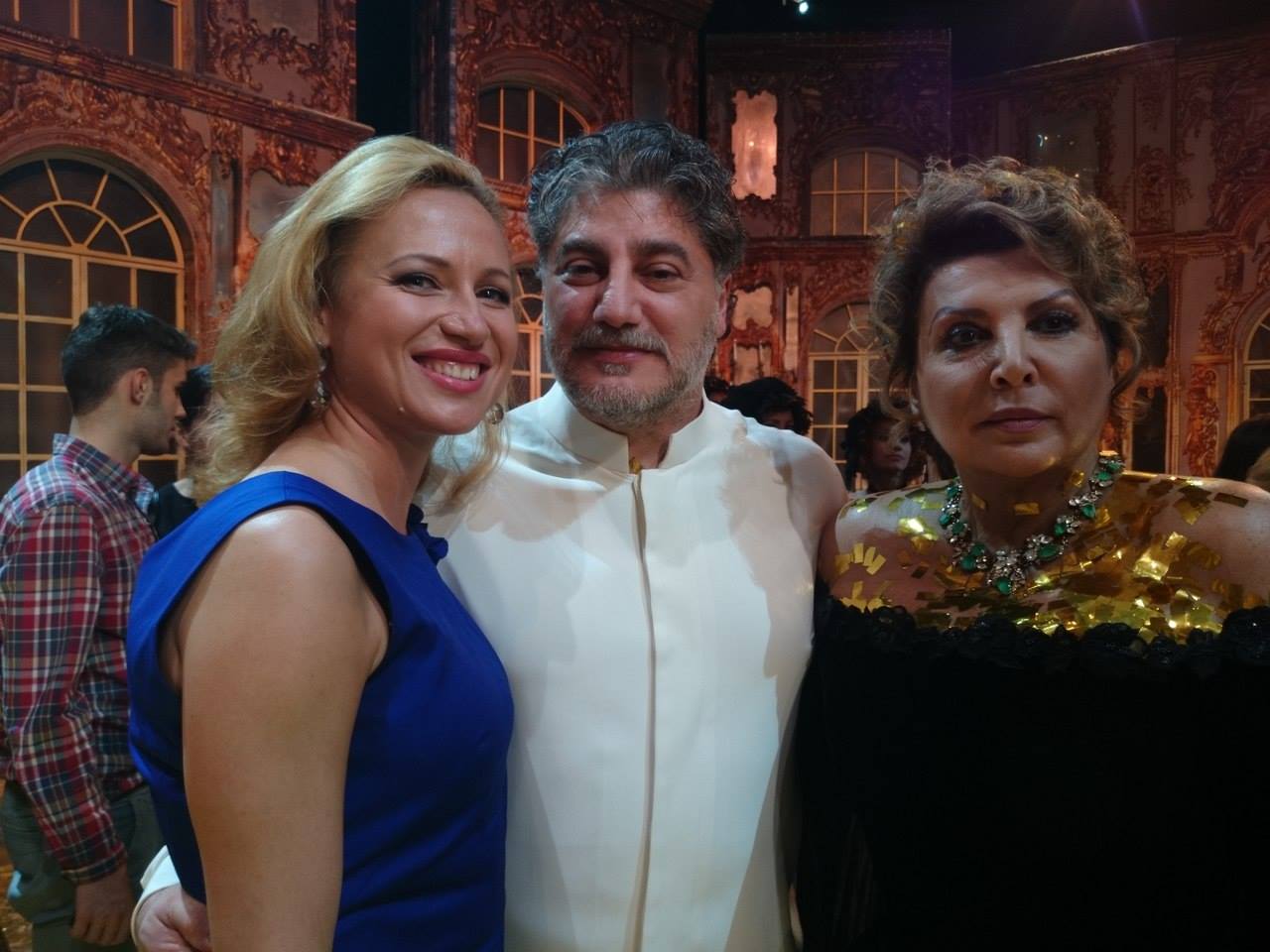
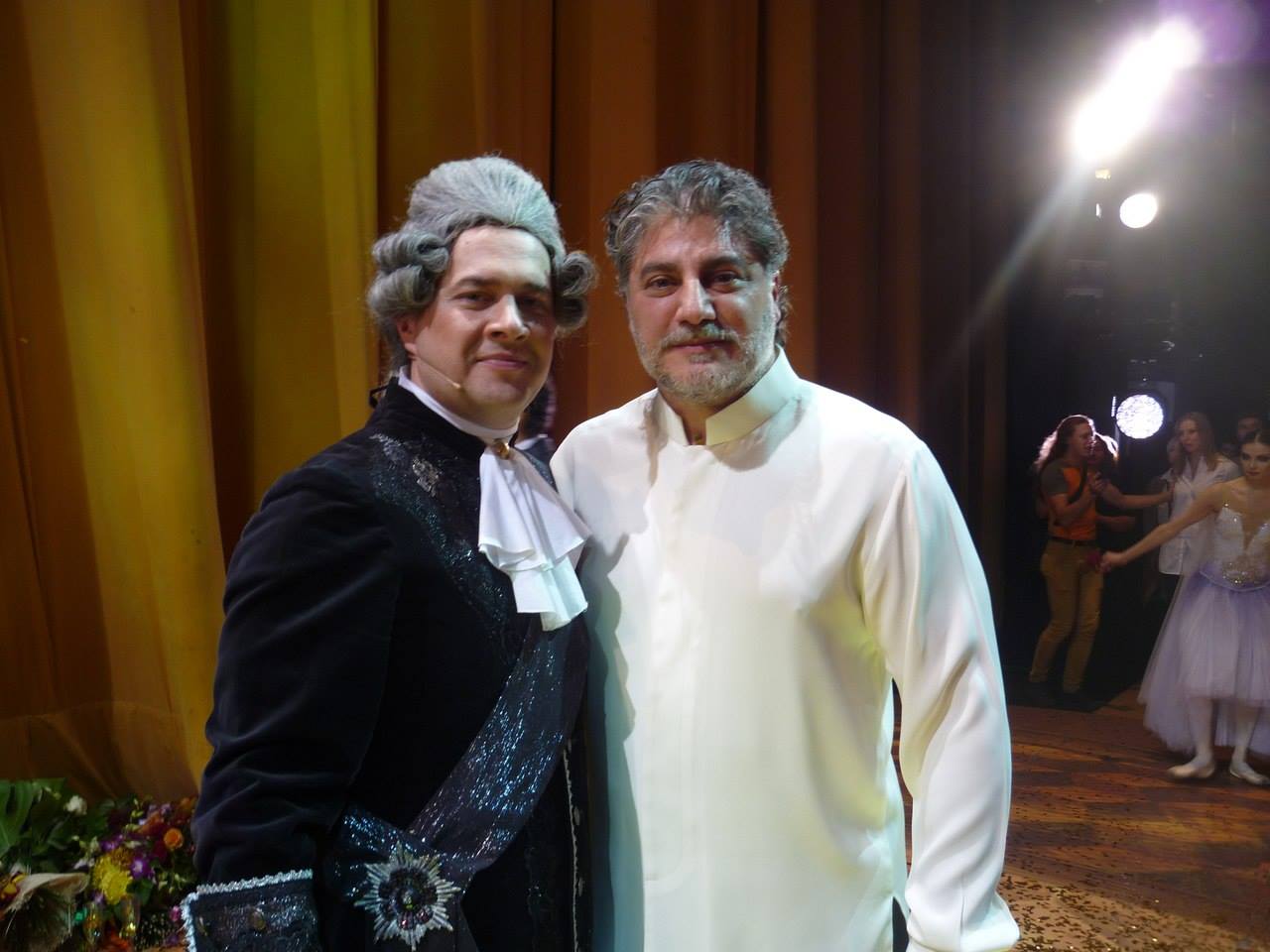
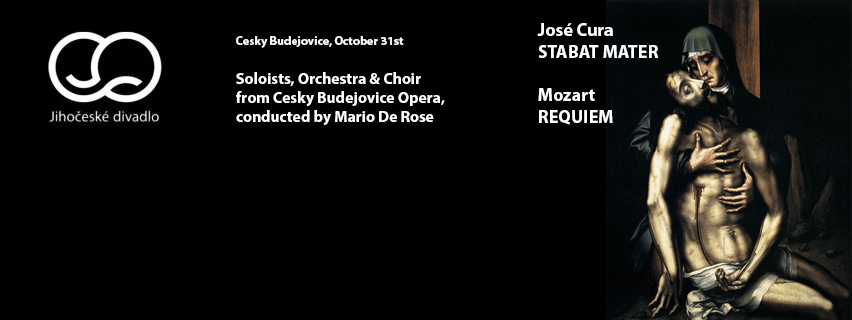
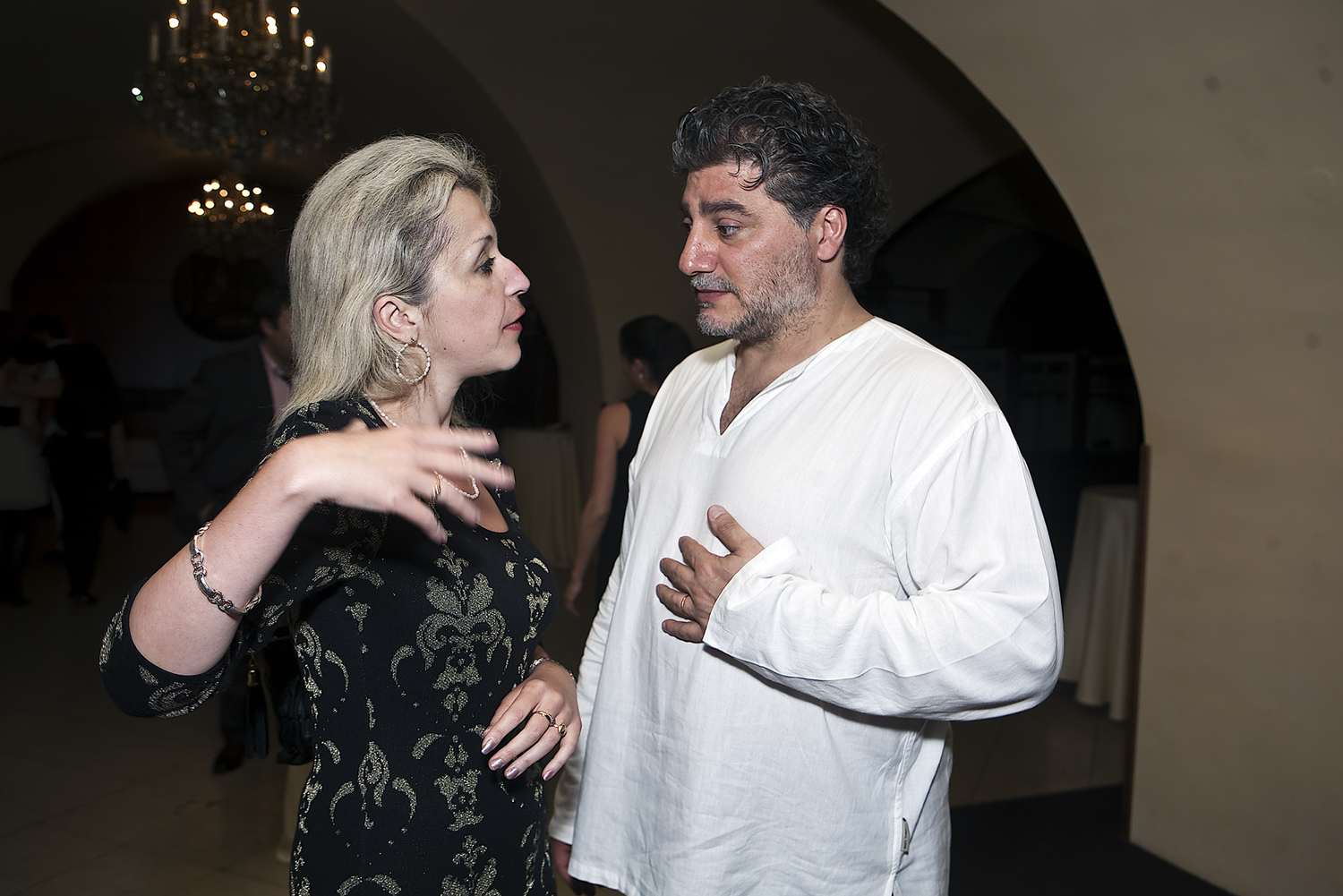
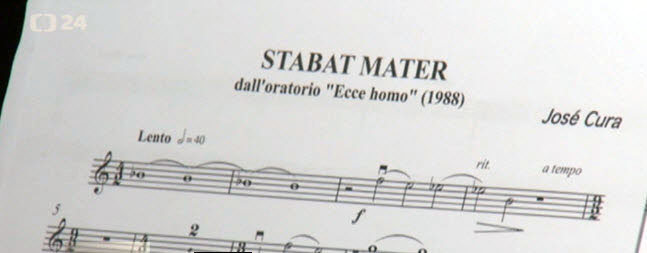
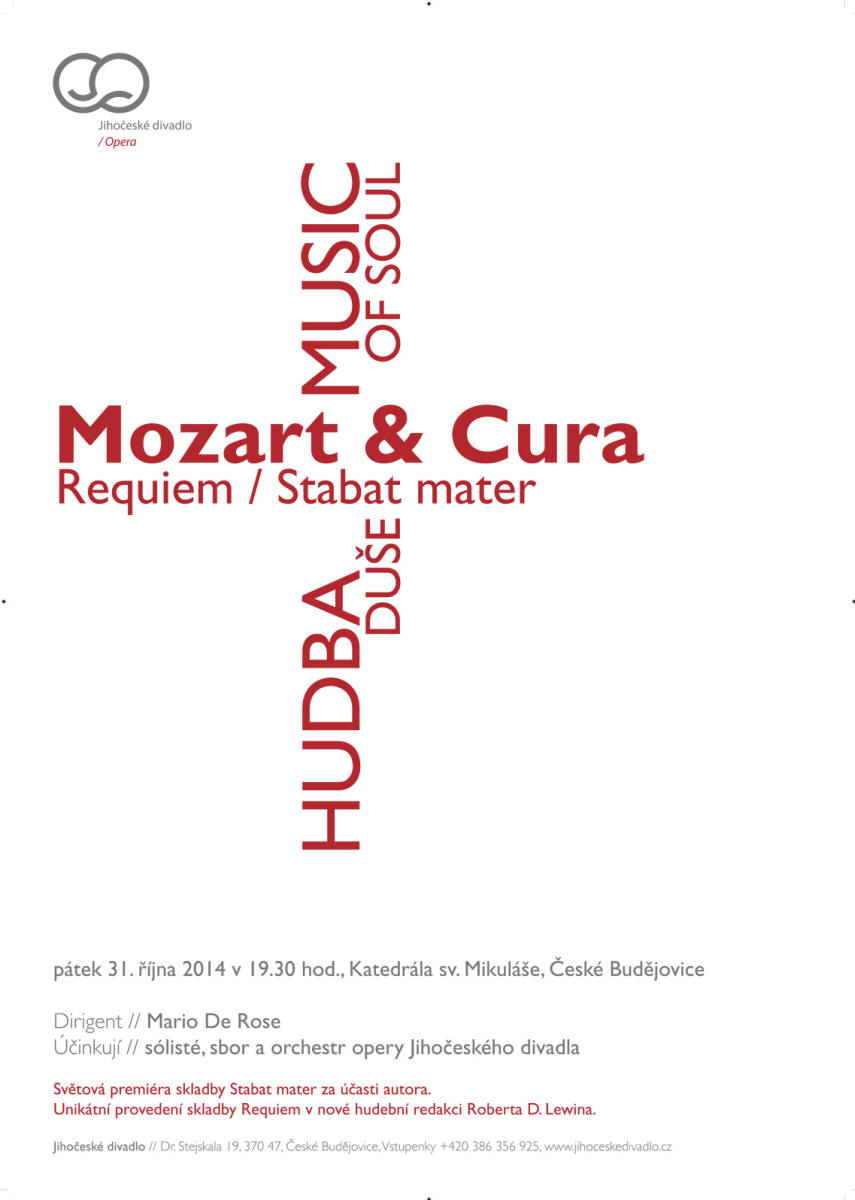
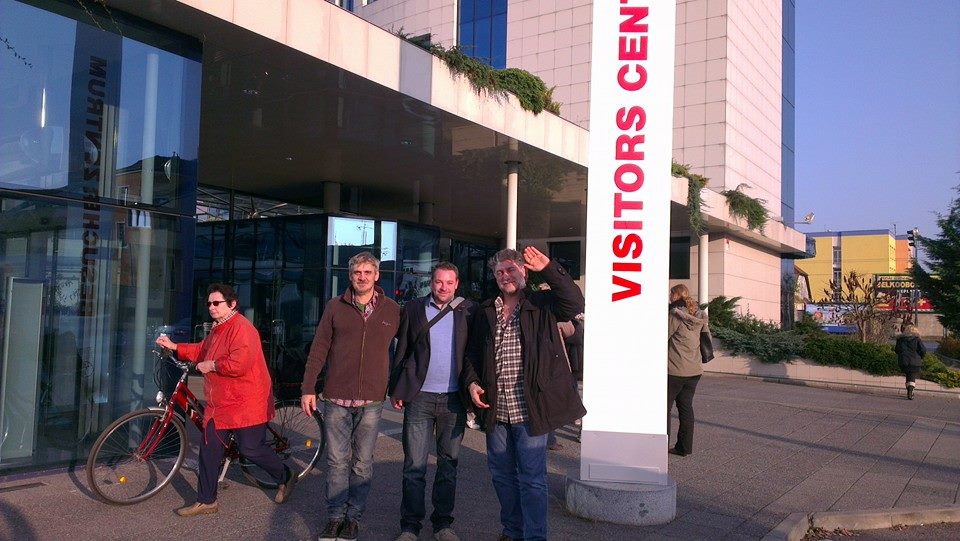
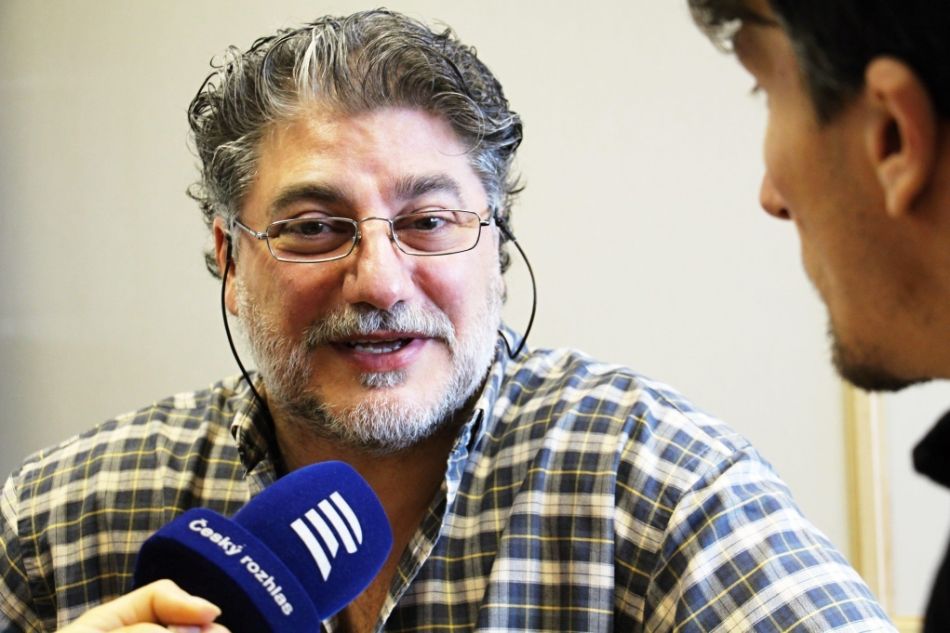
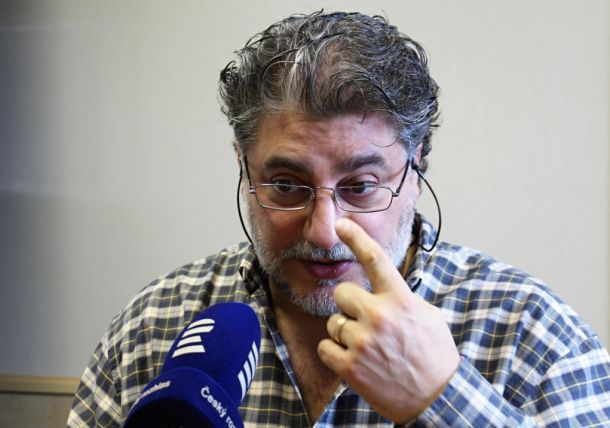
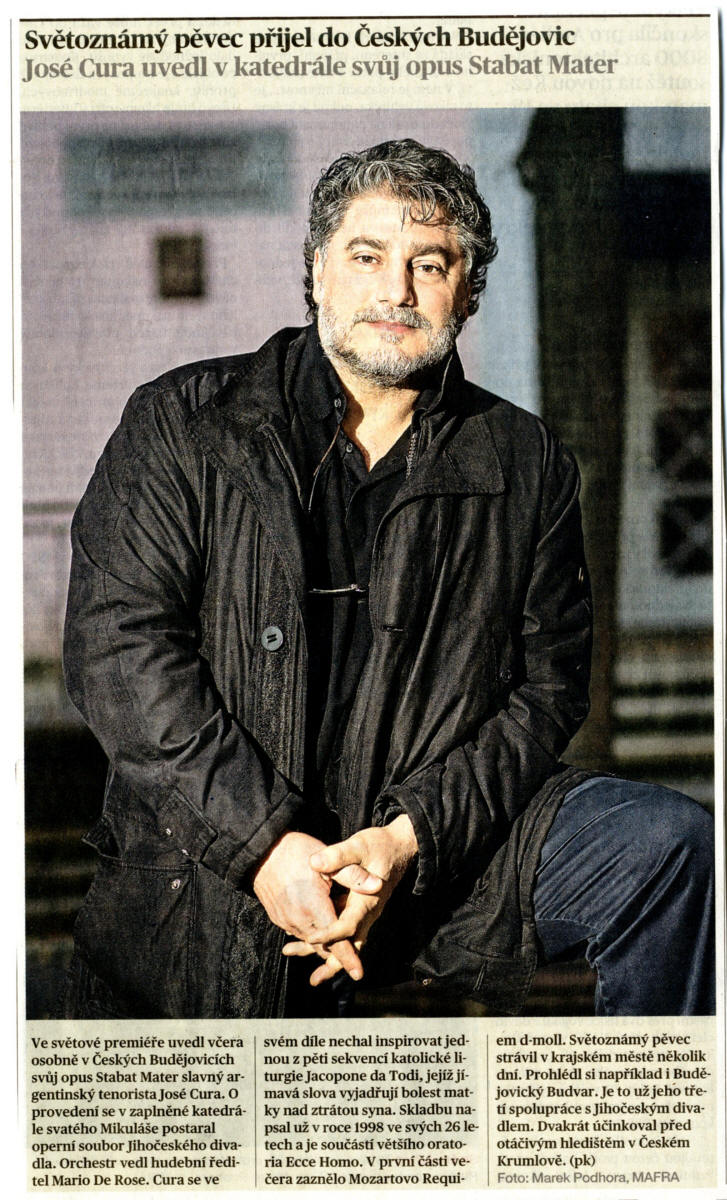
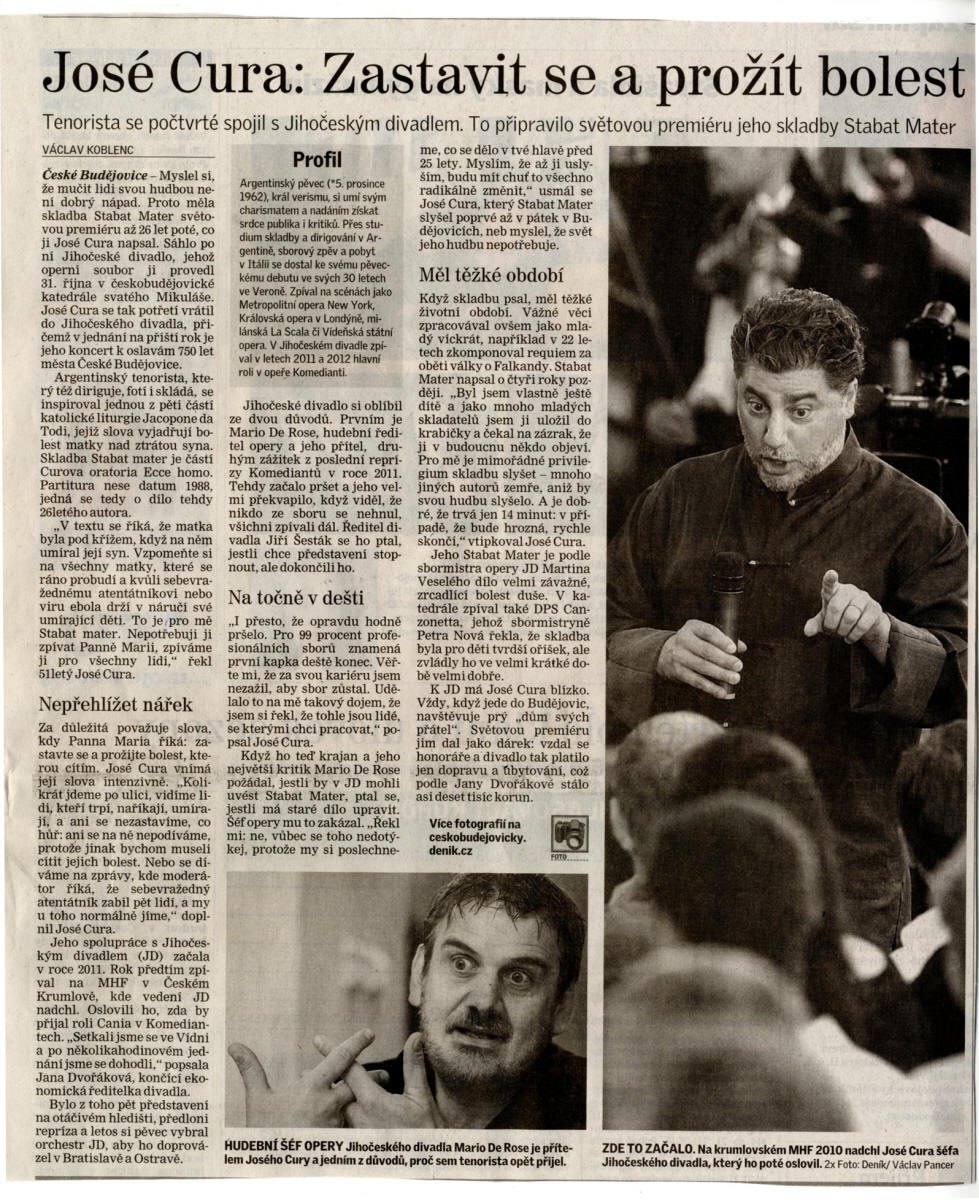
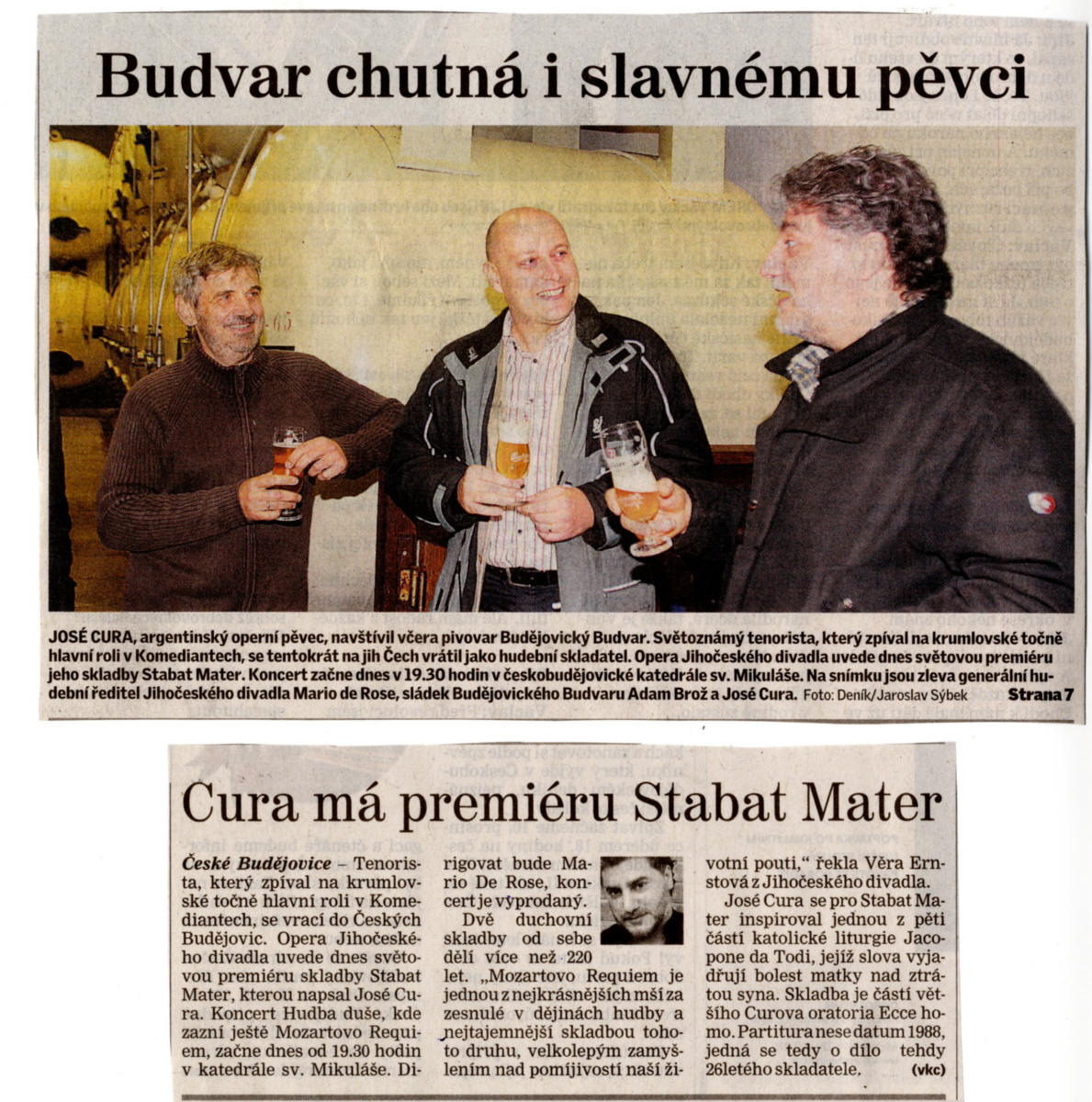
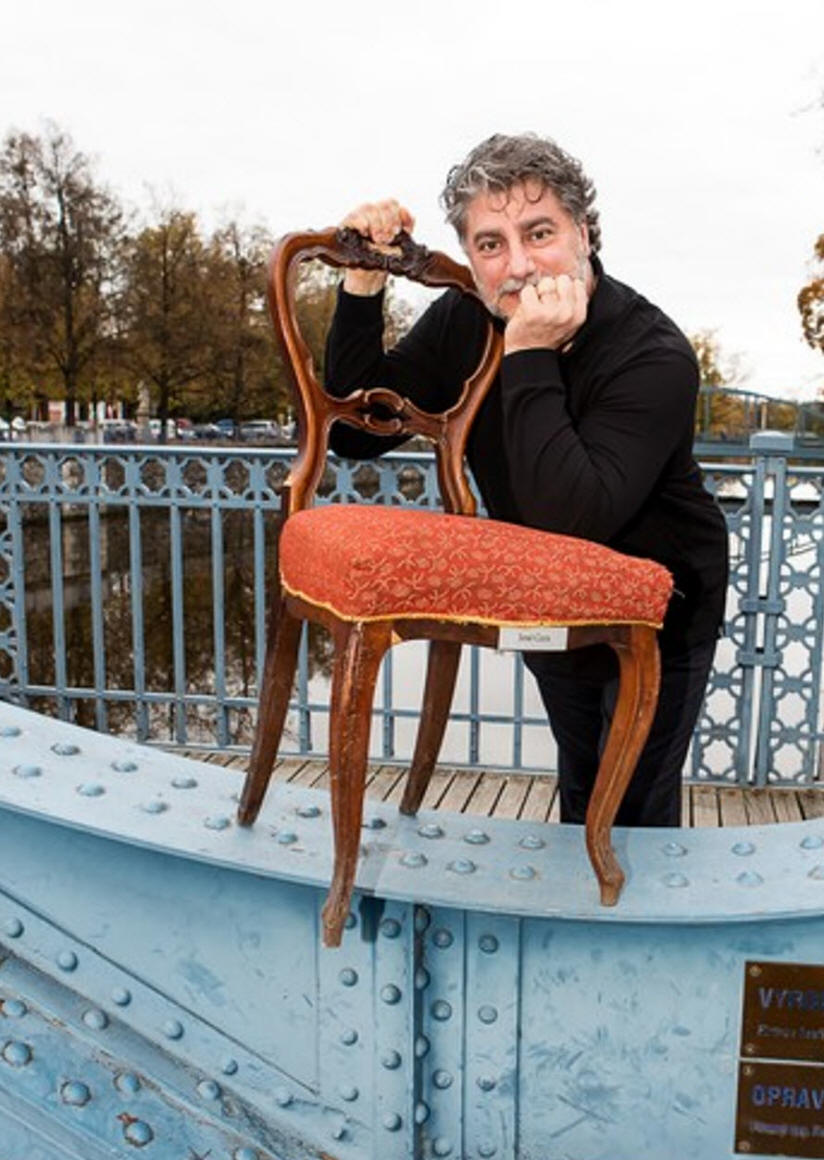
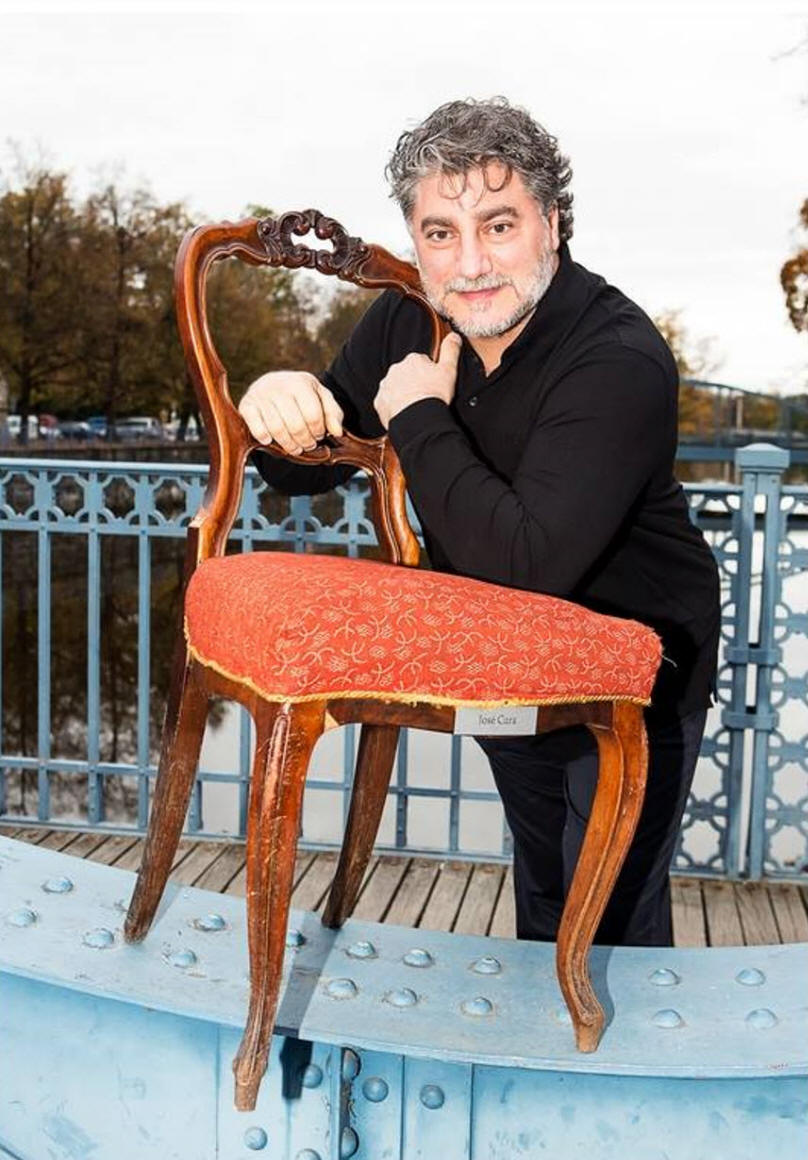
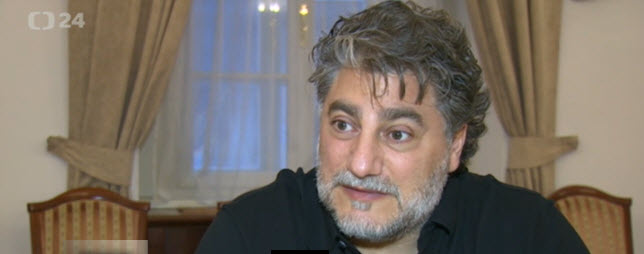
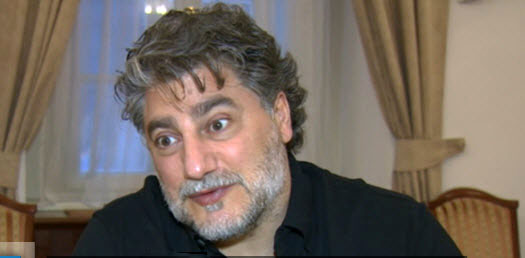
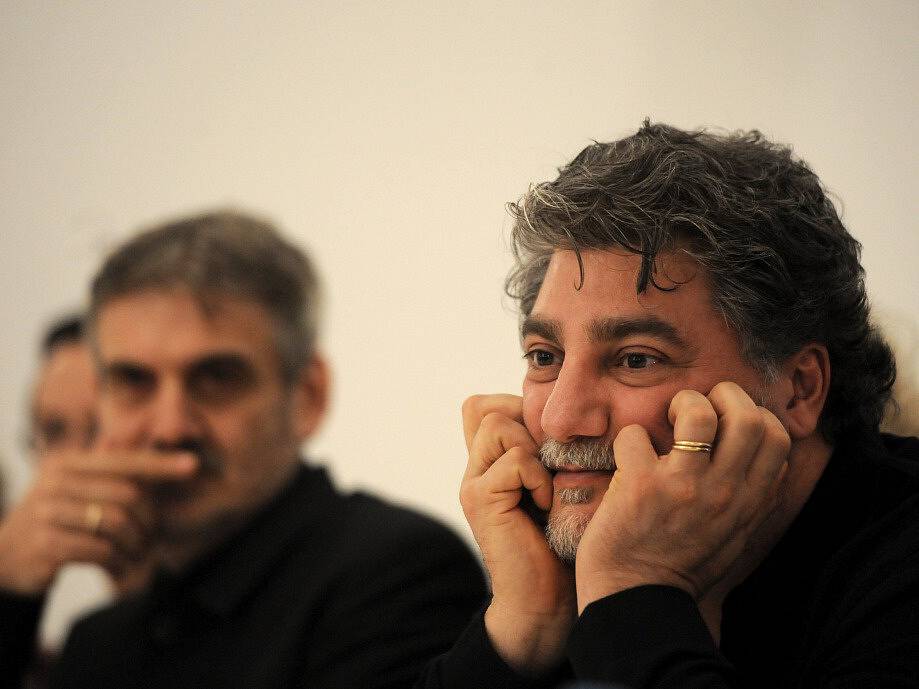
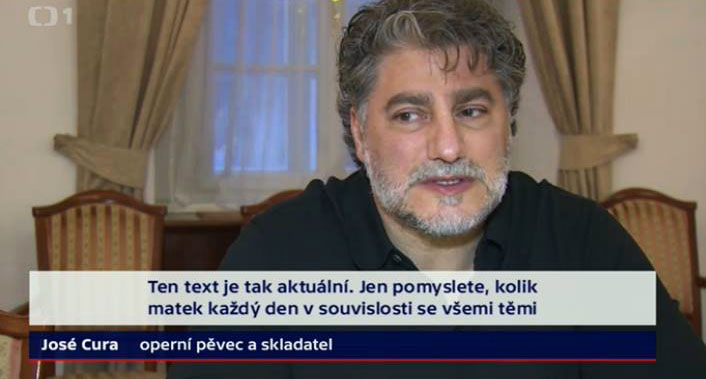
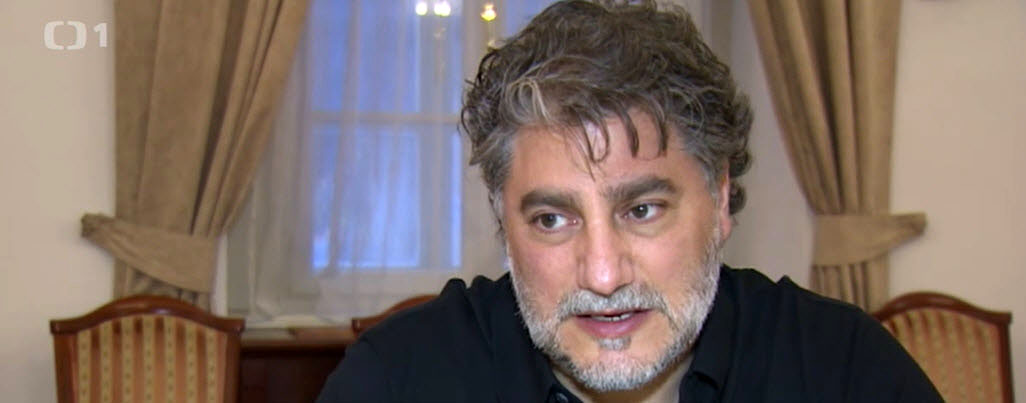
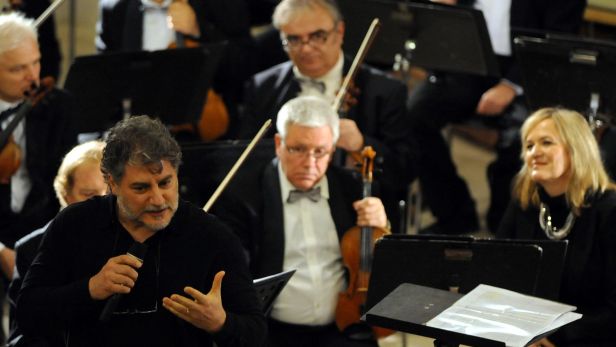
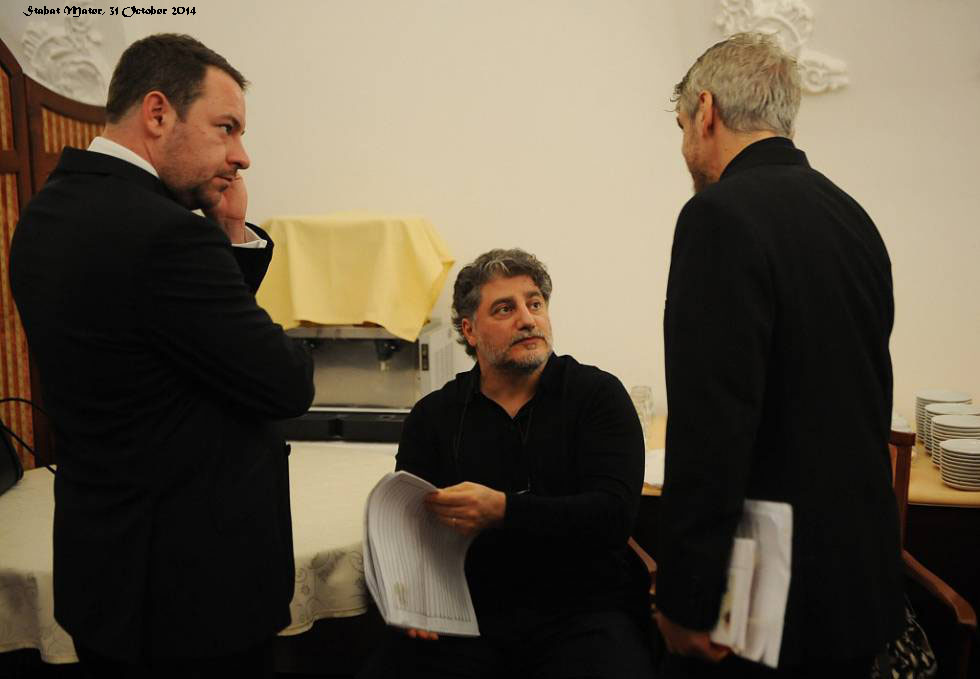
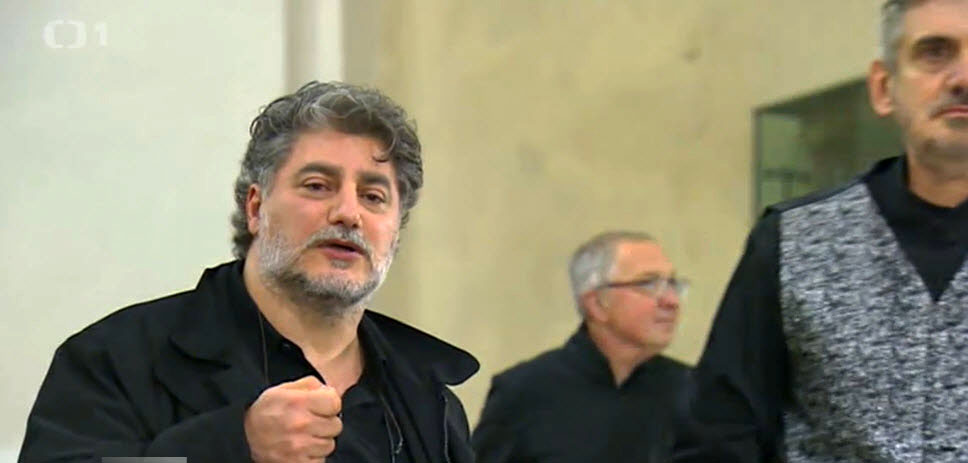
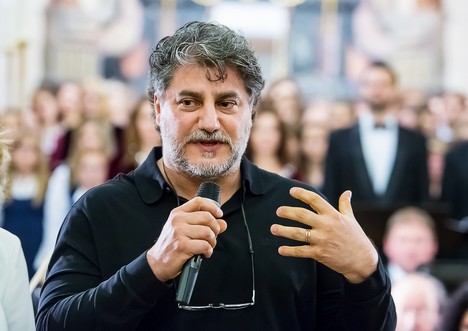
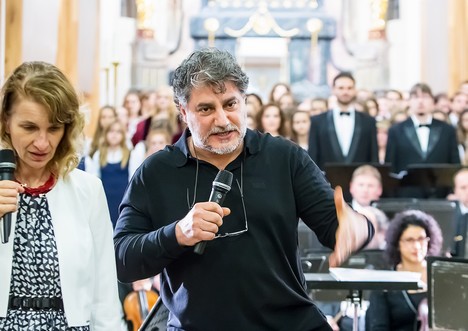
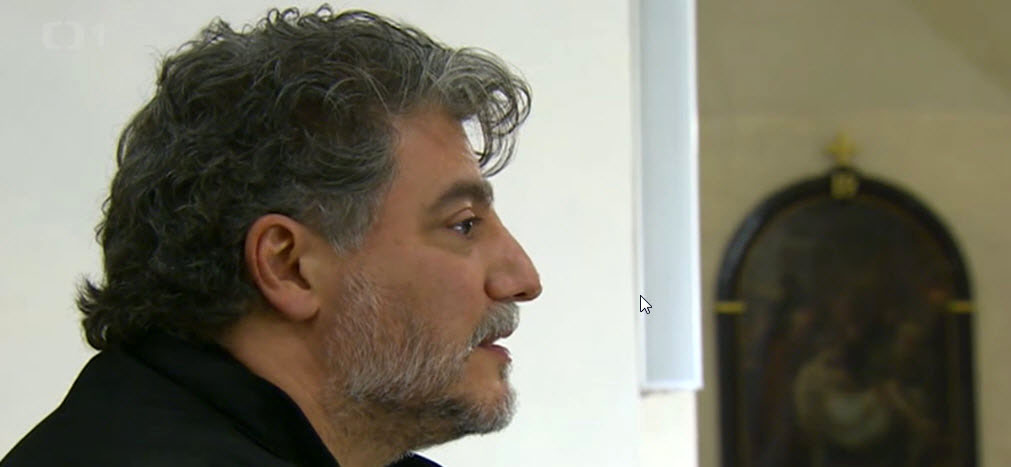
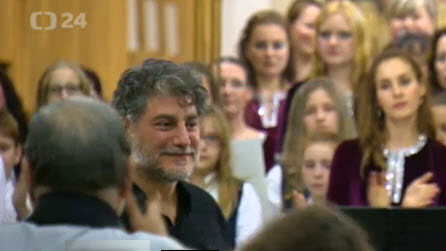
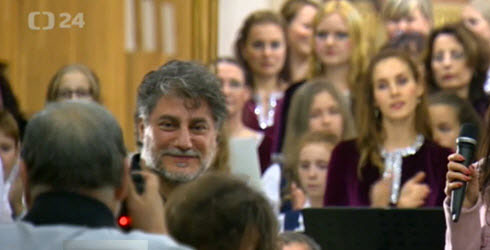
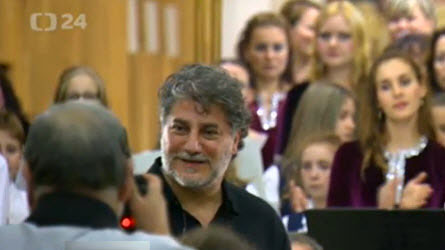
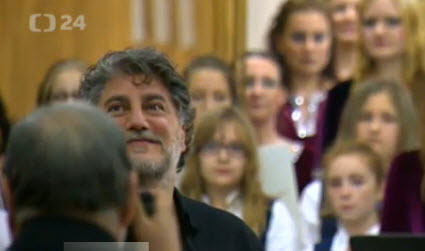
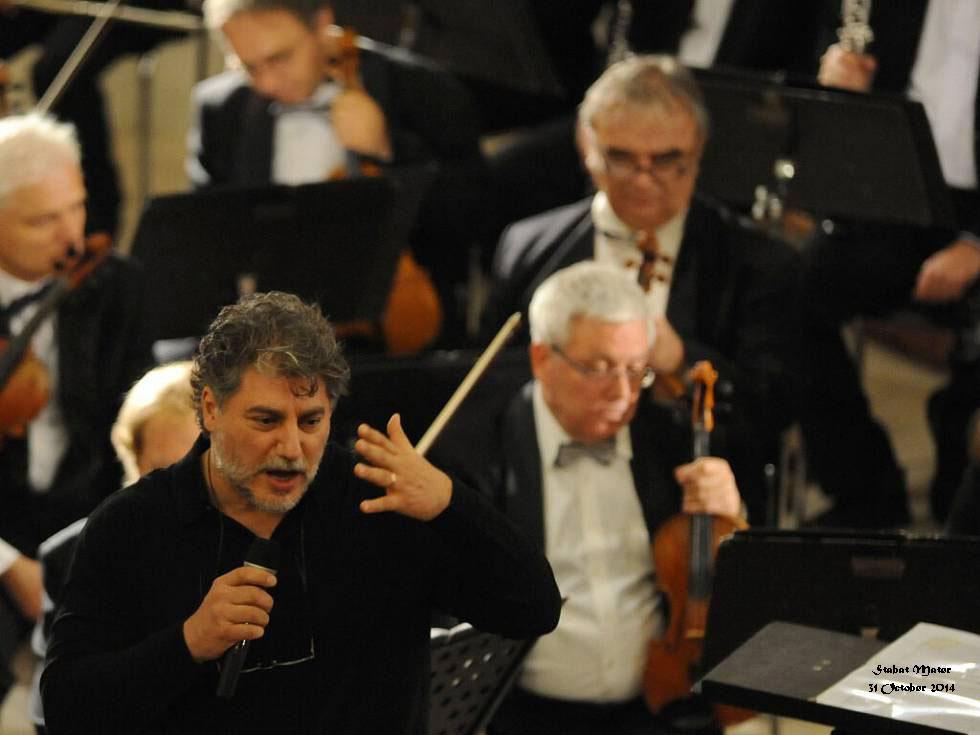
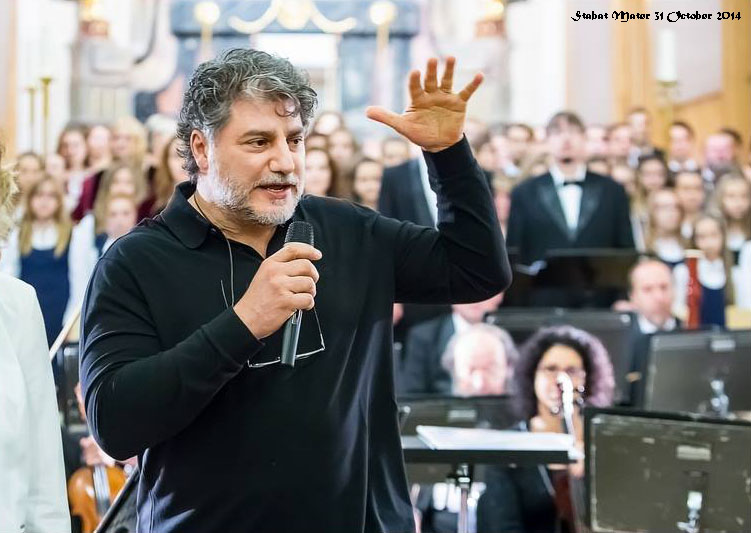
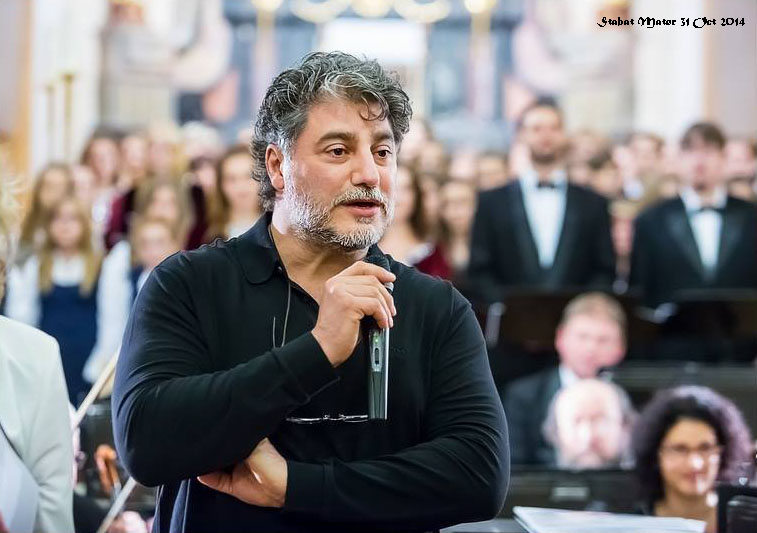
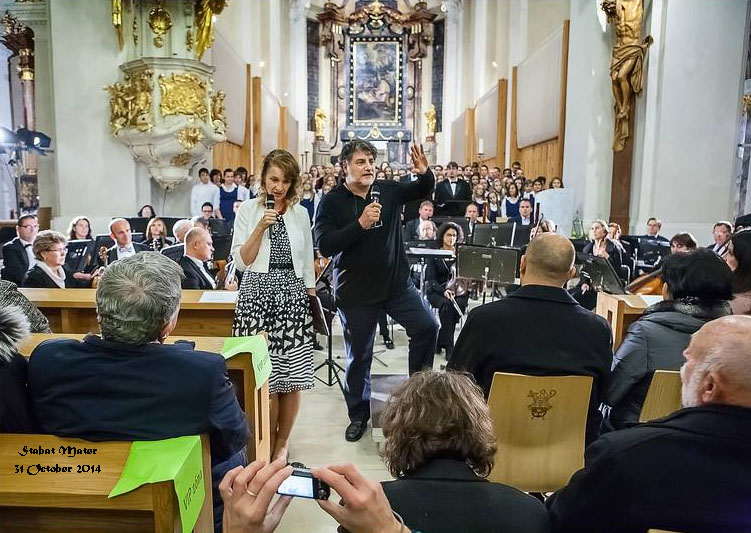
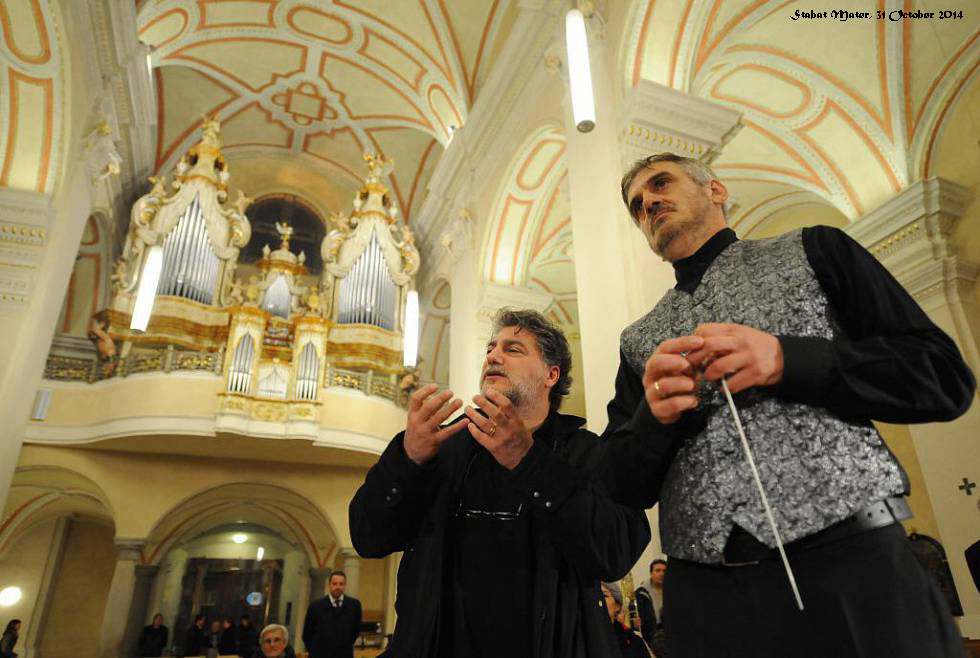
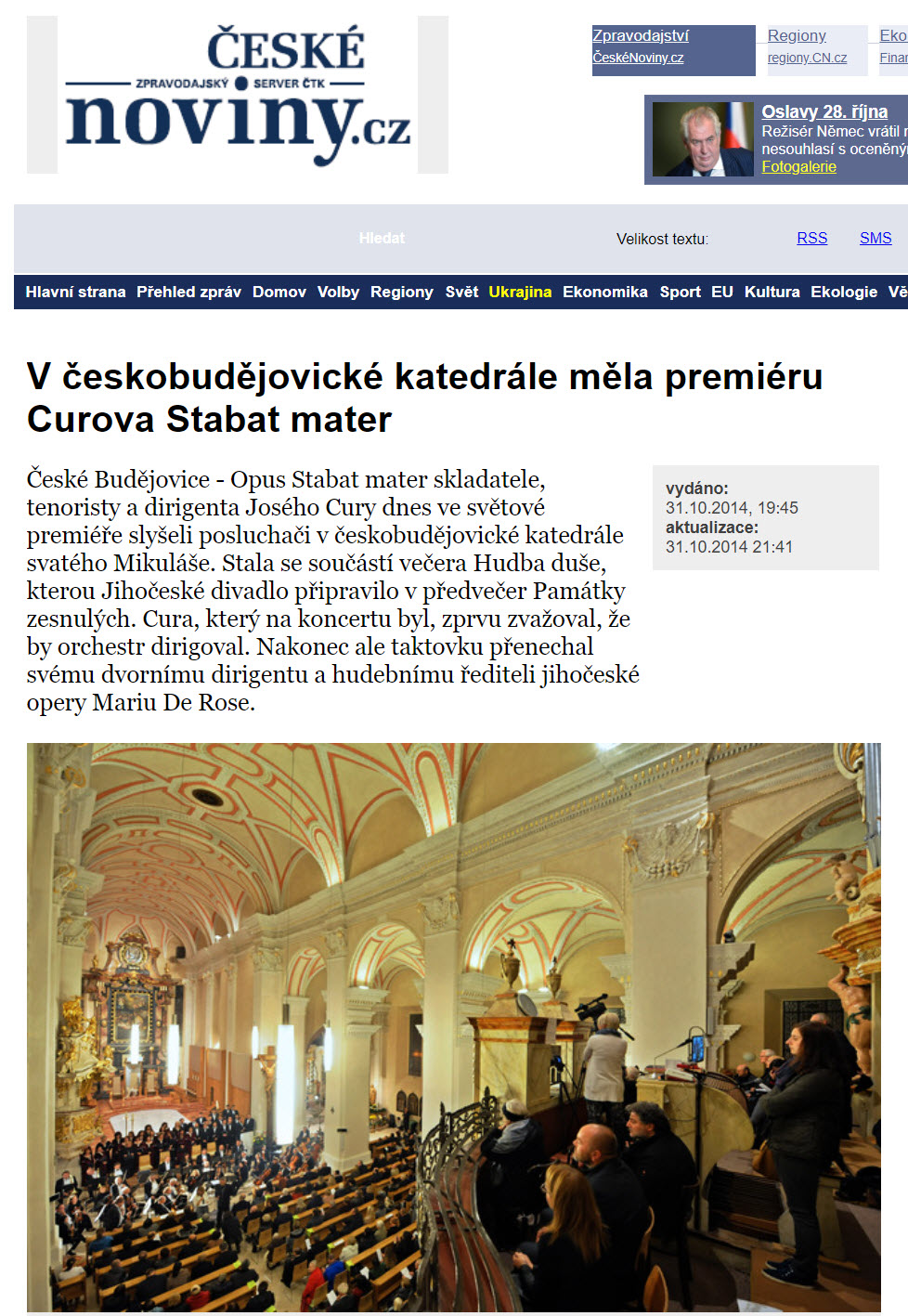
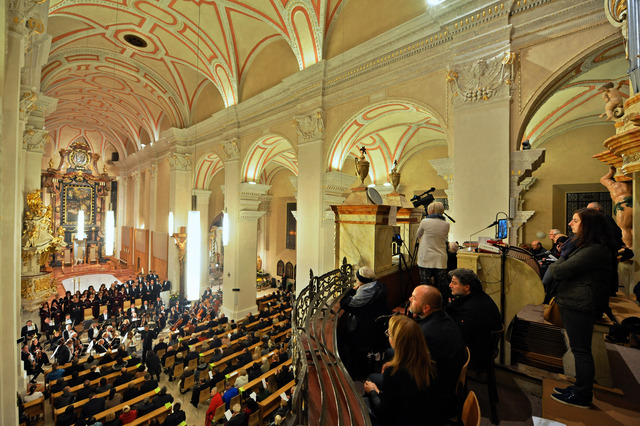
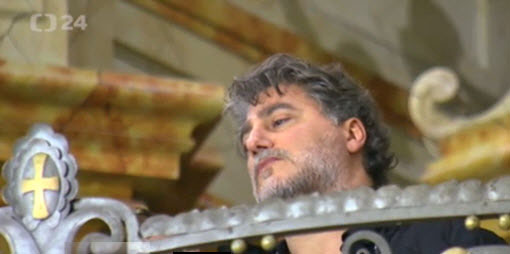
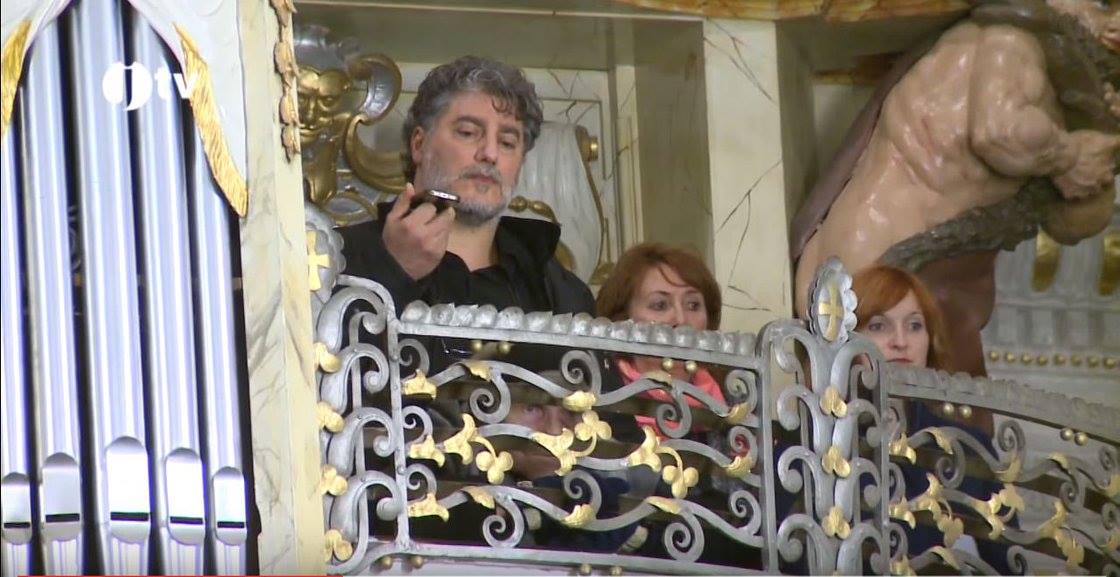
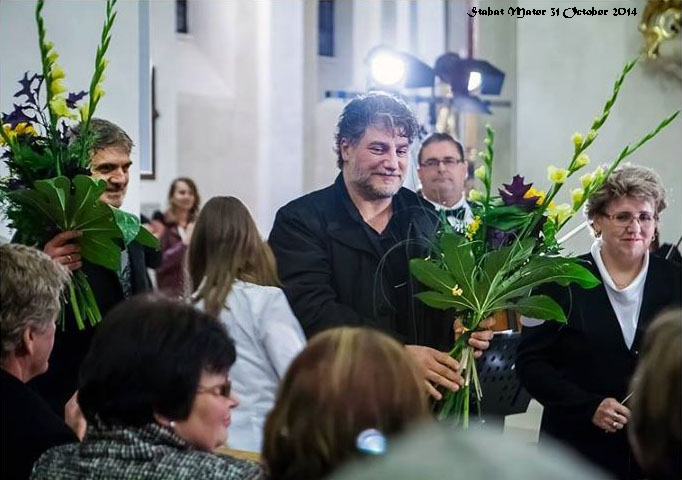
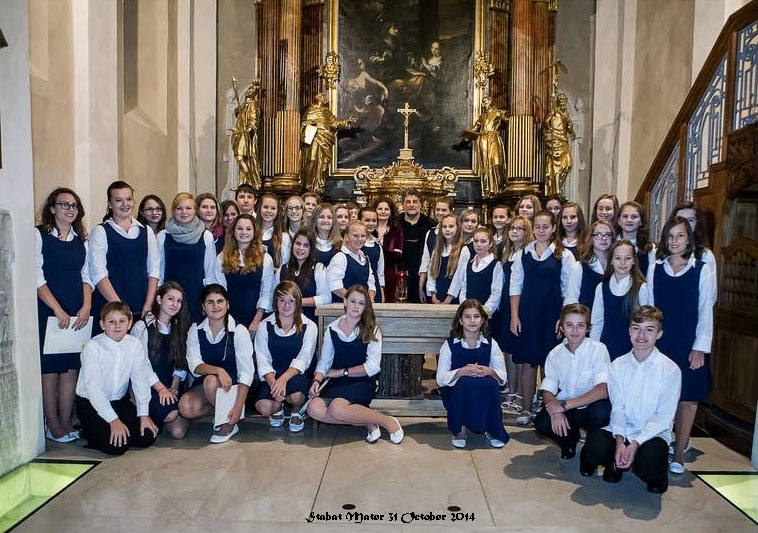
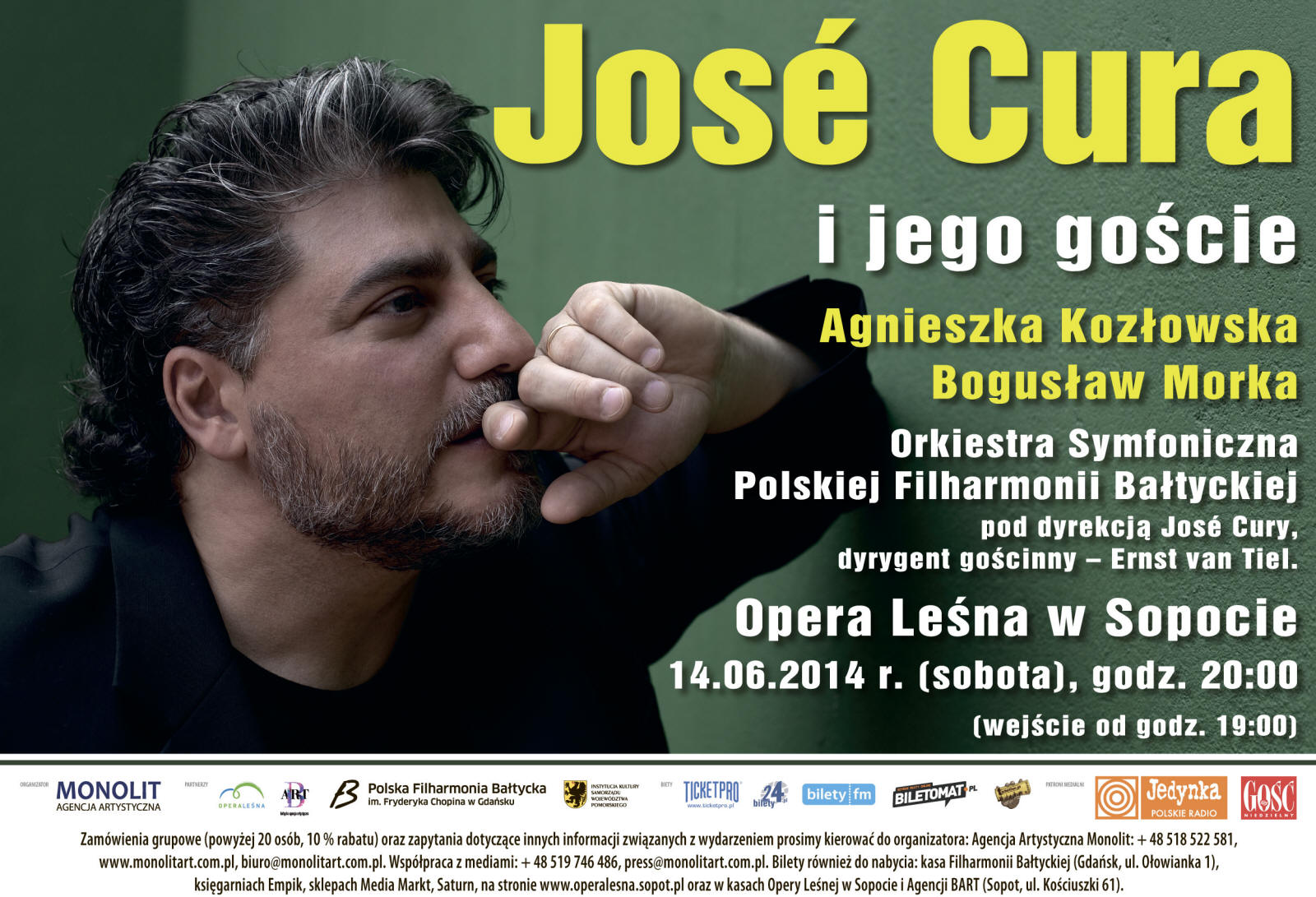
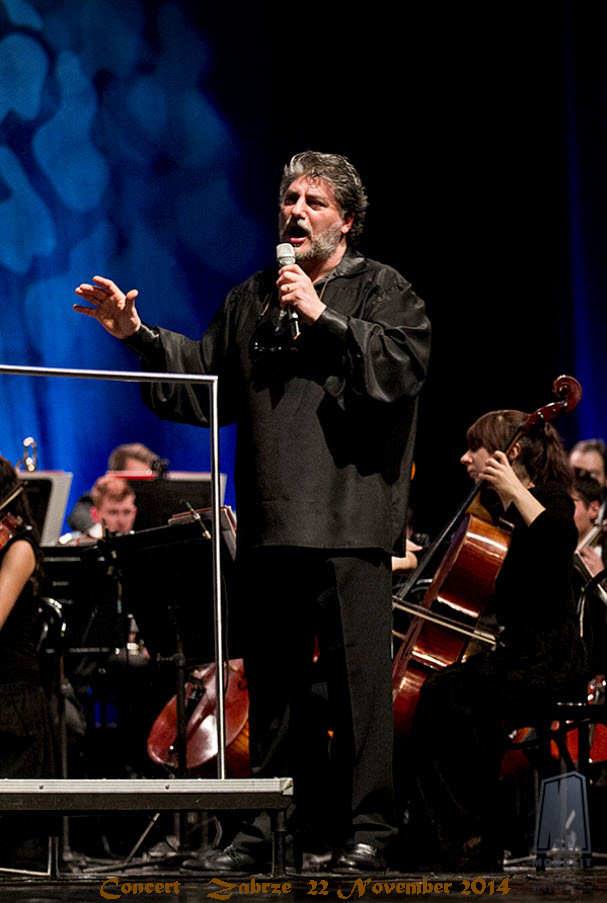
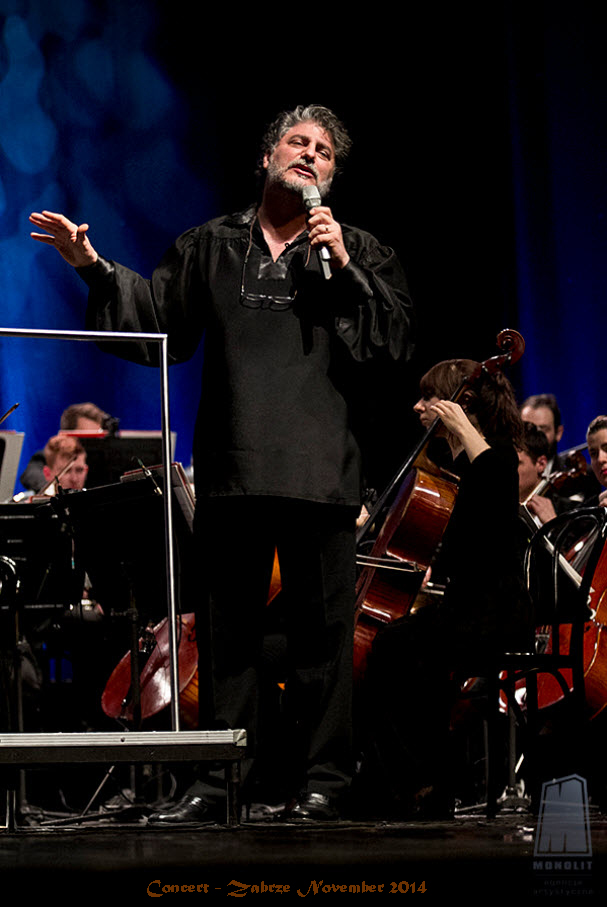
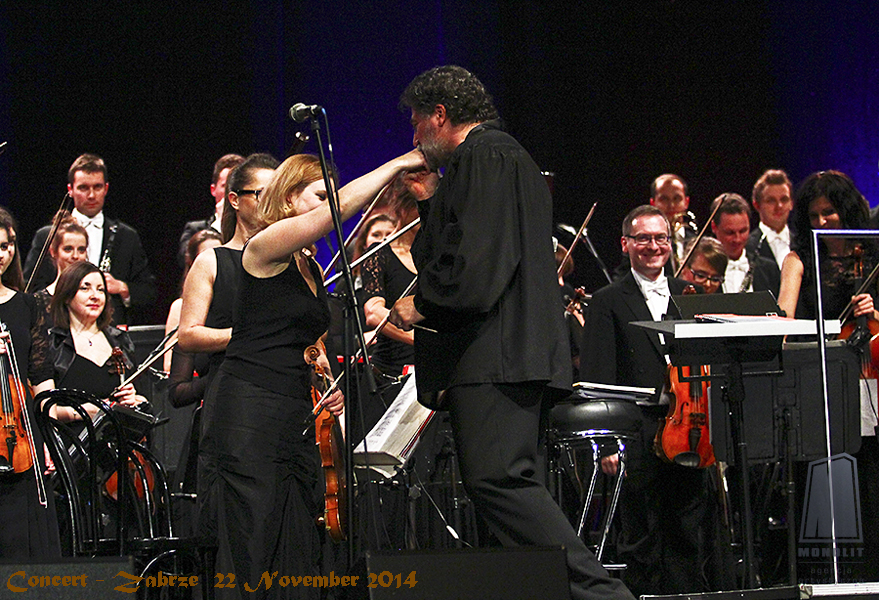
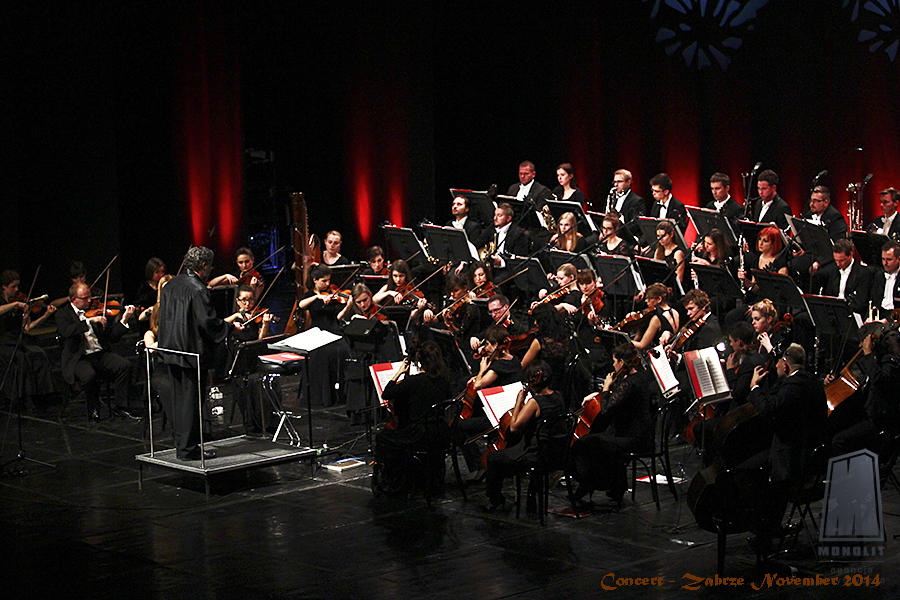
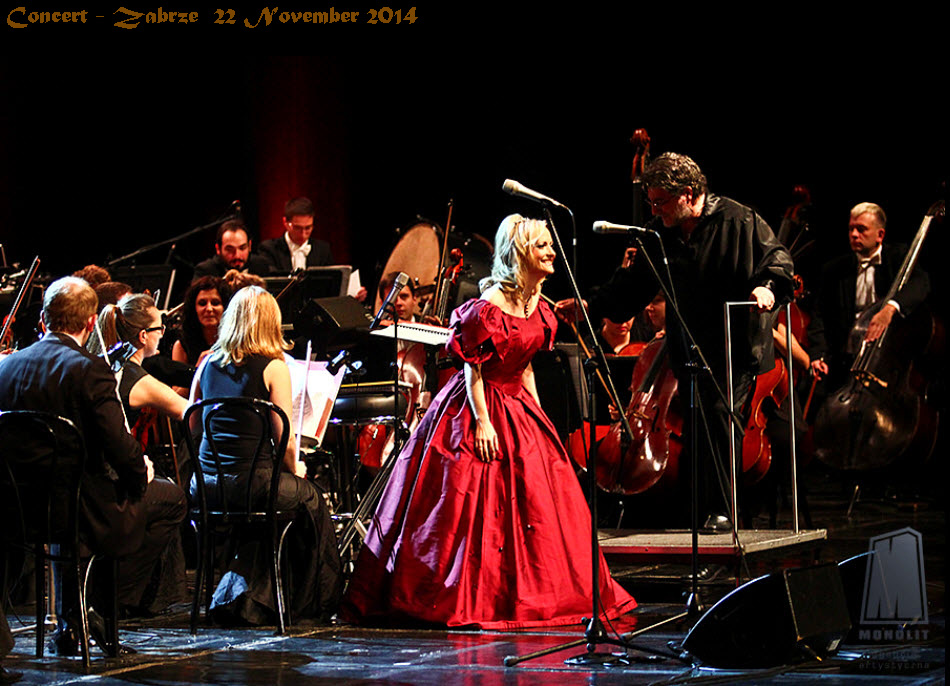
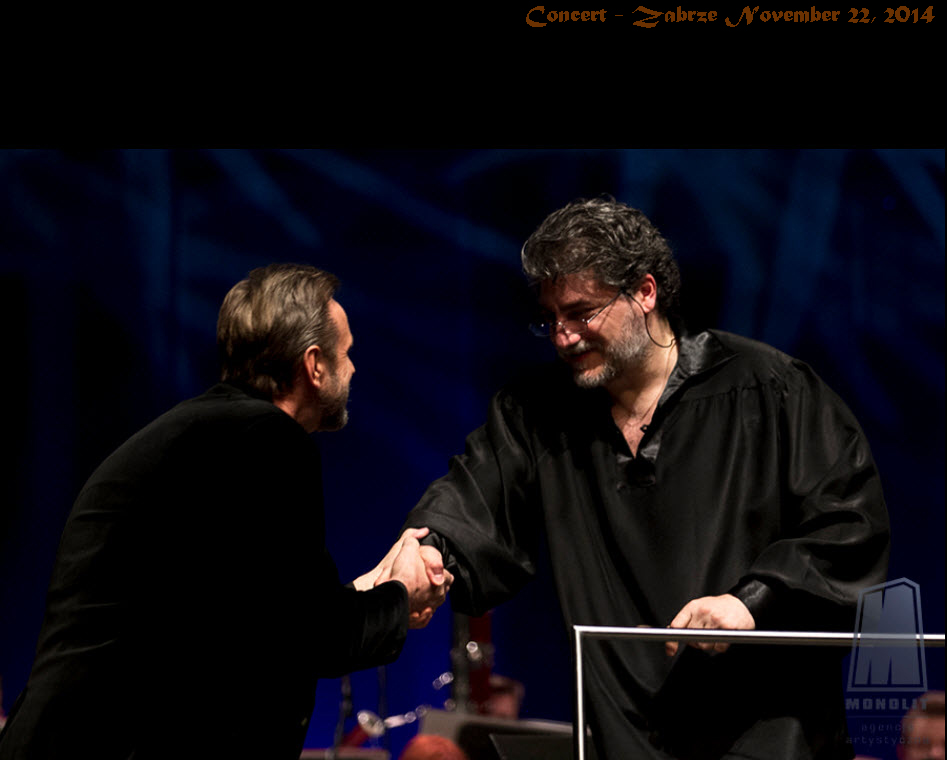
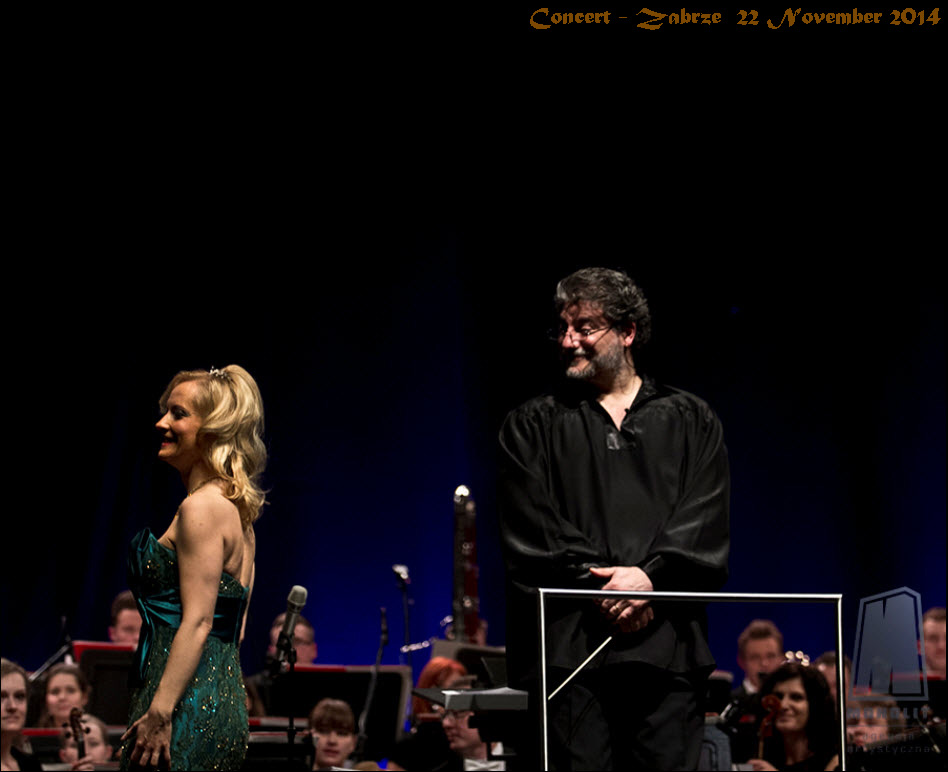
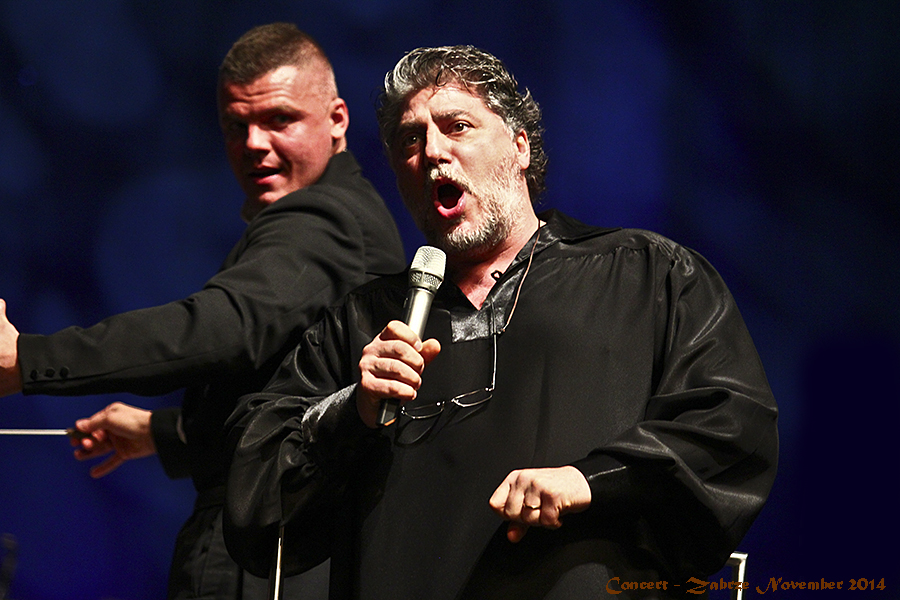
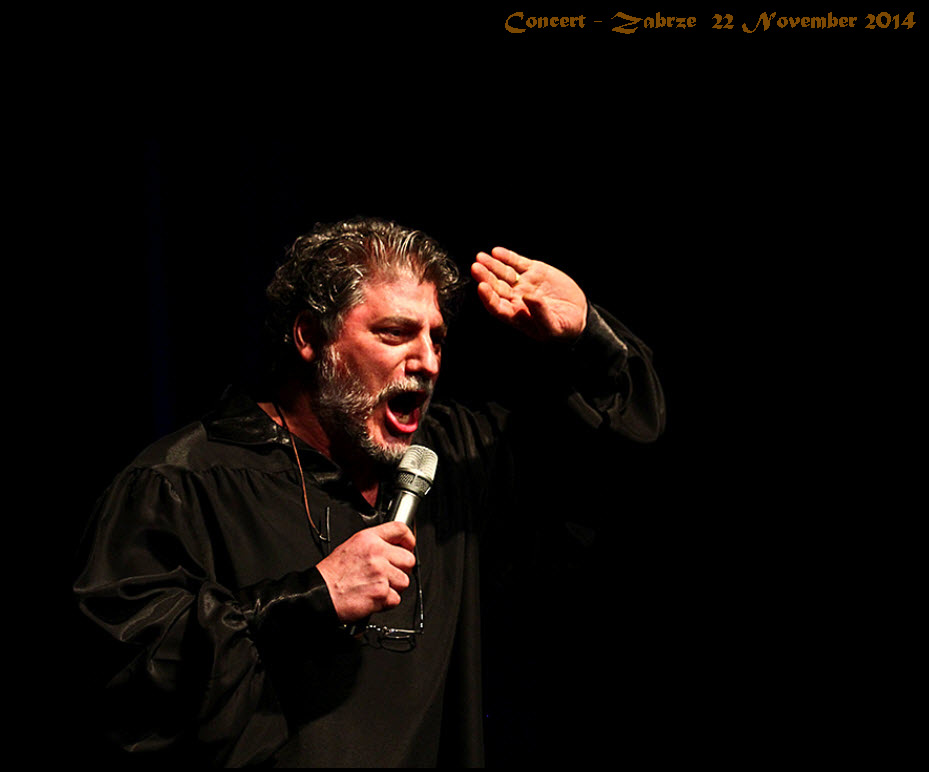
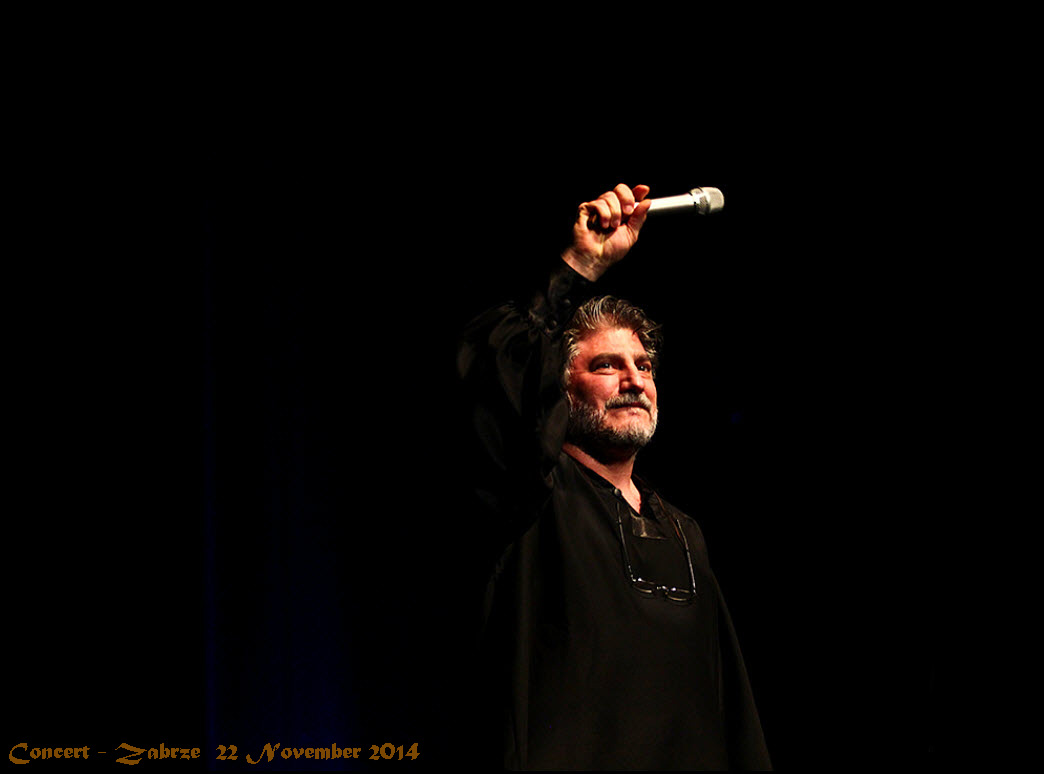
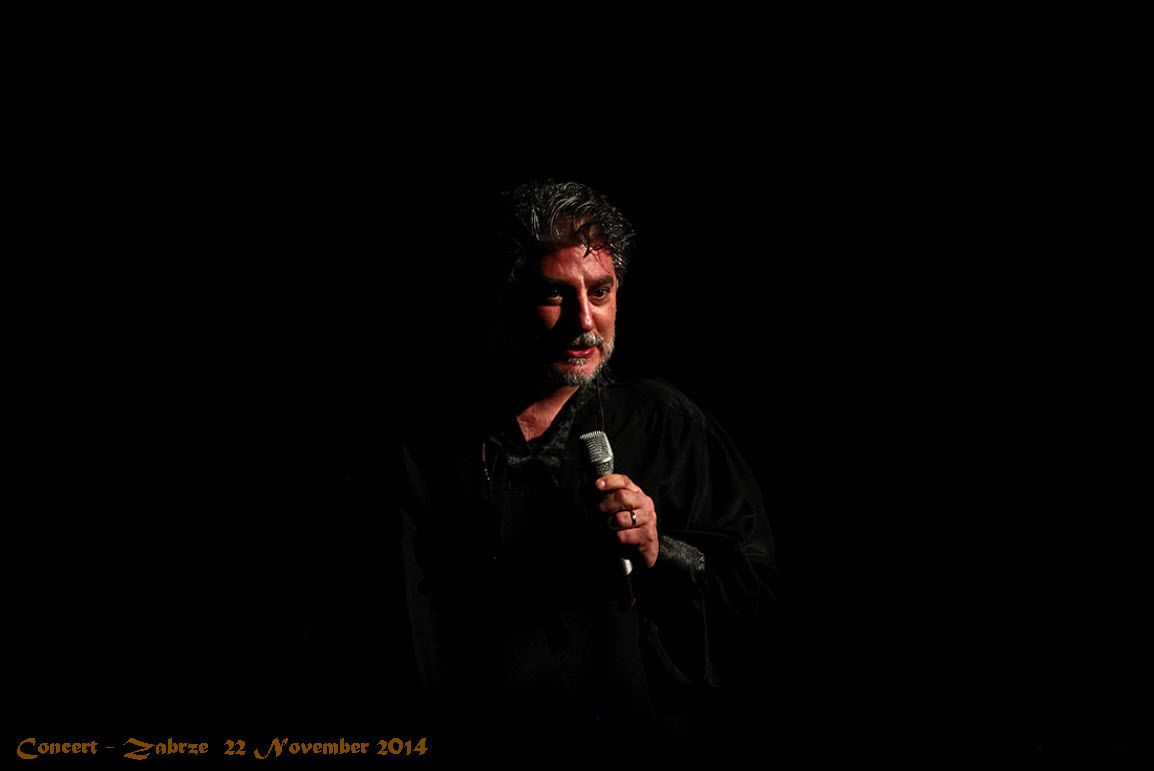
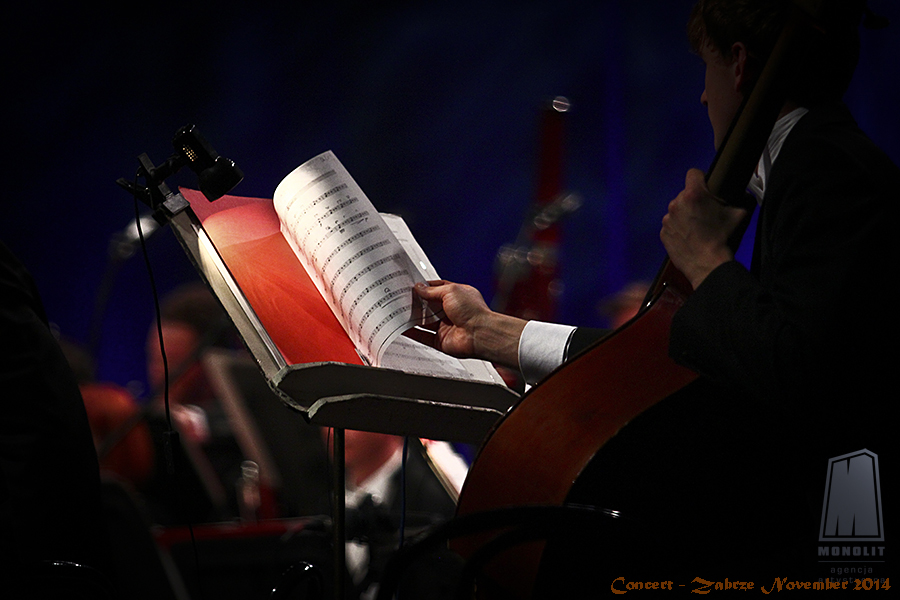
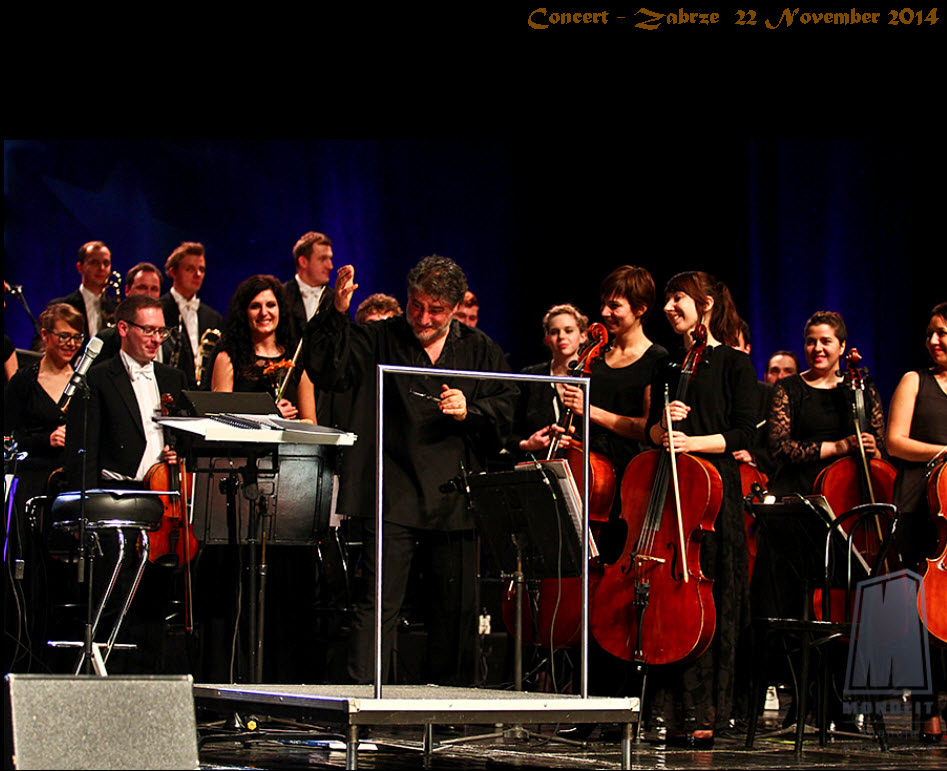
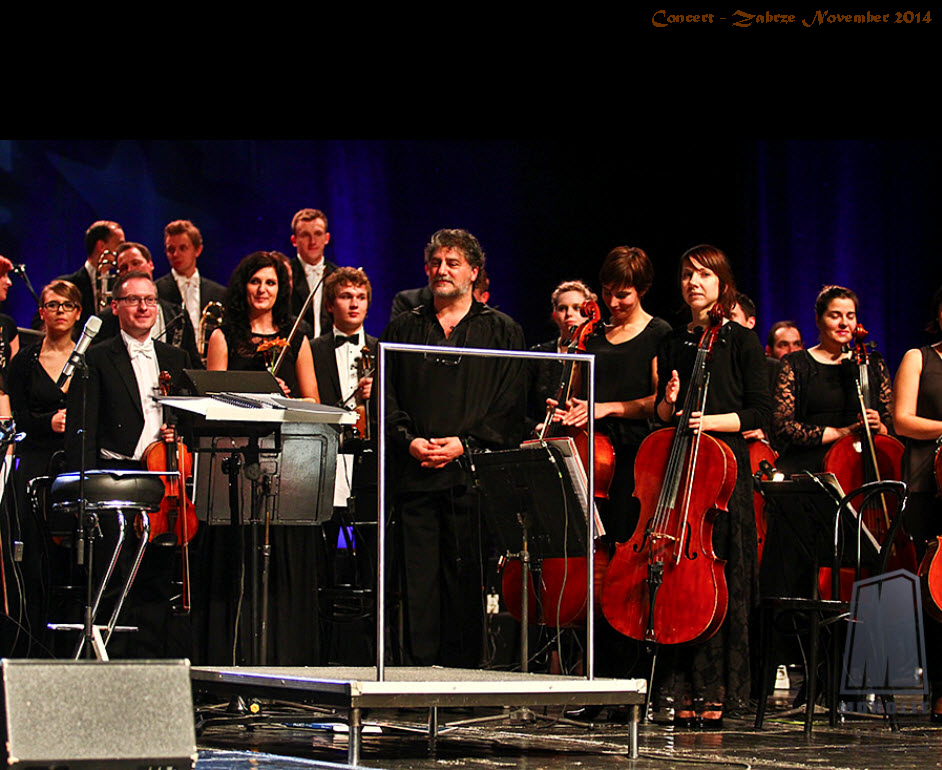
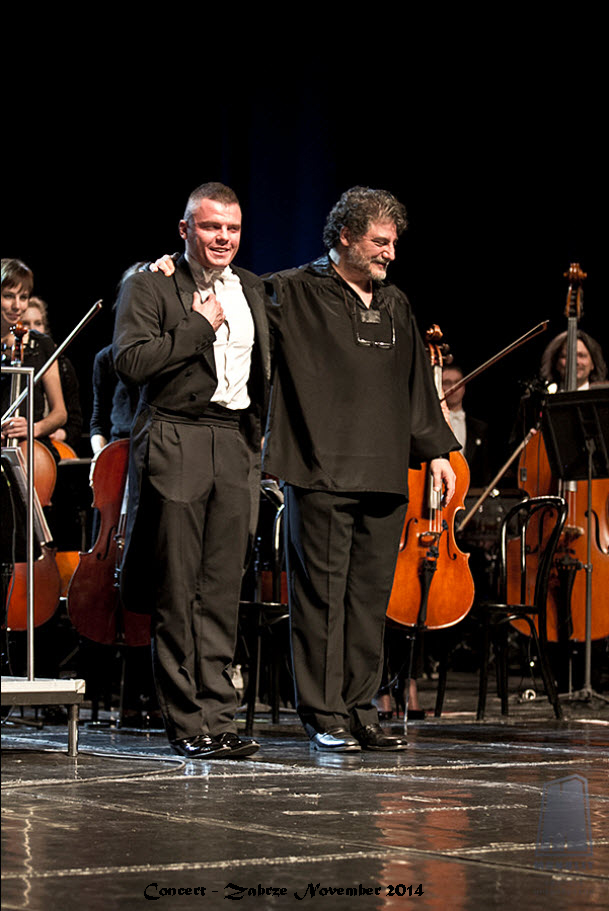
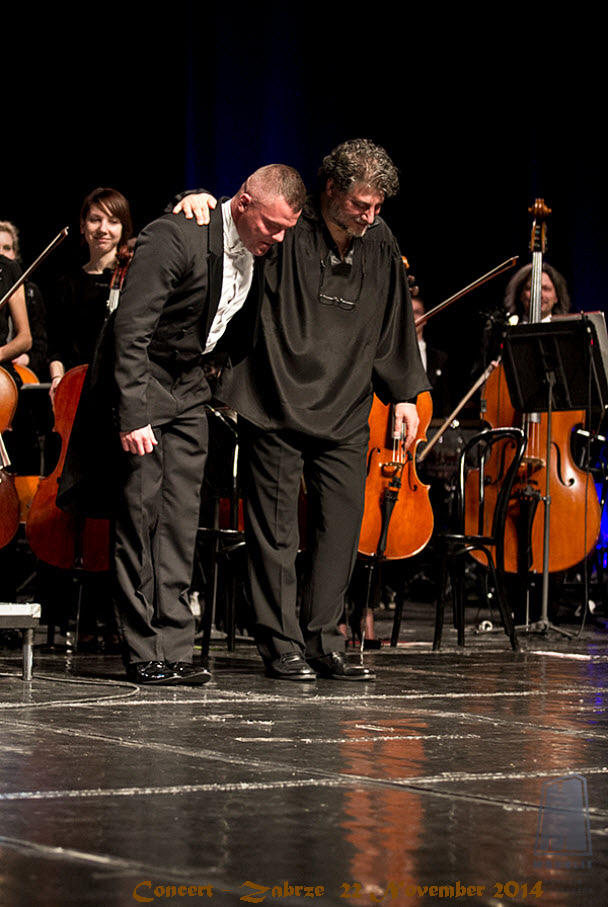

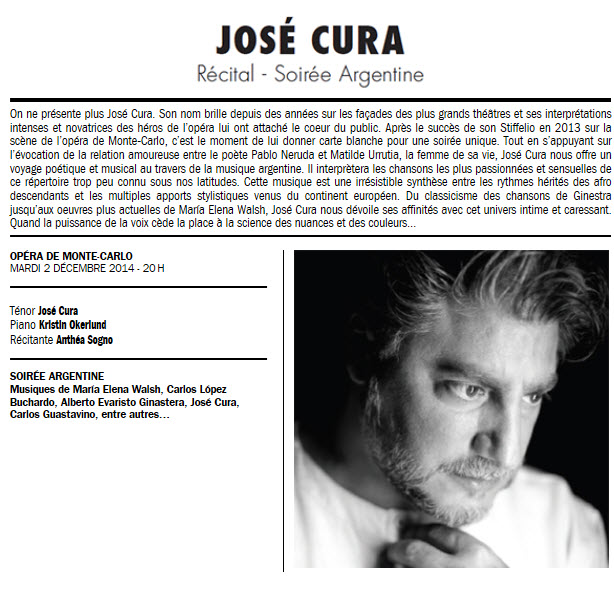
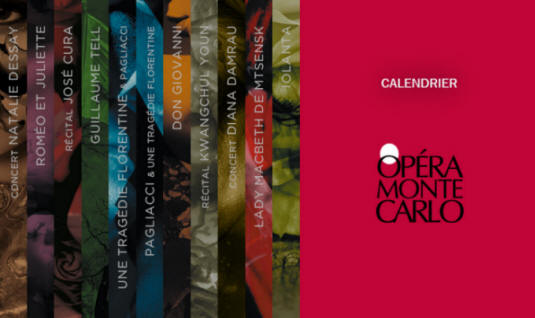
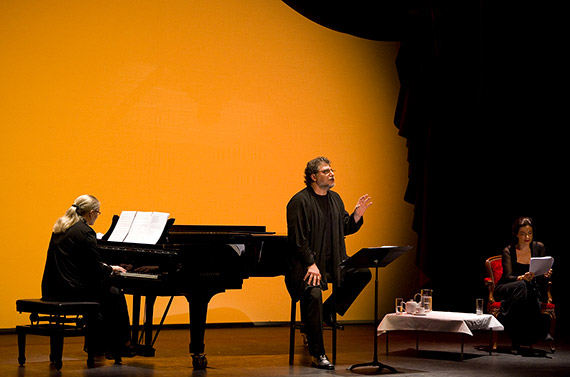
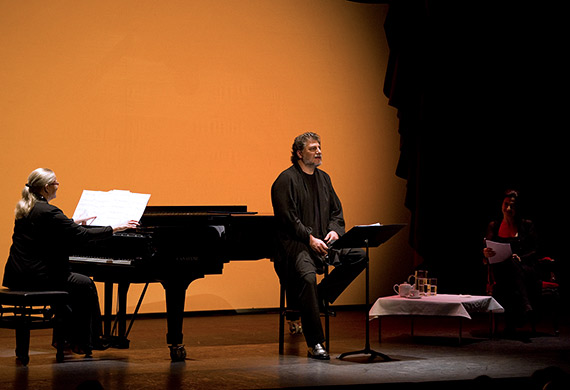
.jpg)
.jpg)
.jpg)
.jpg)
.jpg)
.jpg)
.jpg)
.jpg)
.jpg)
.jpg)
.jpg)